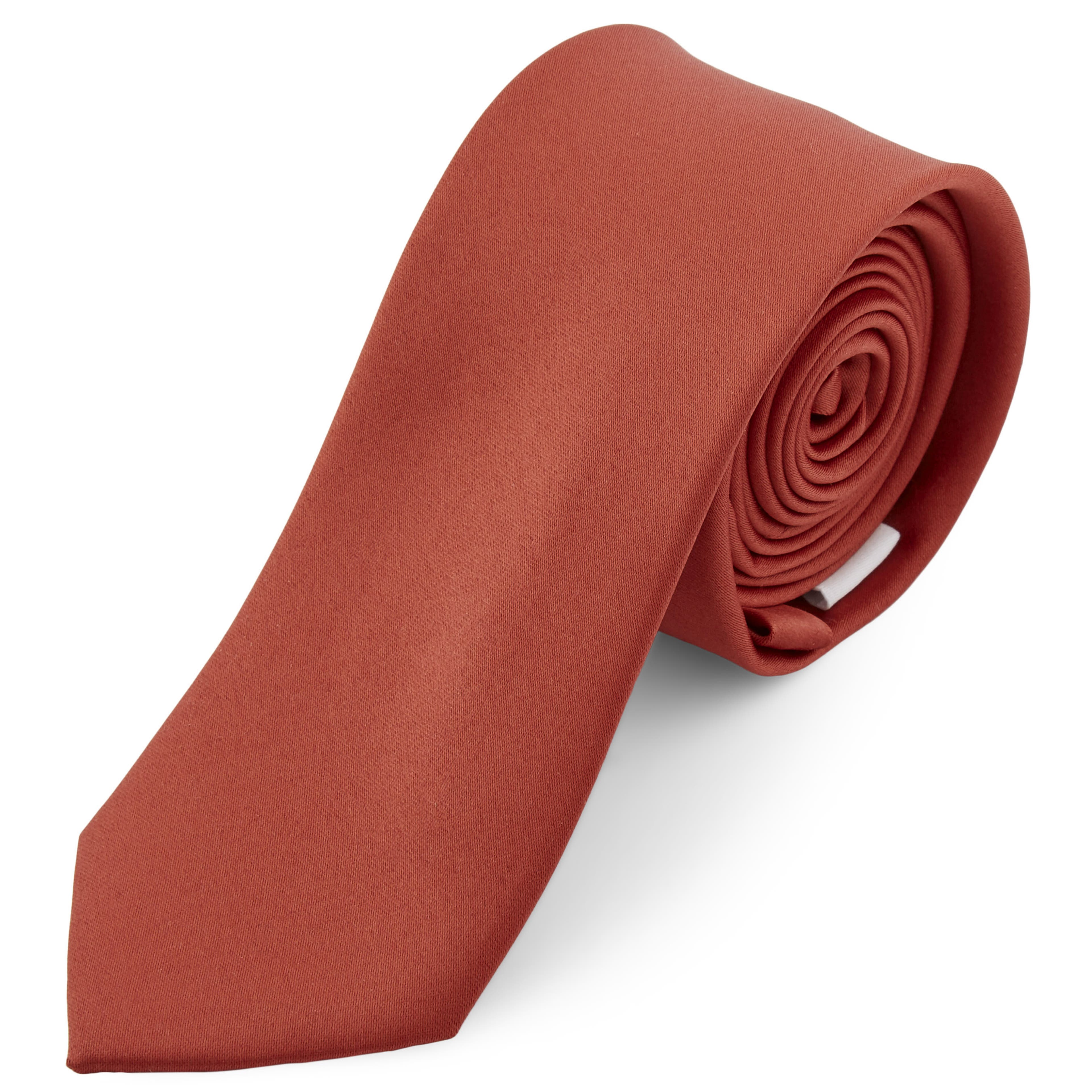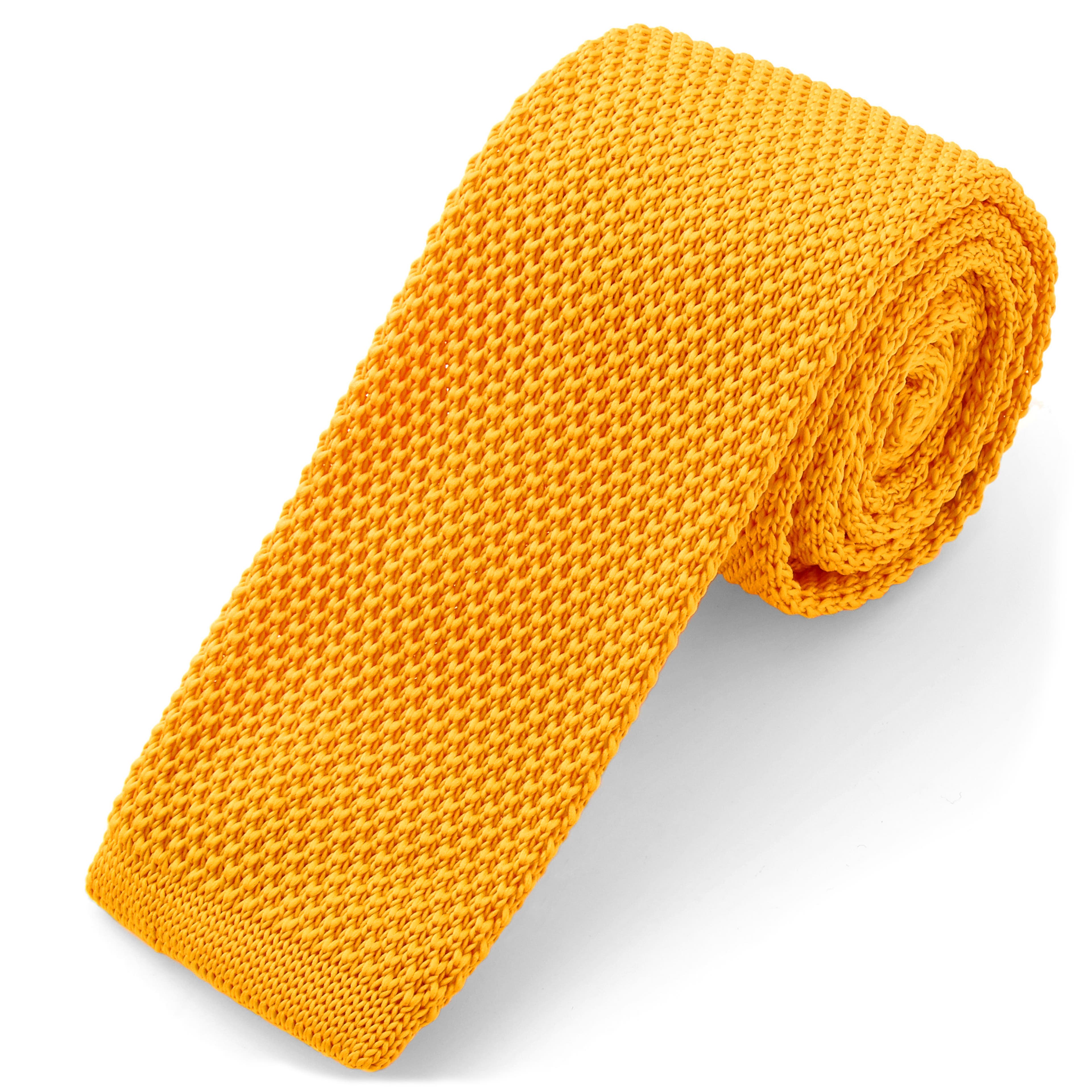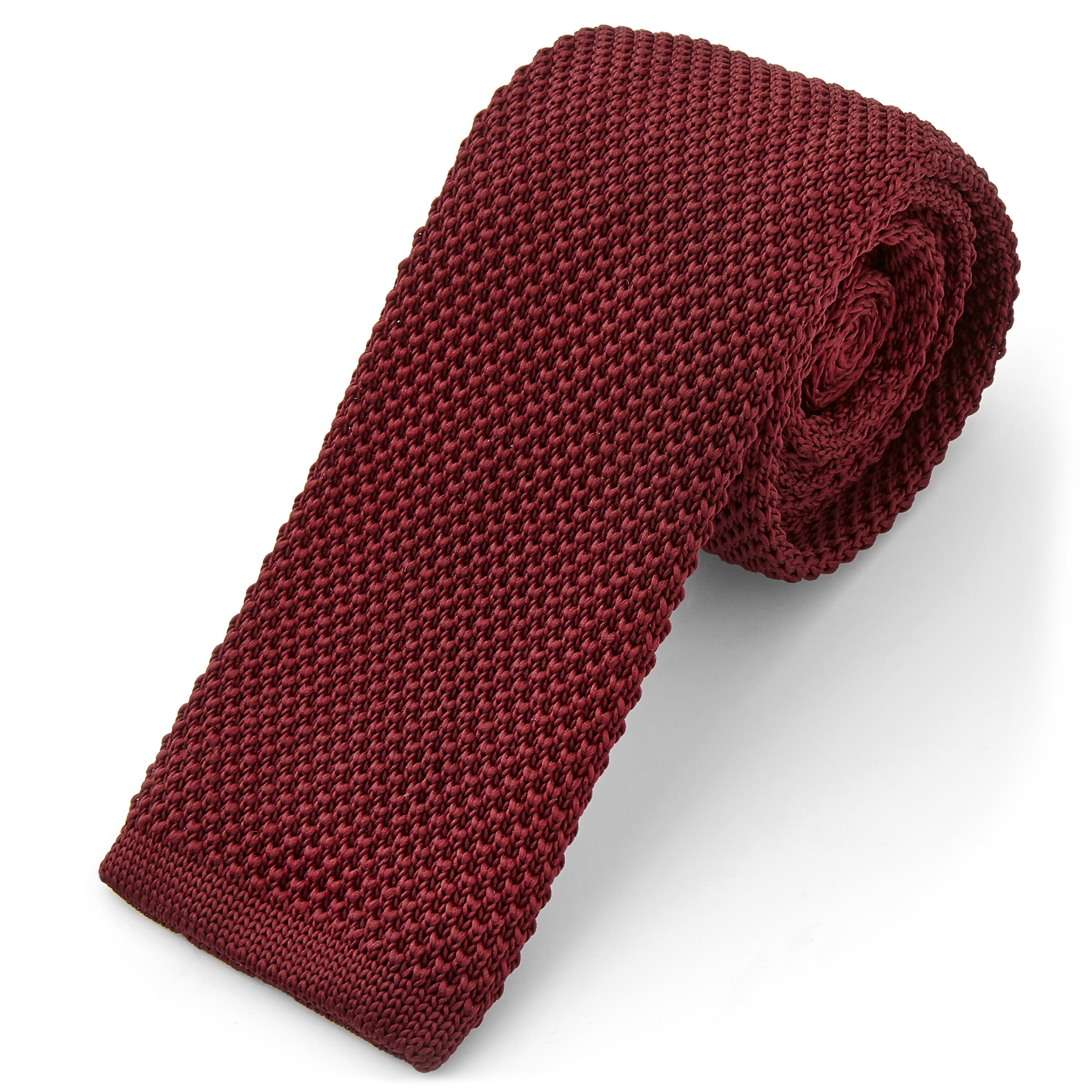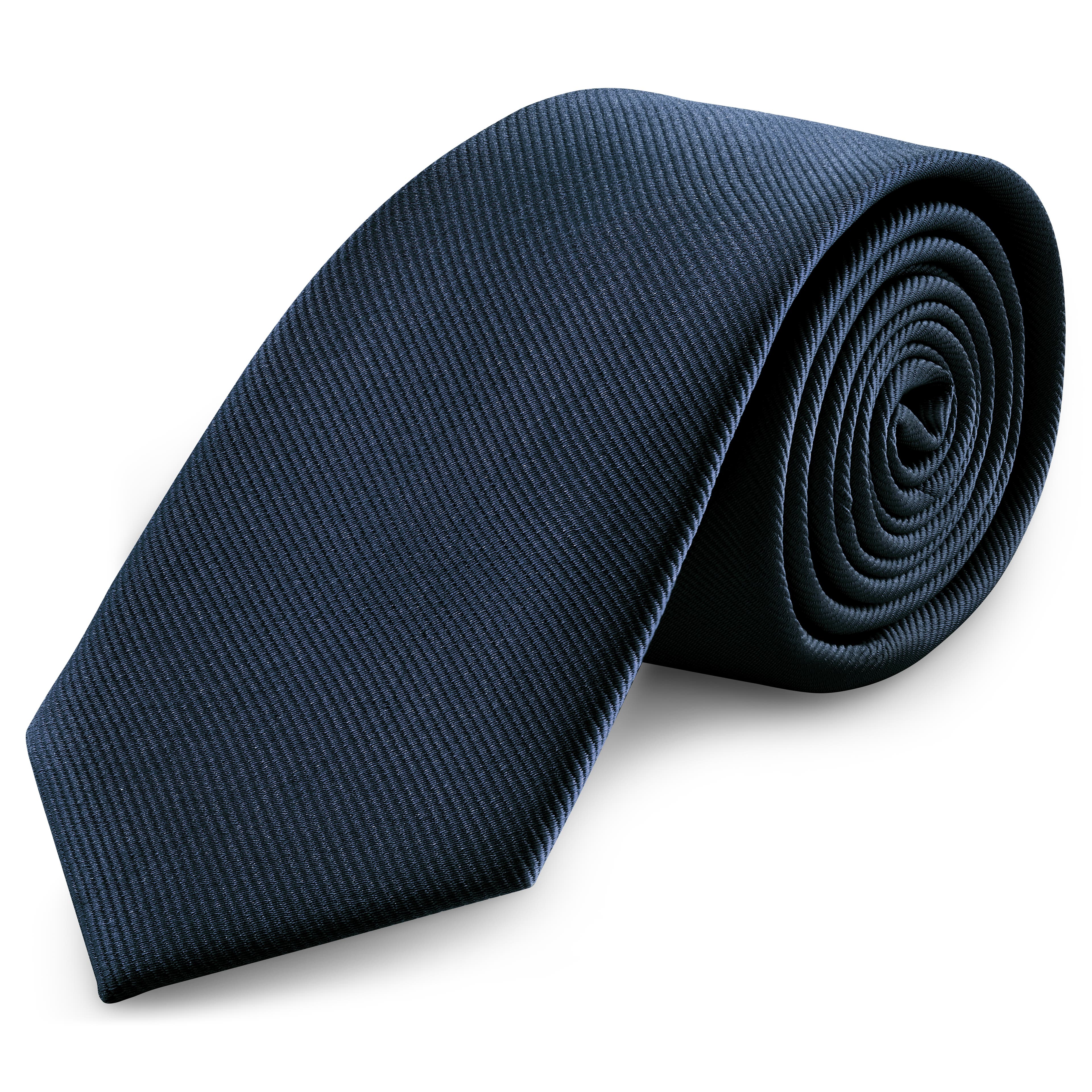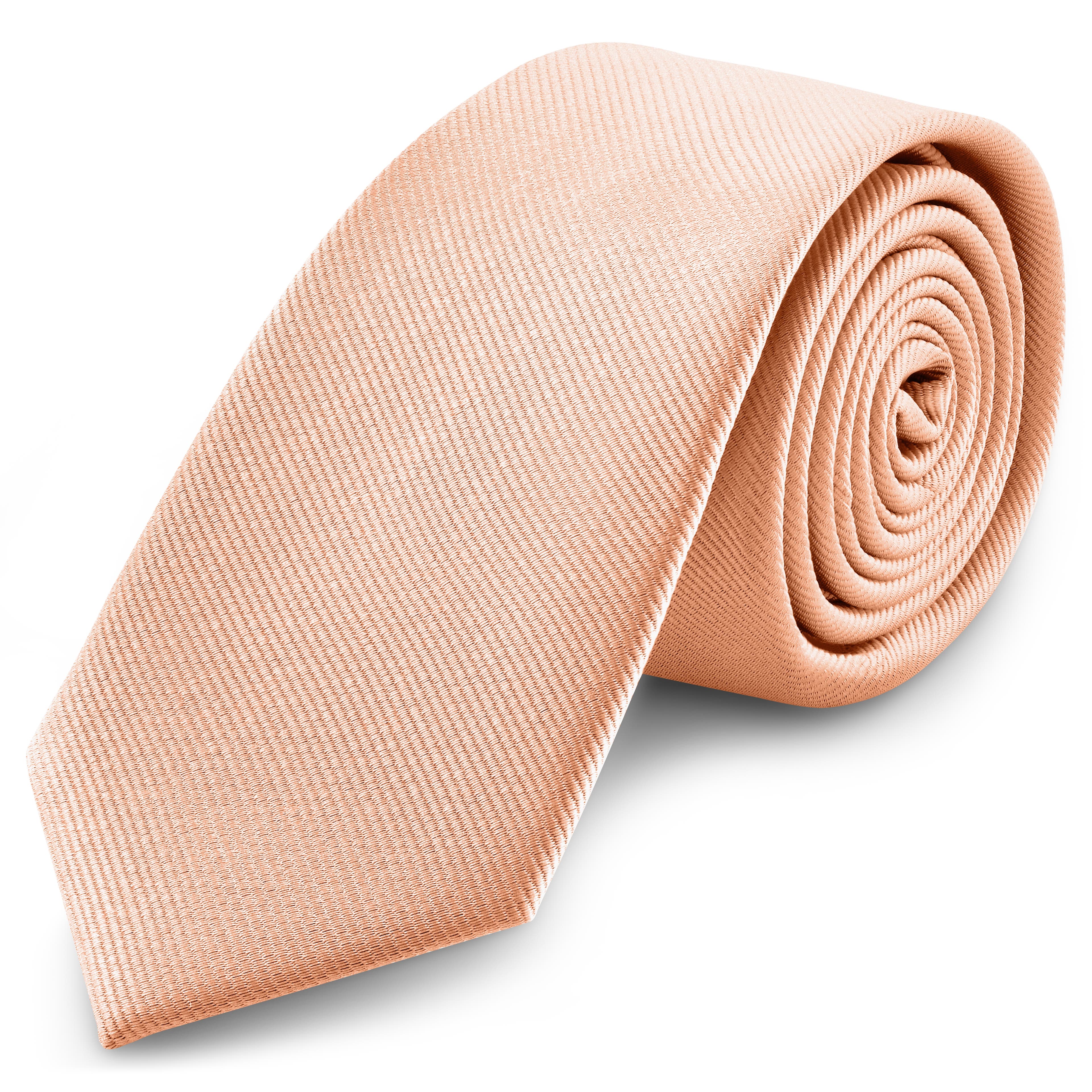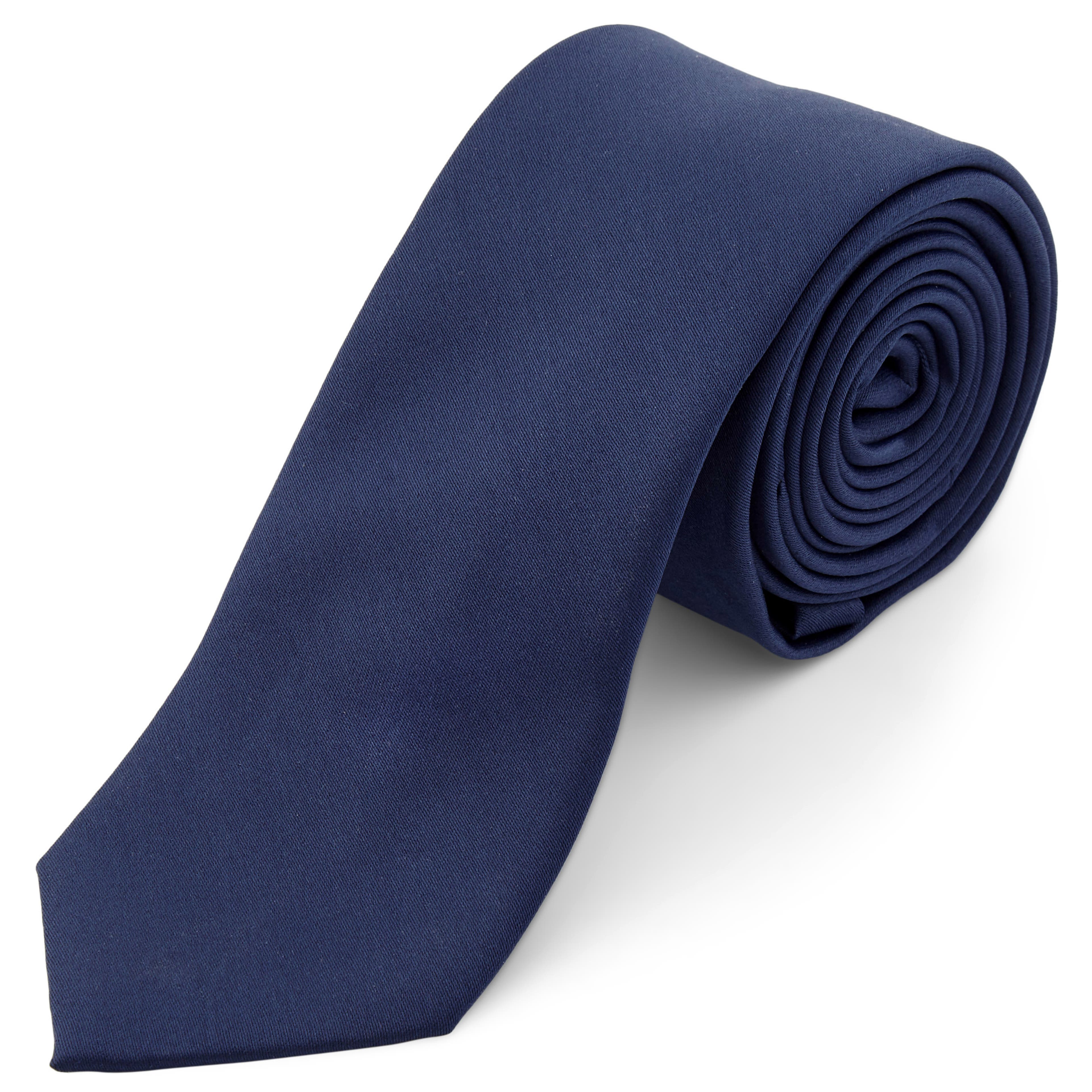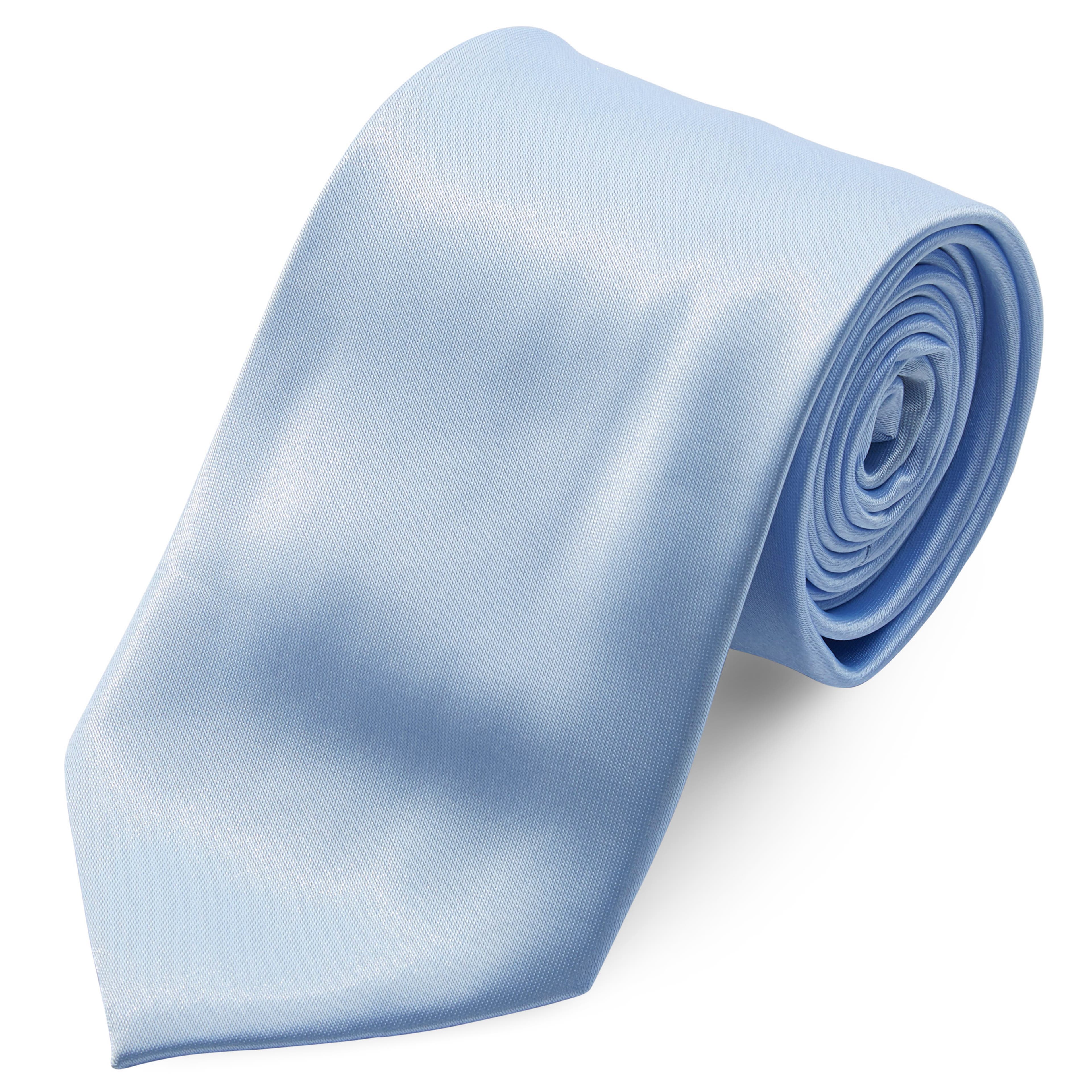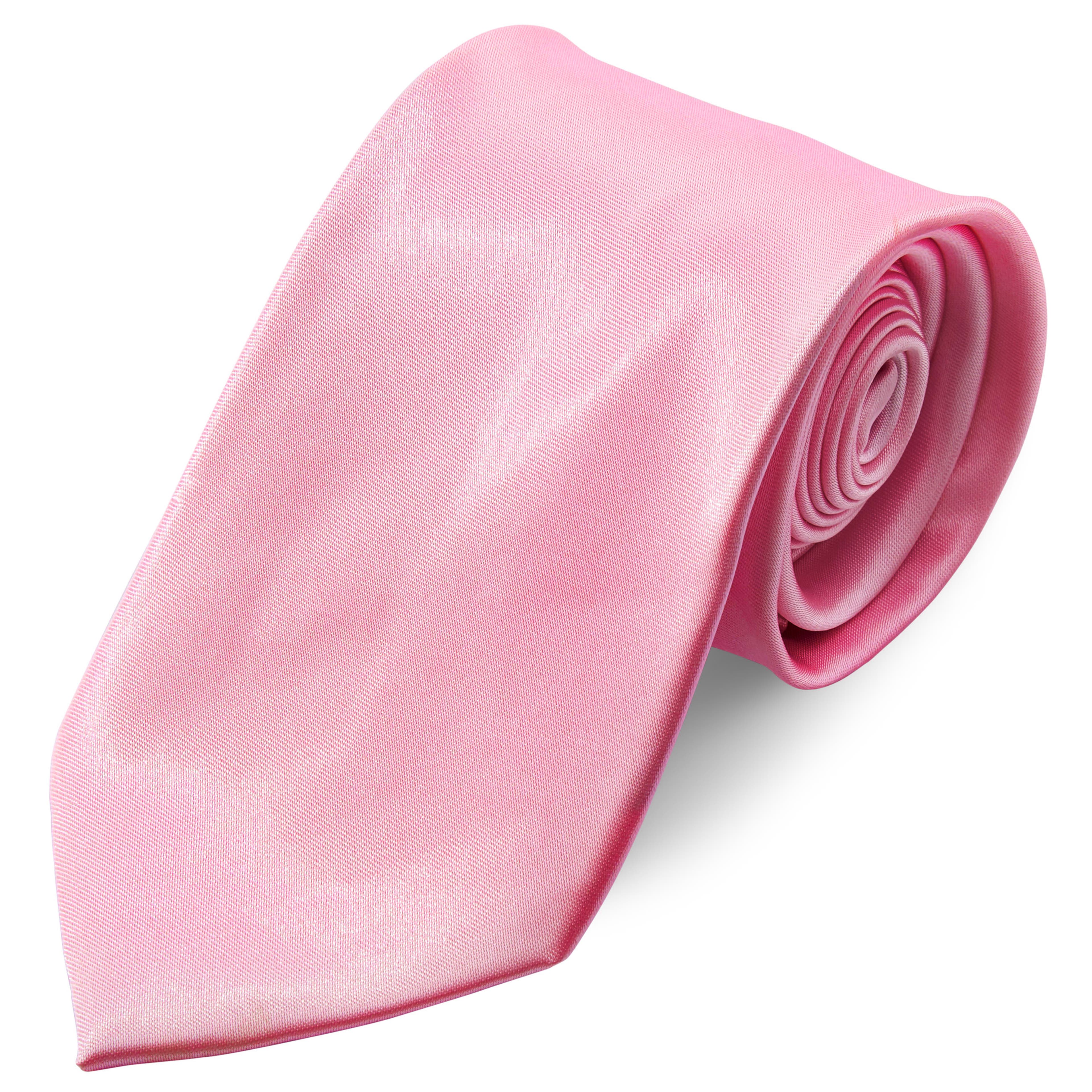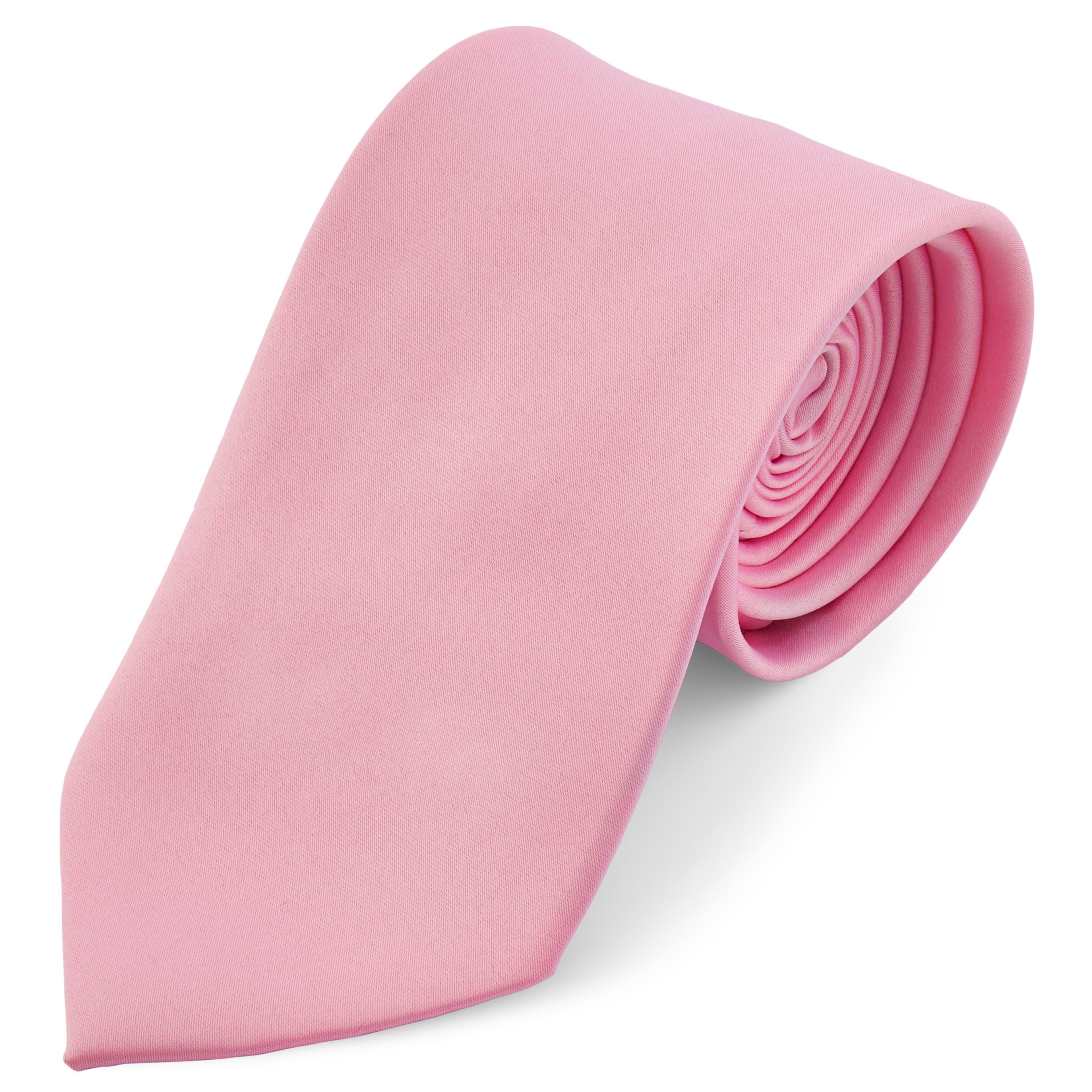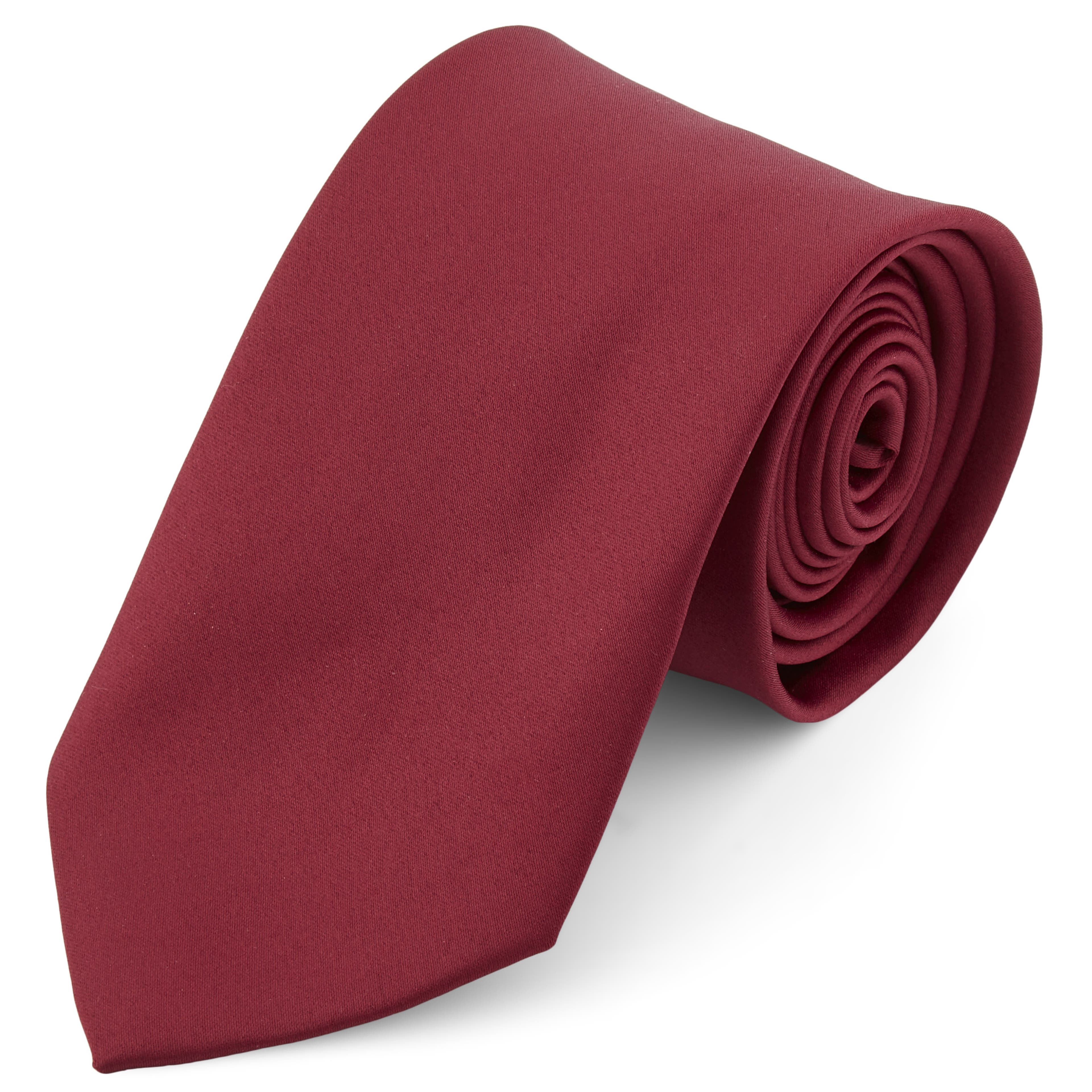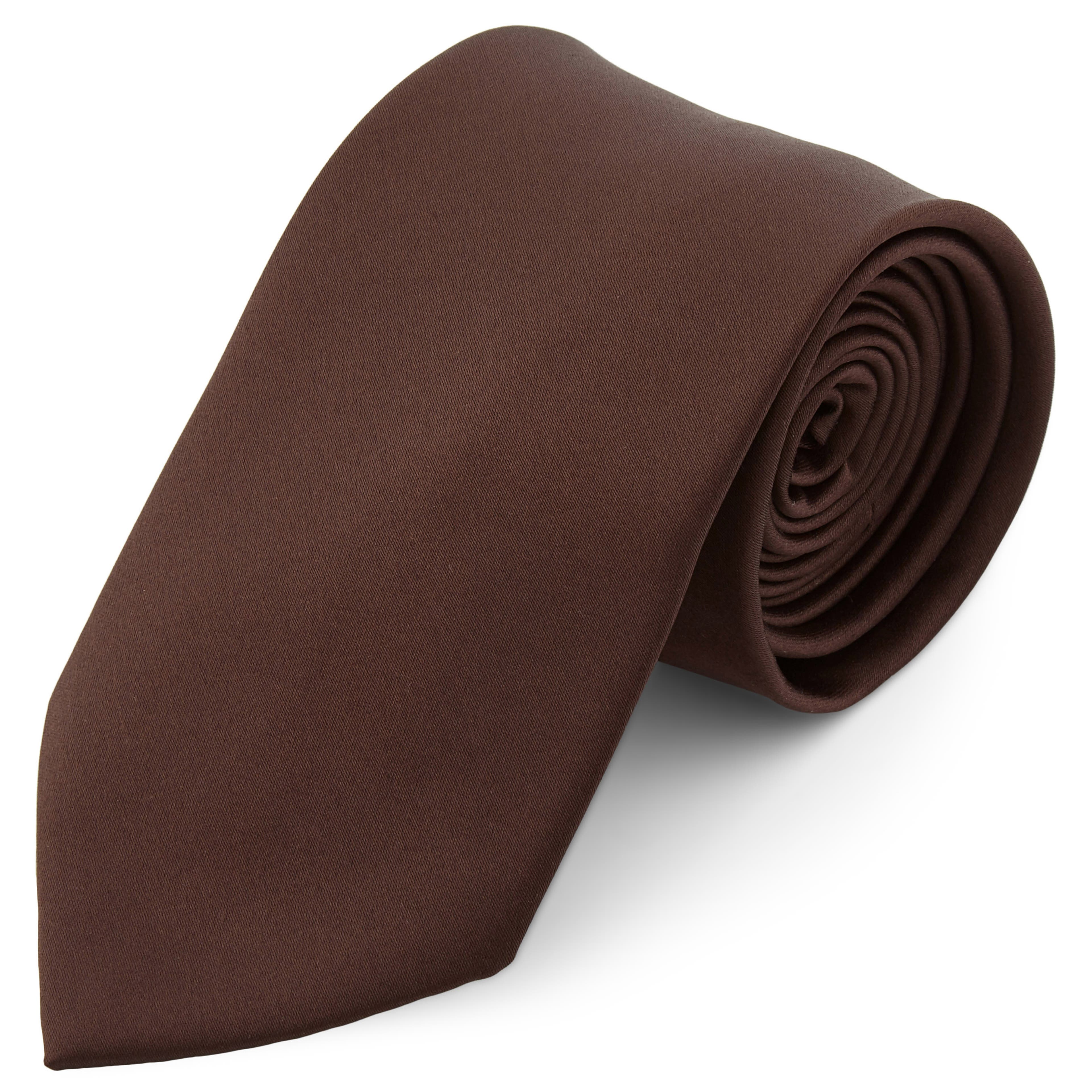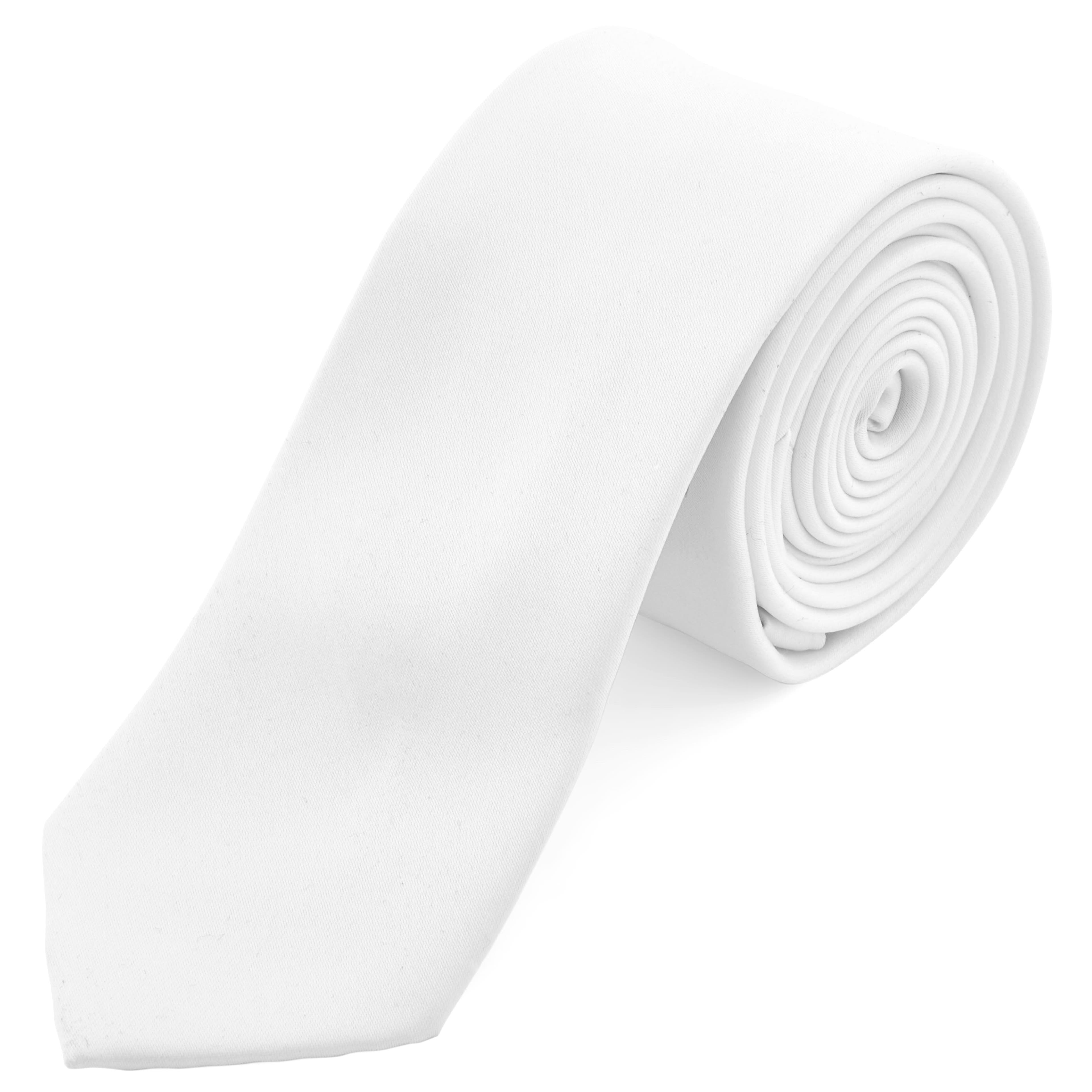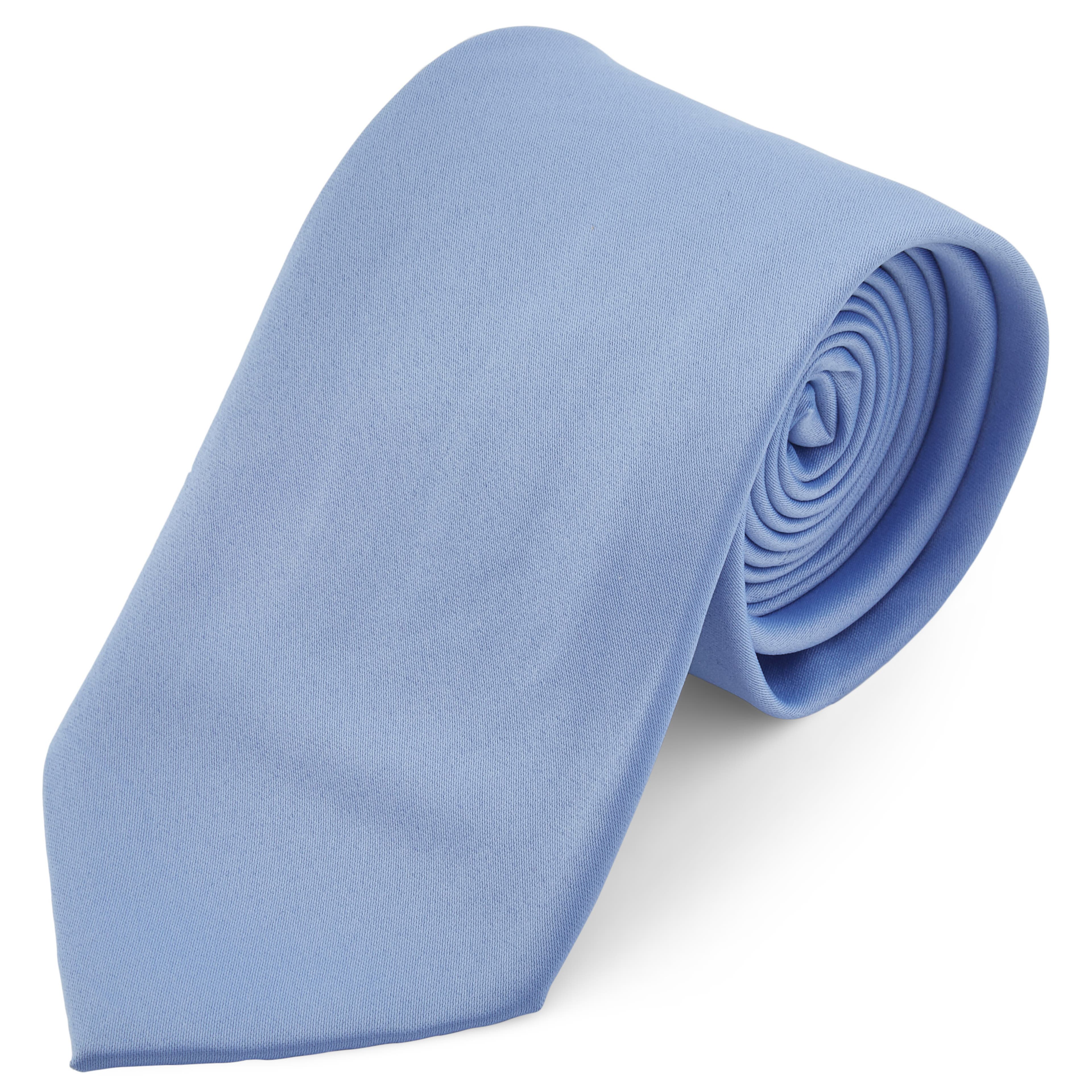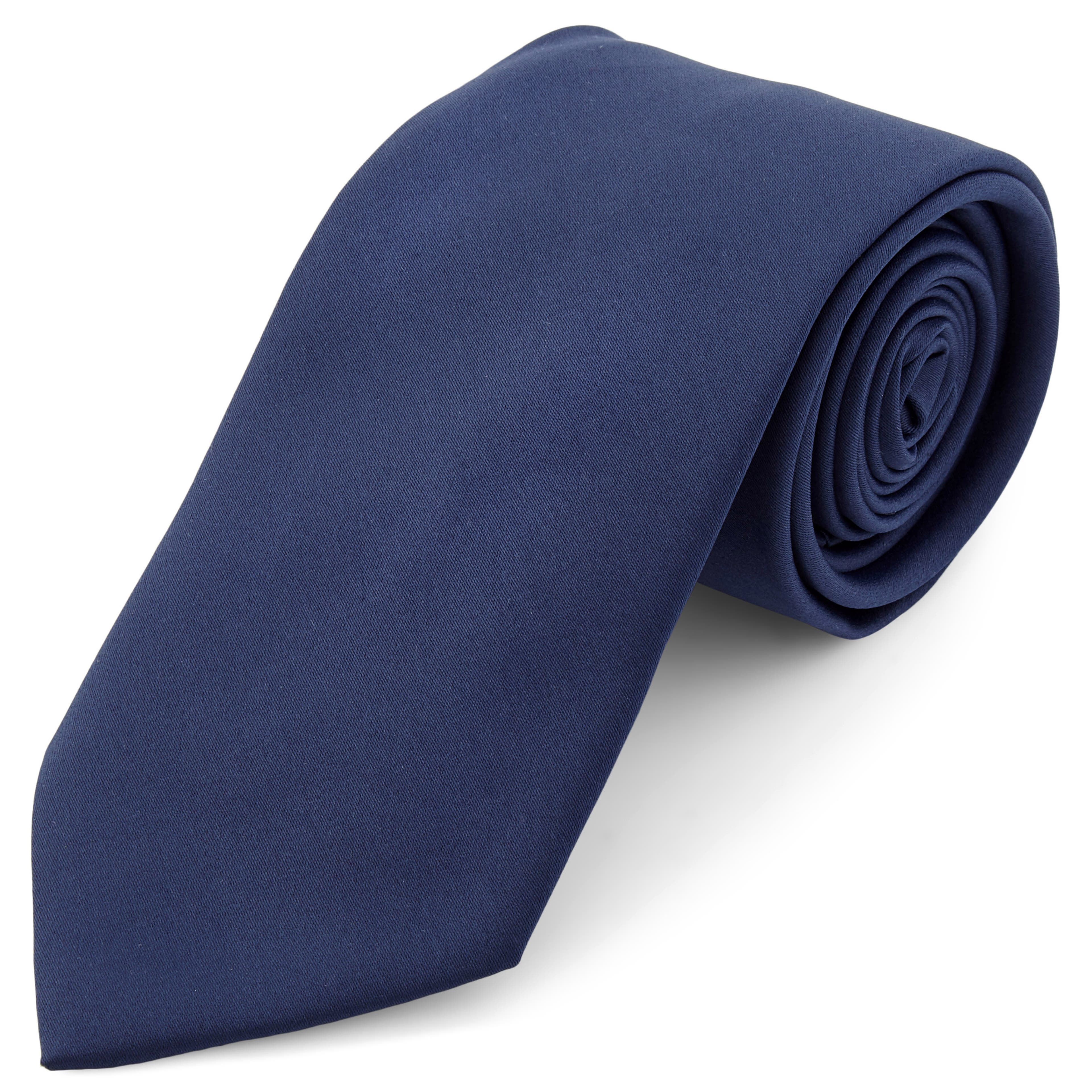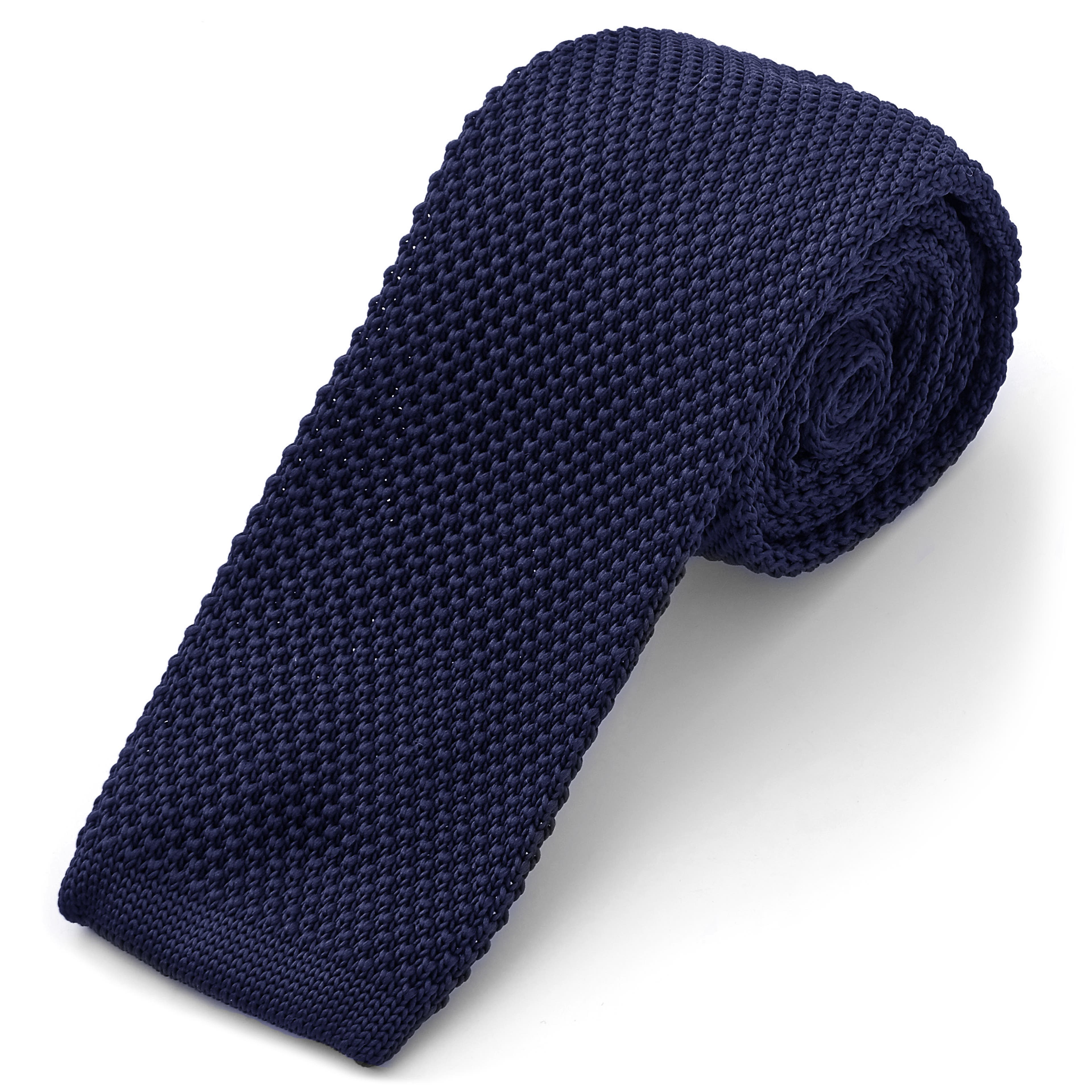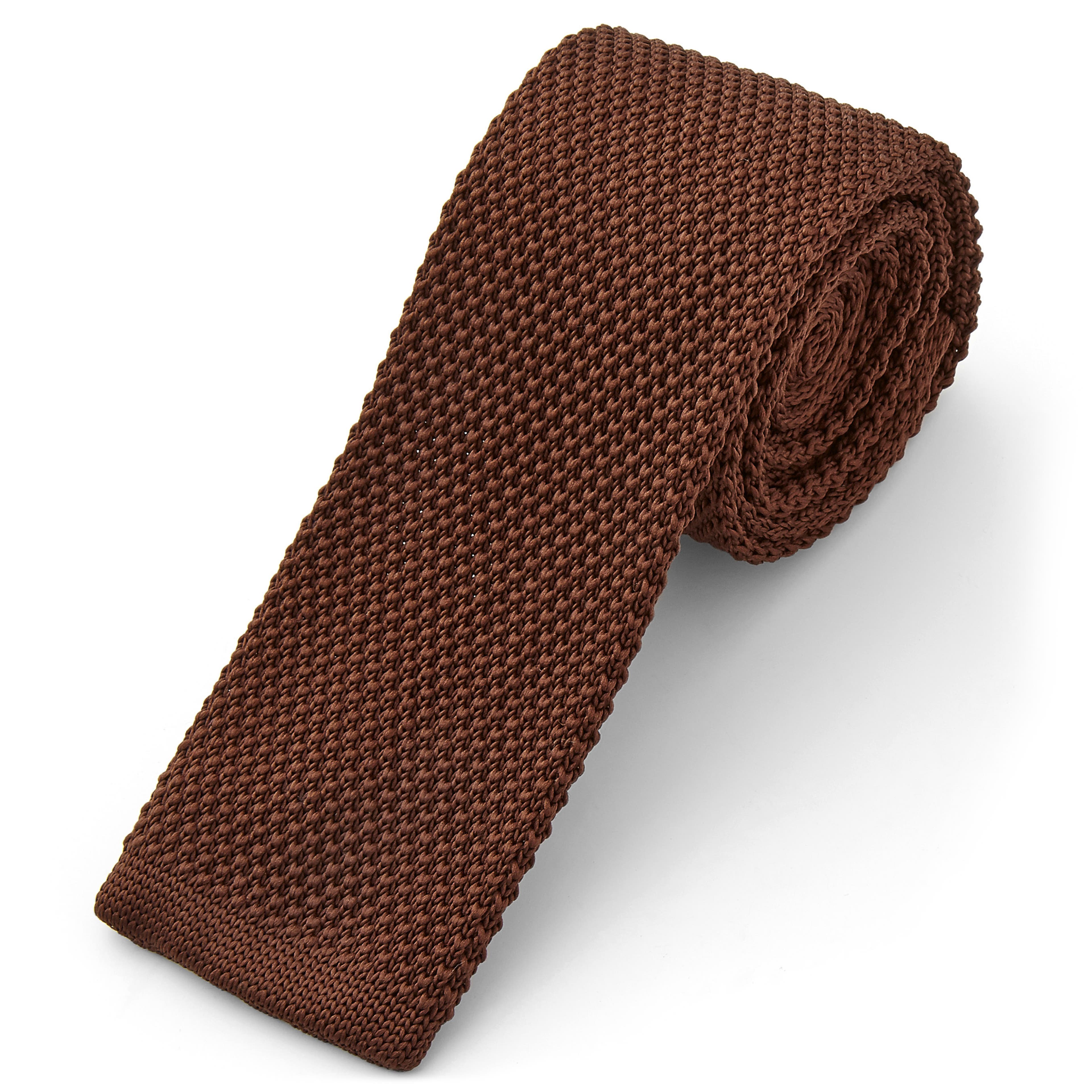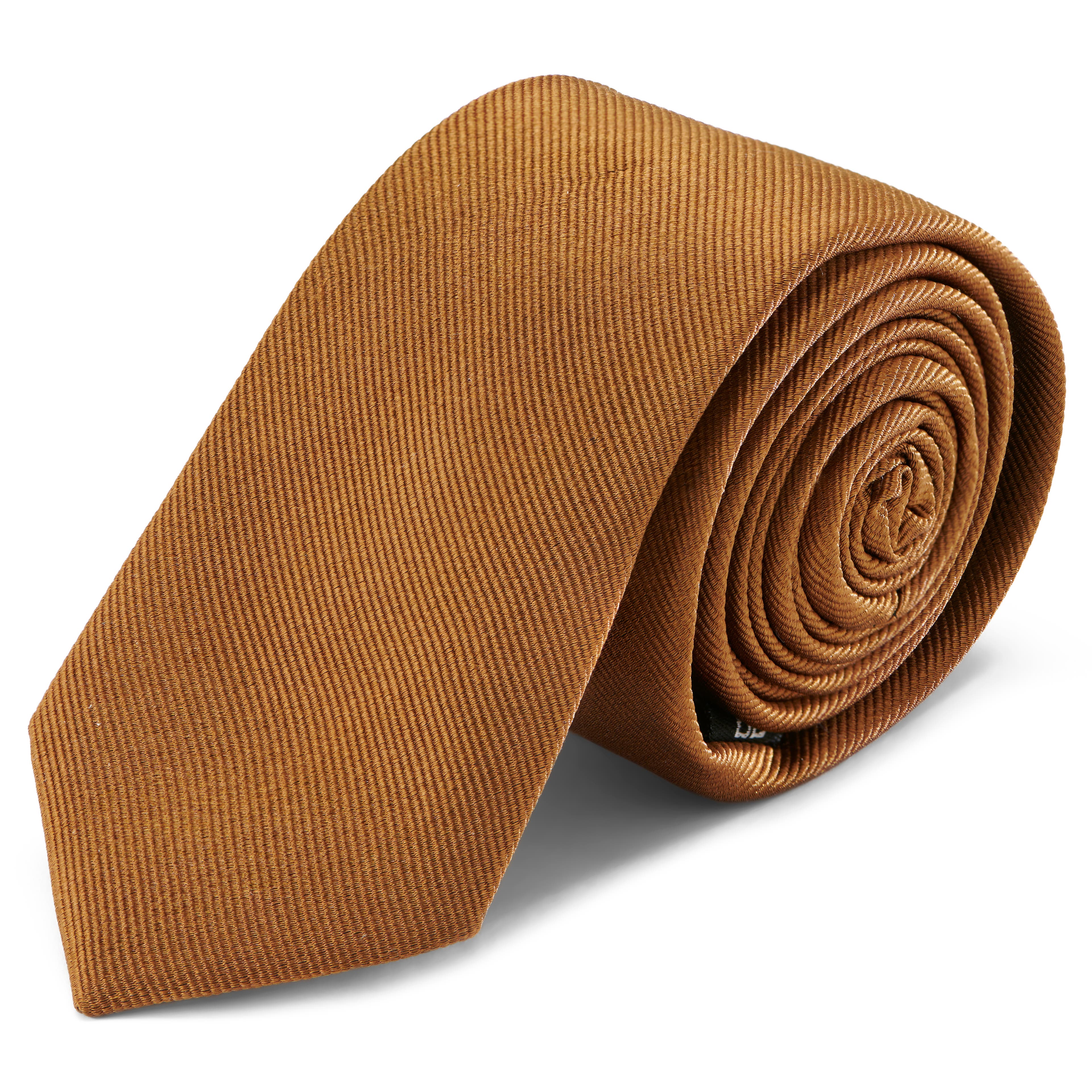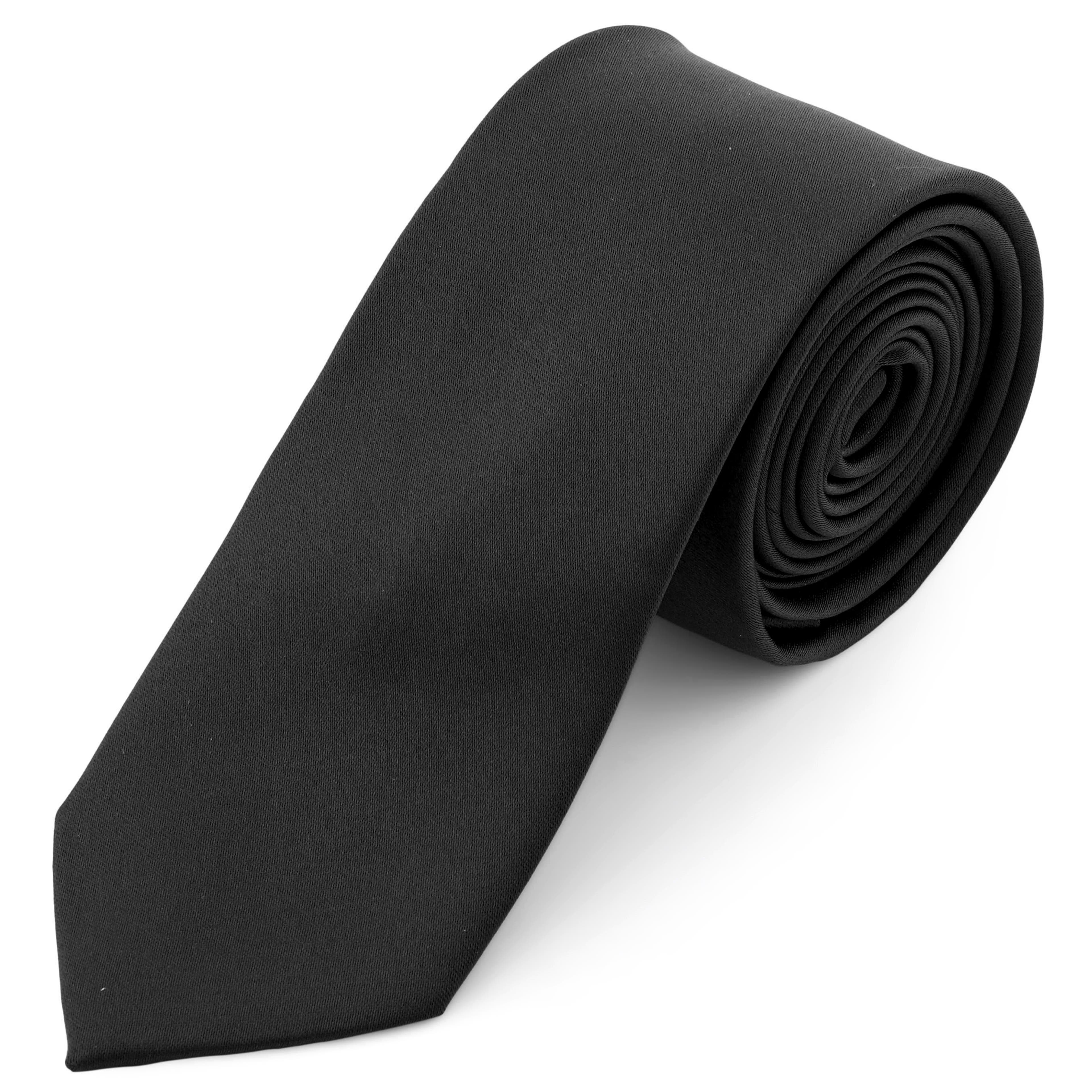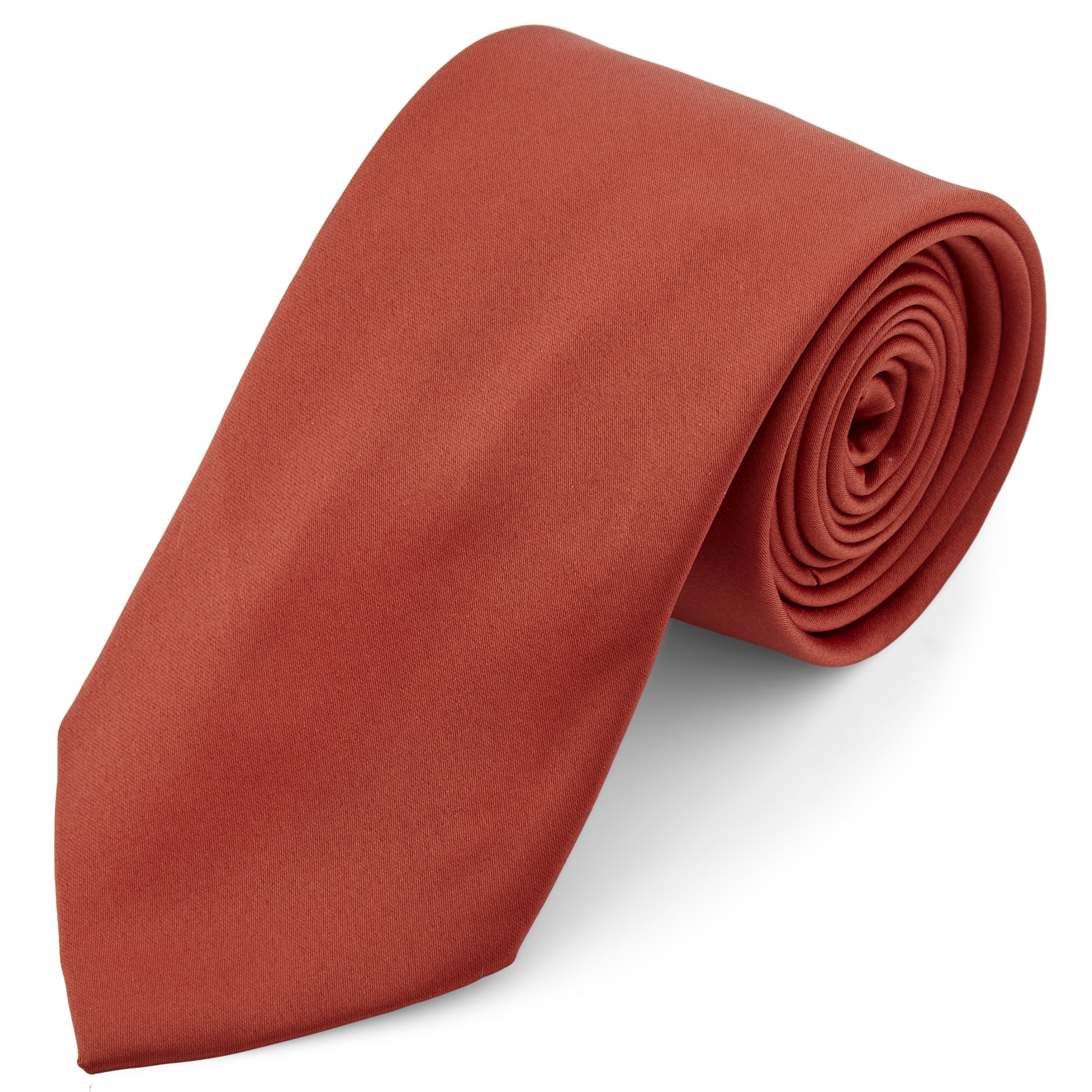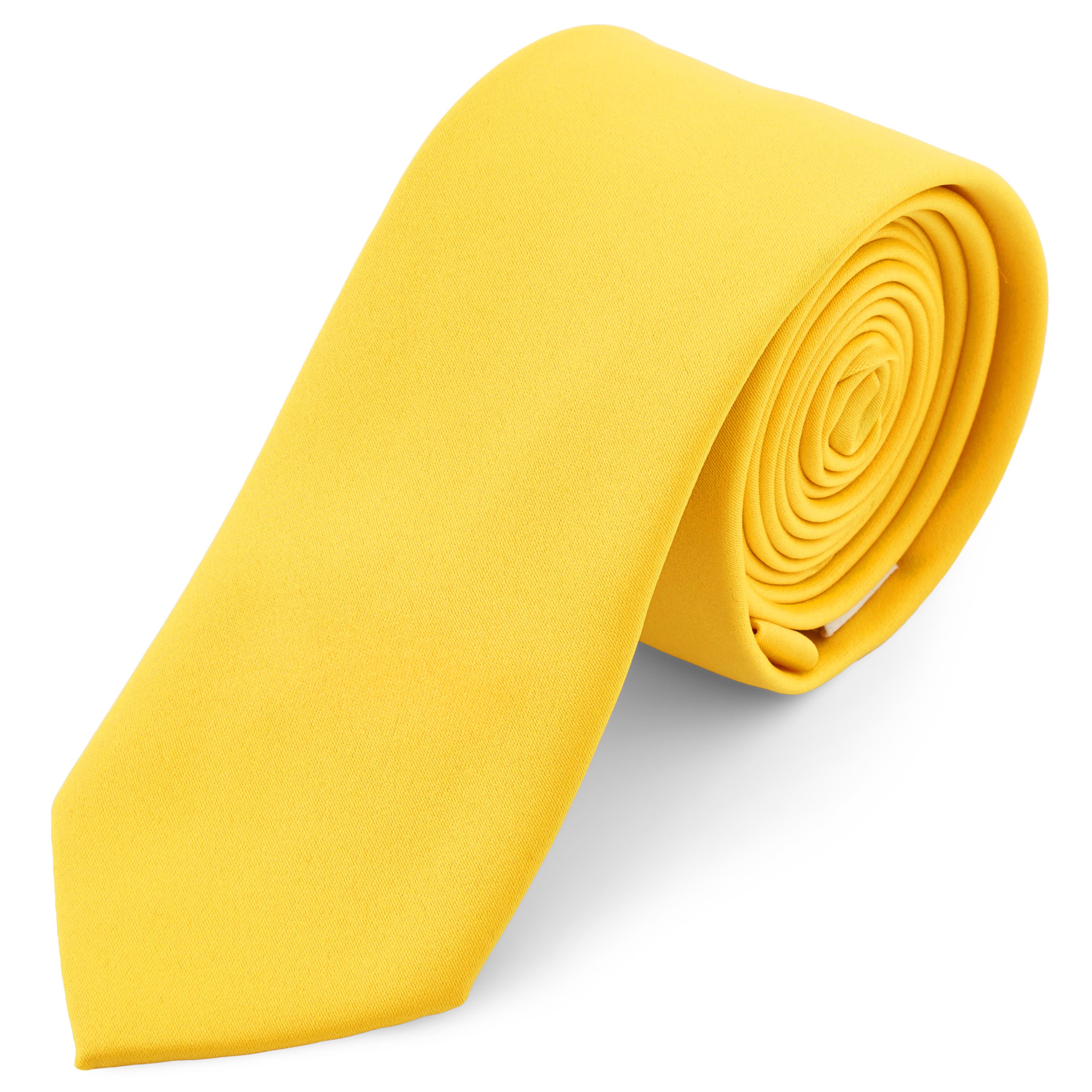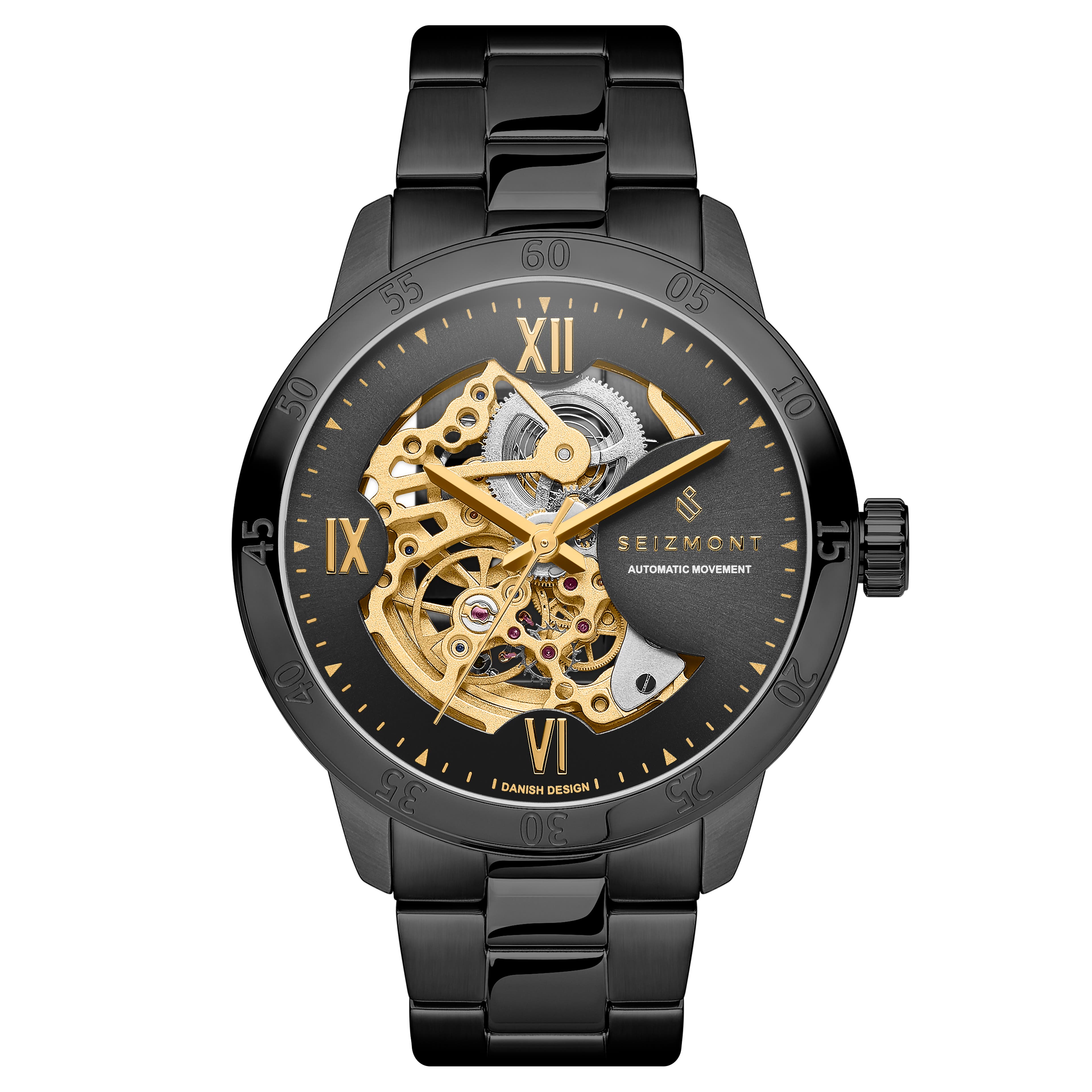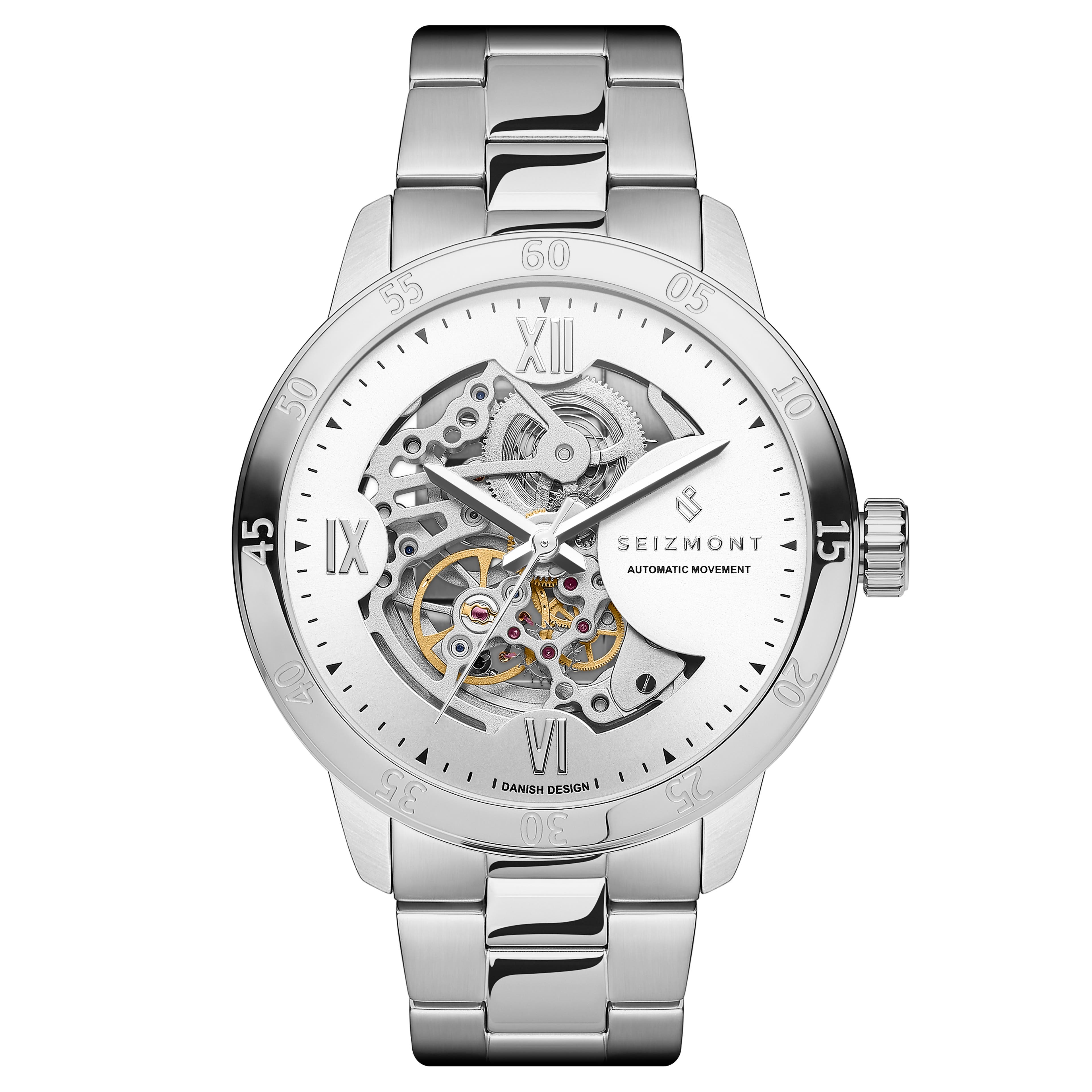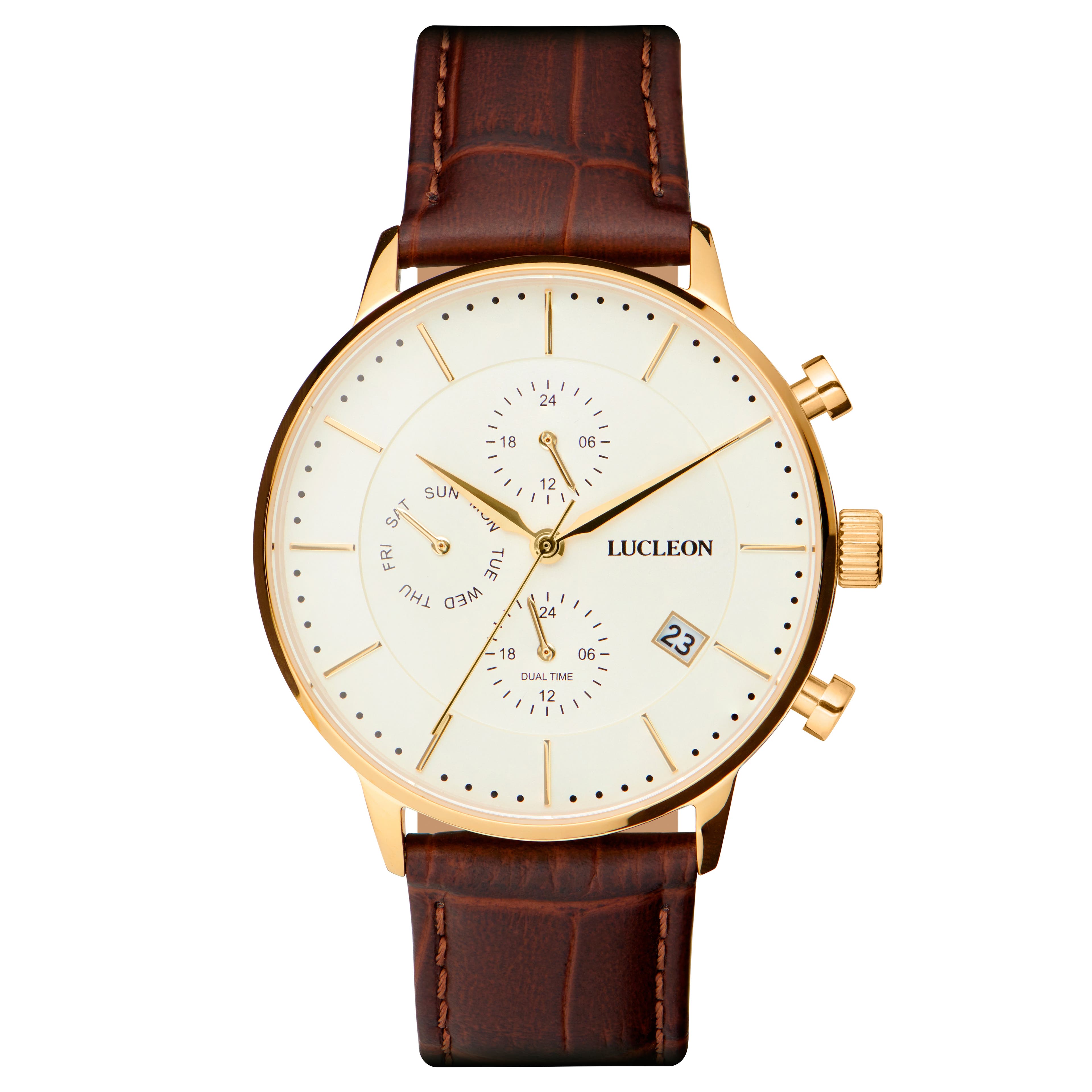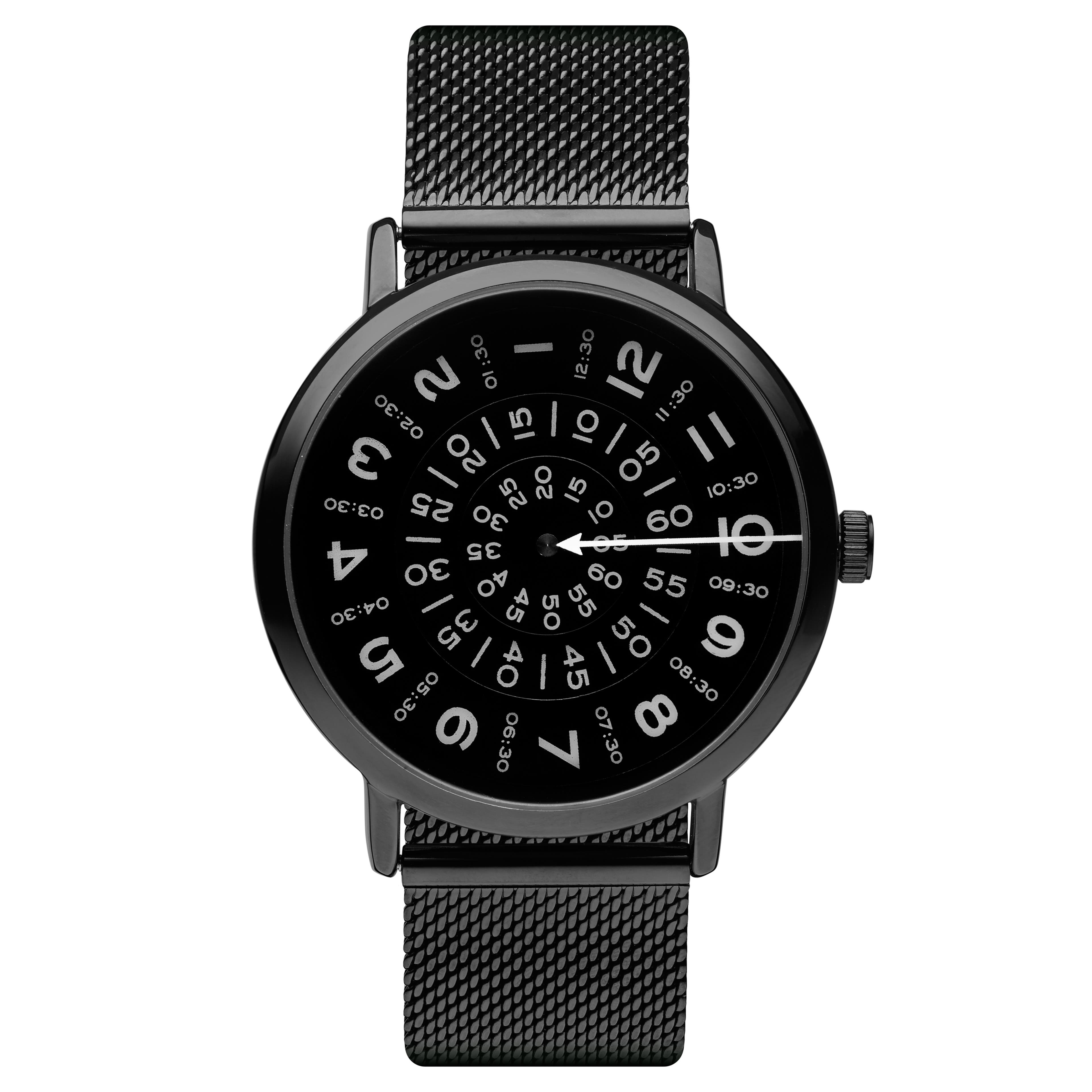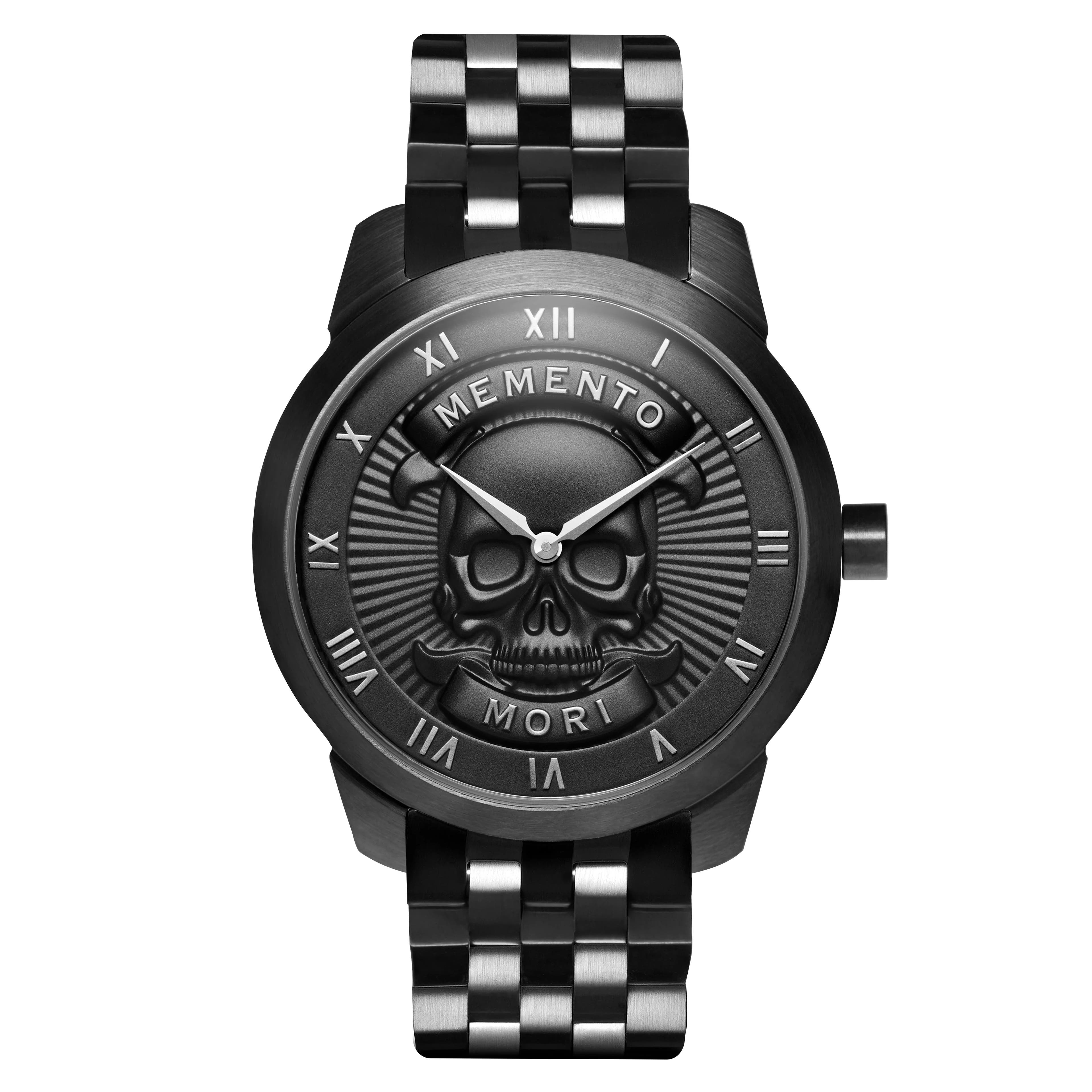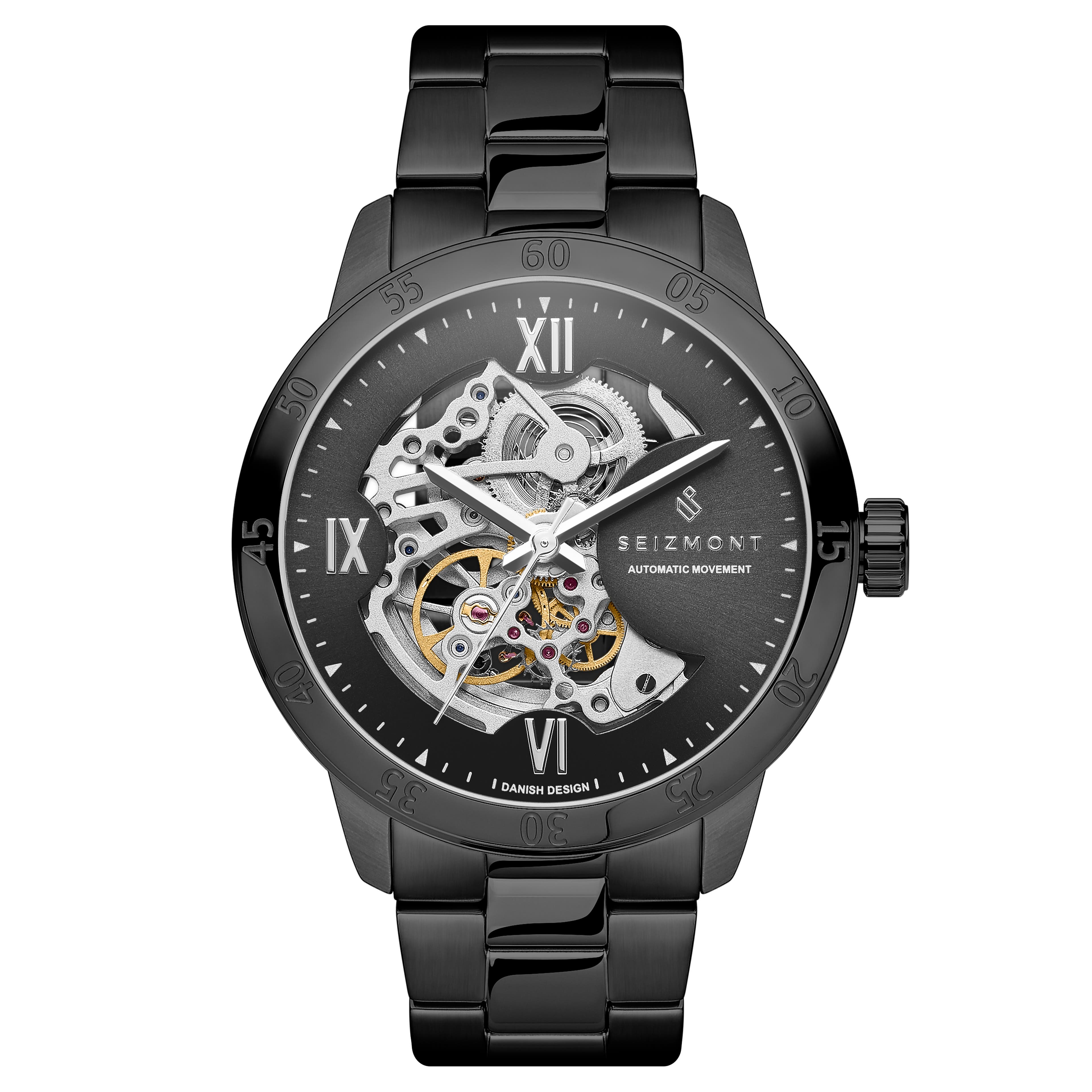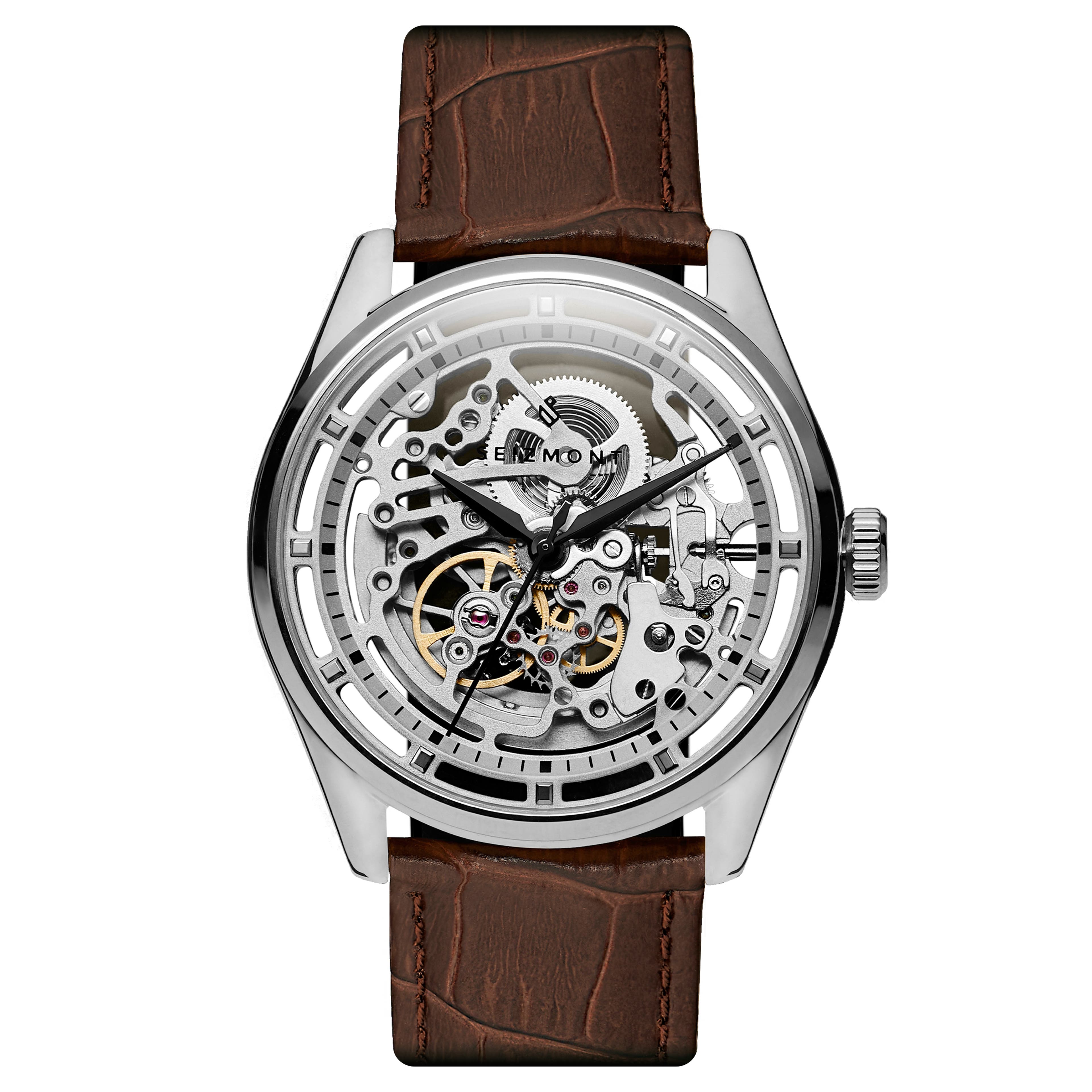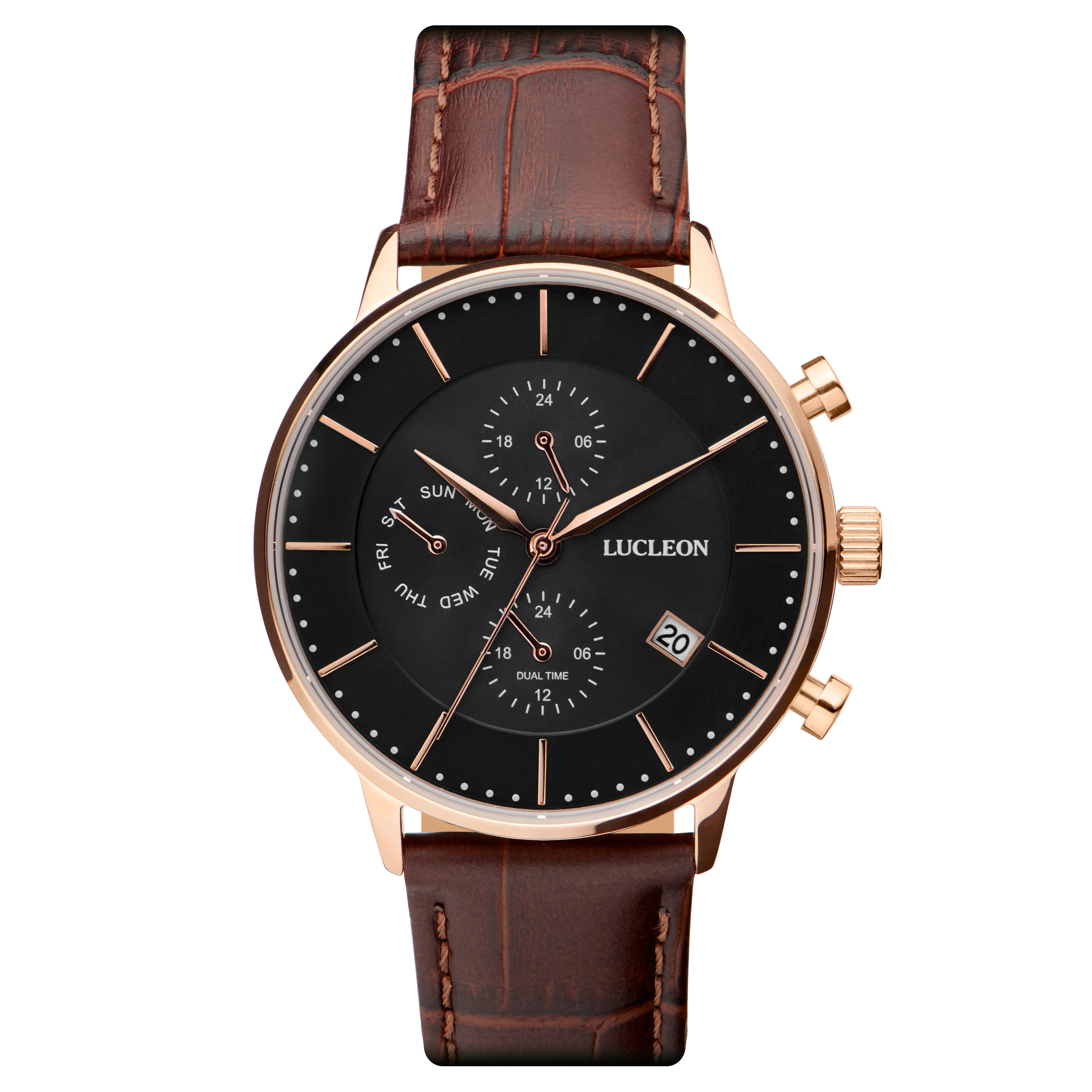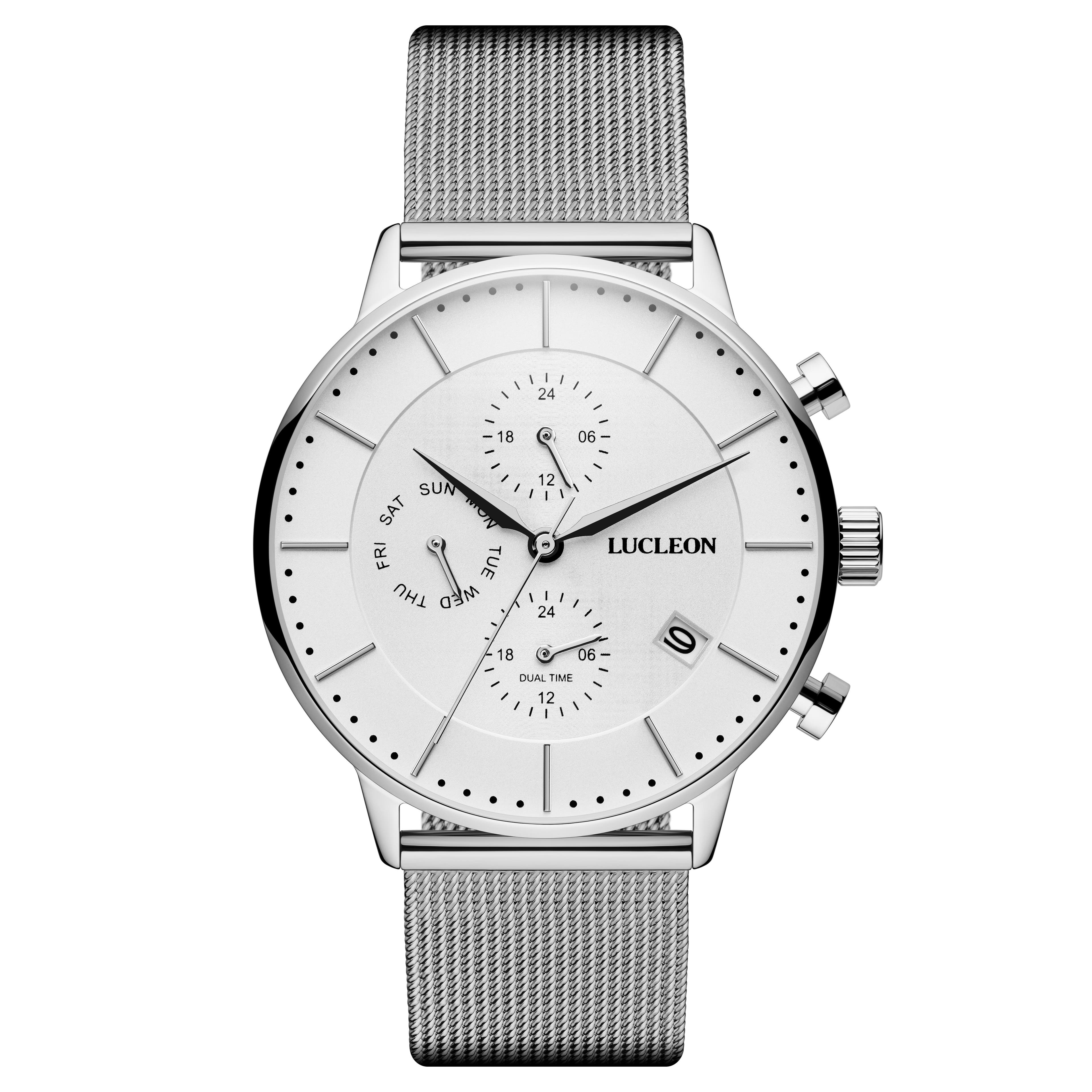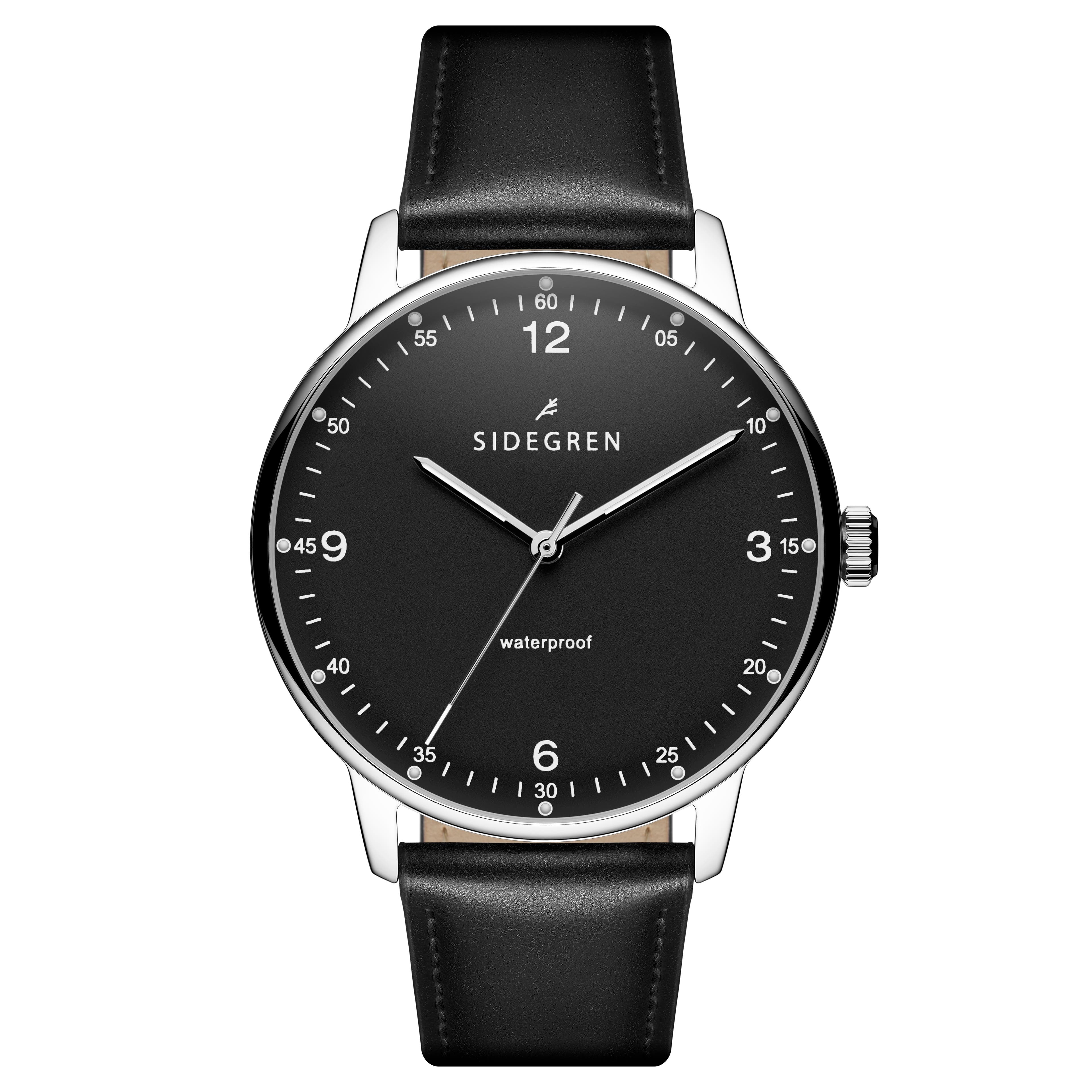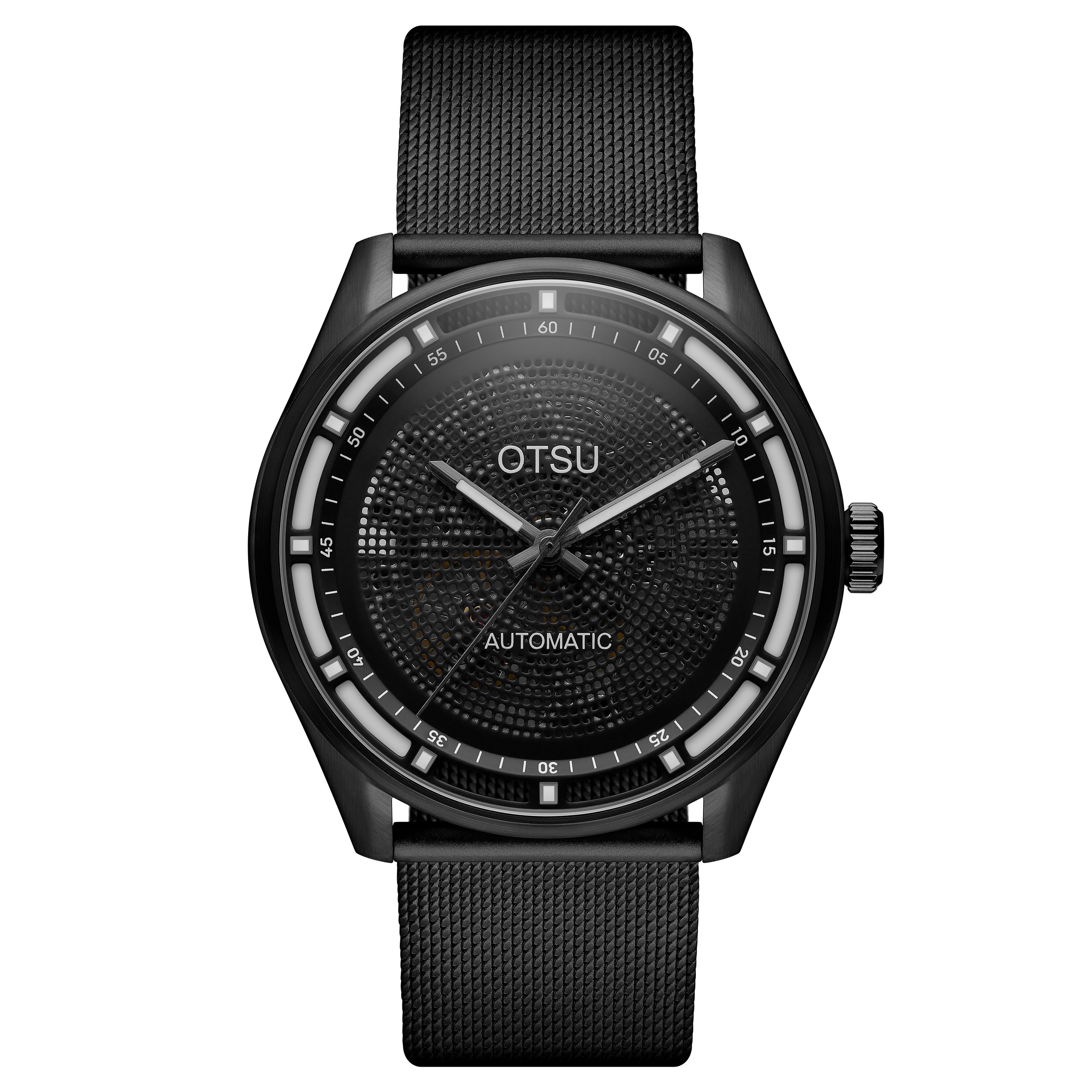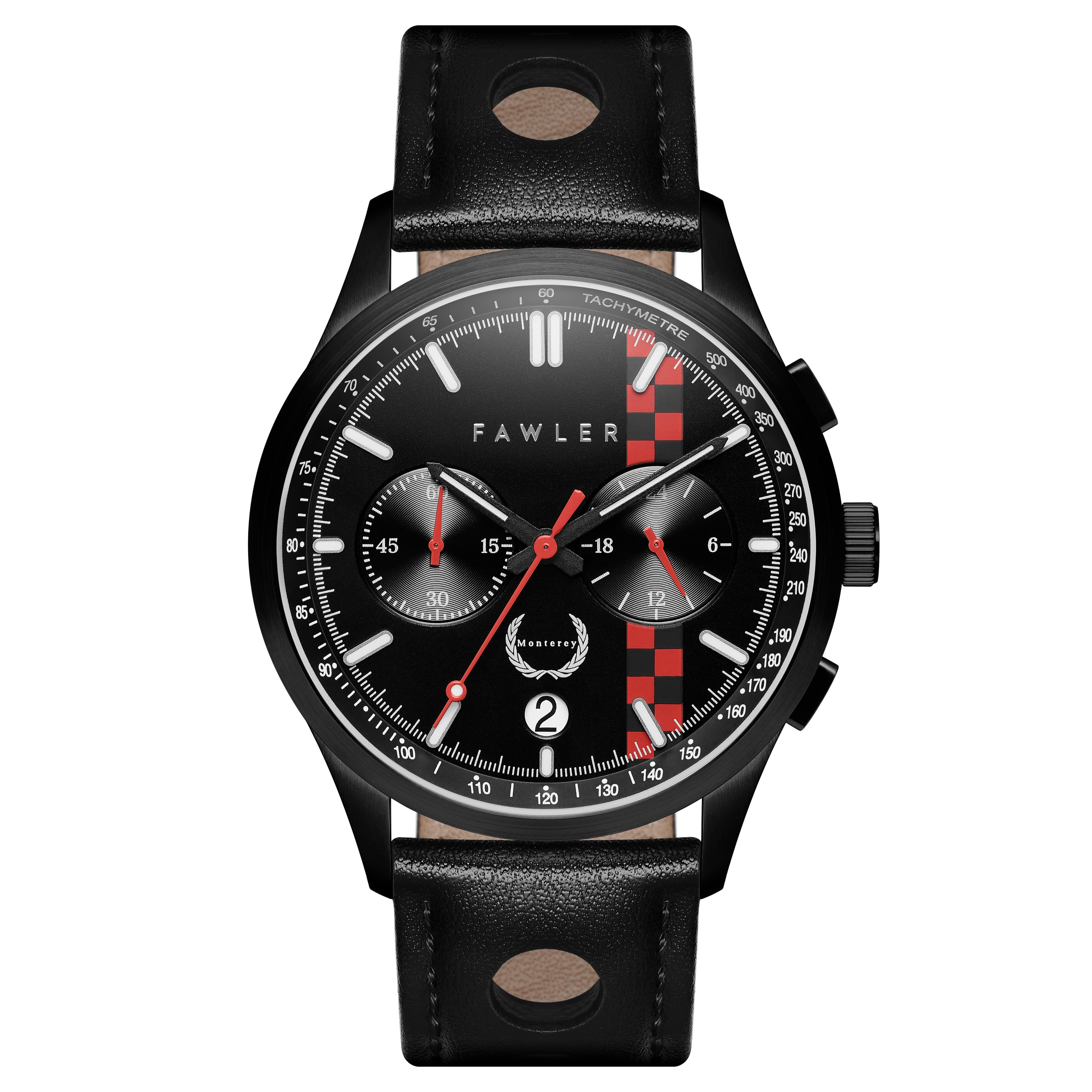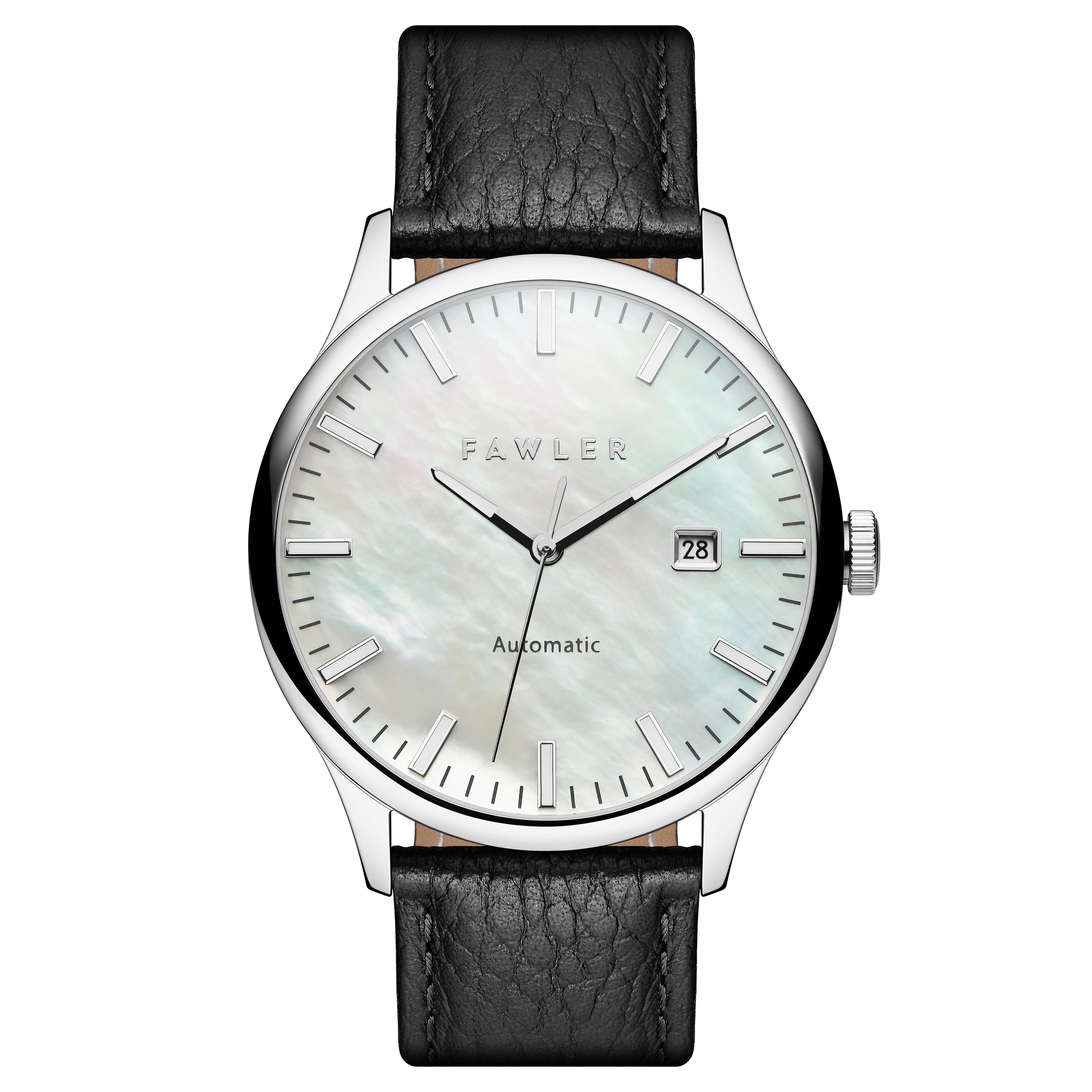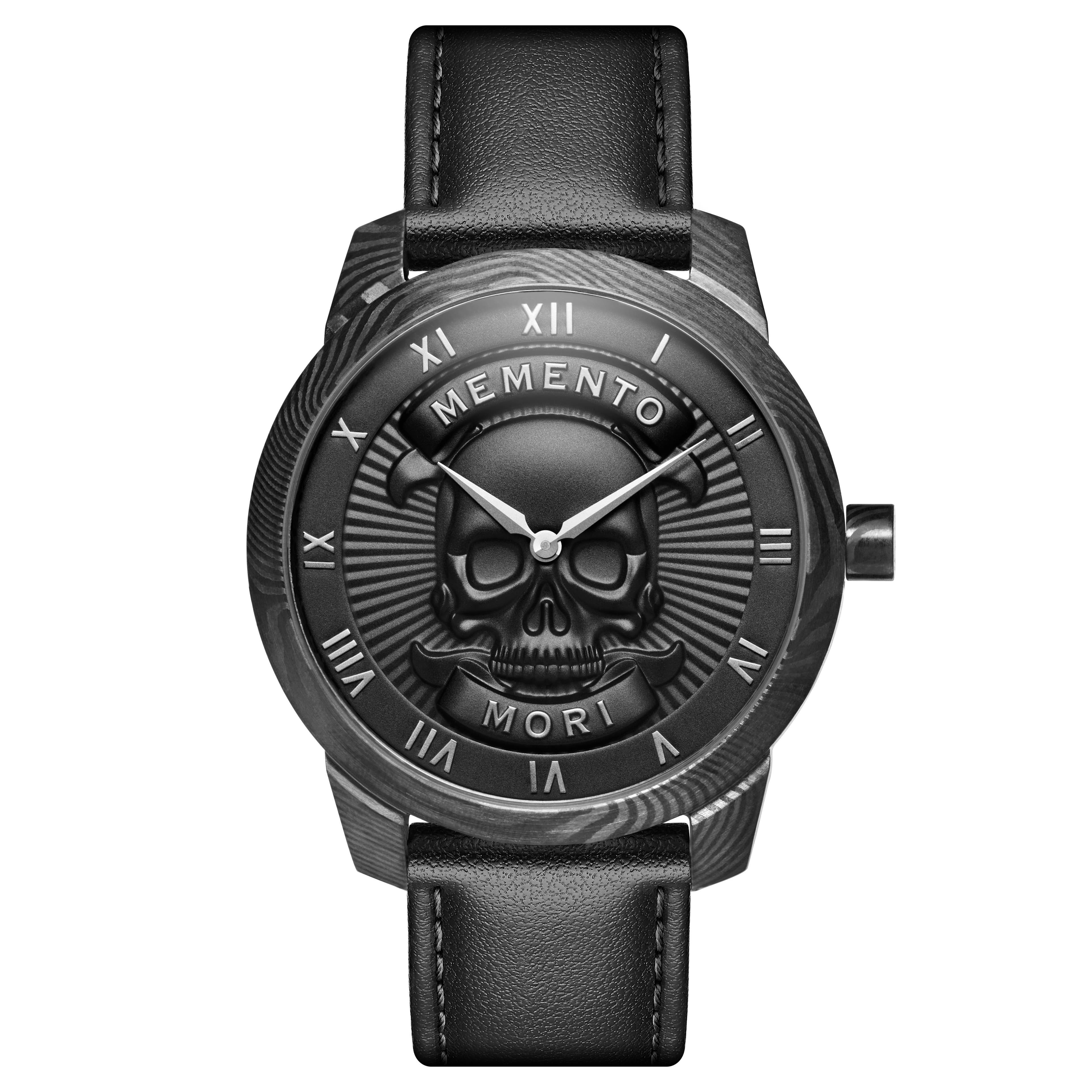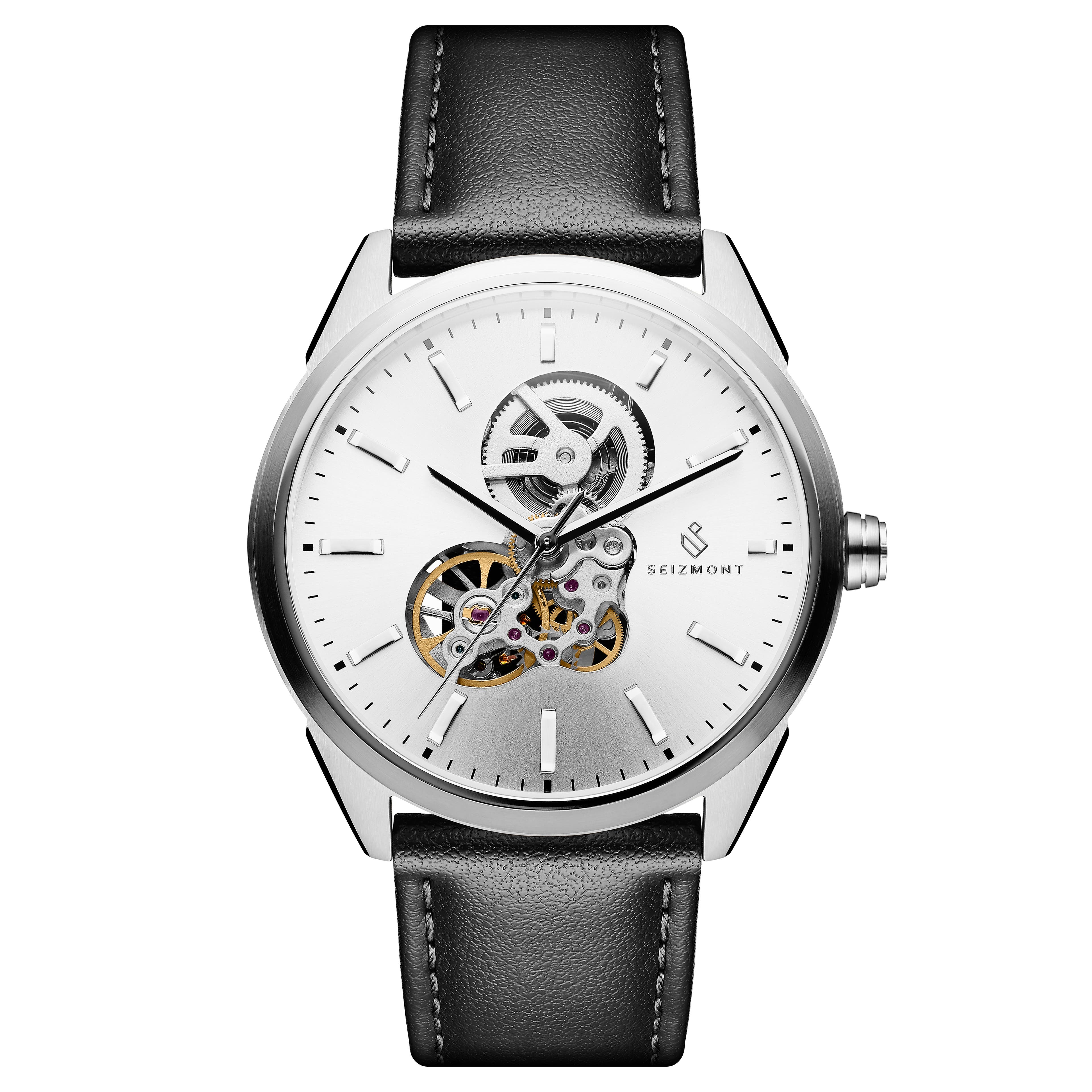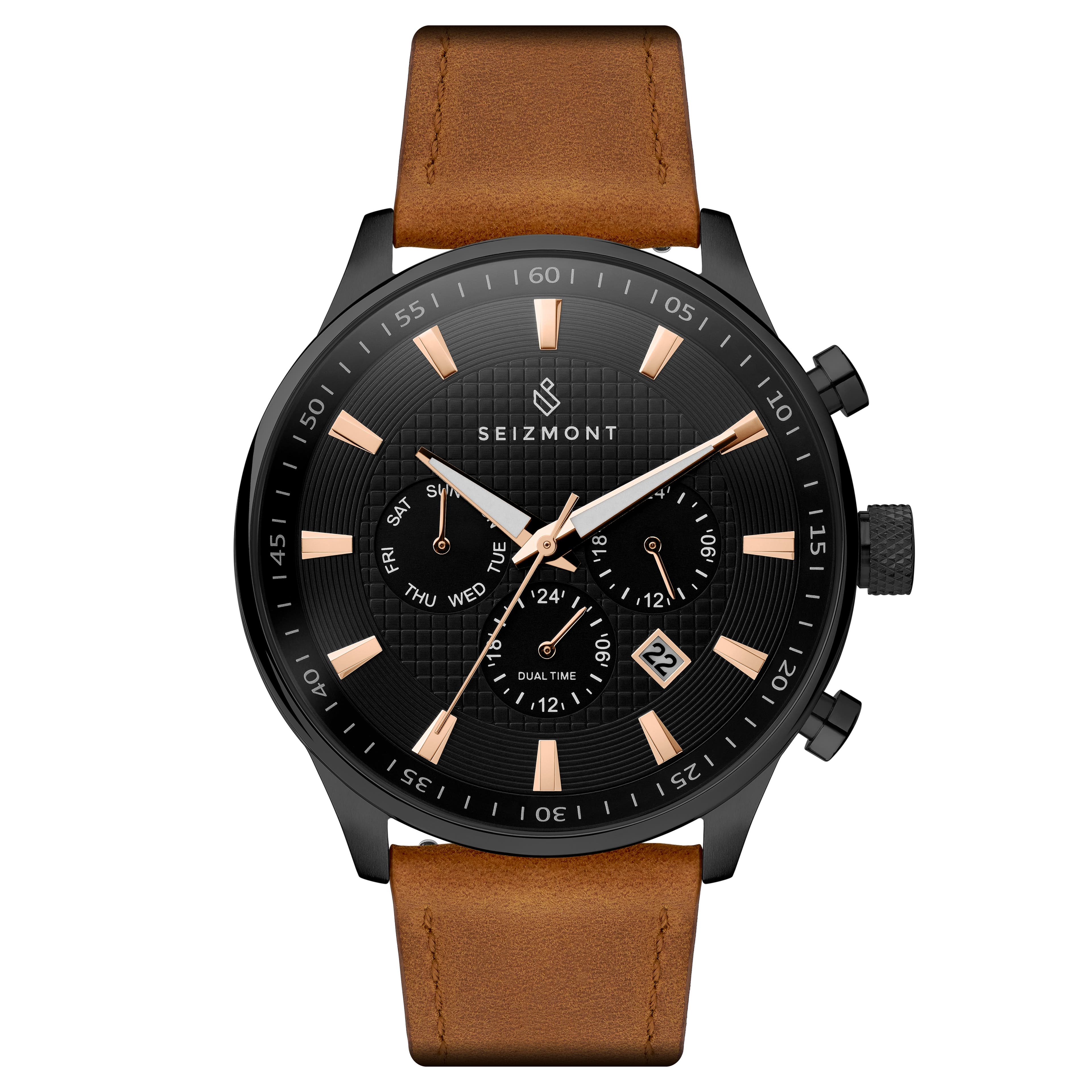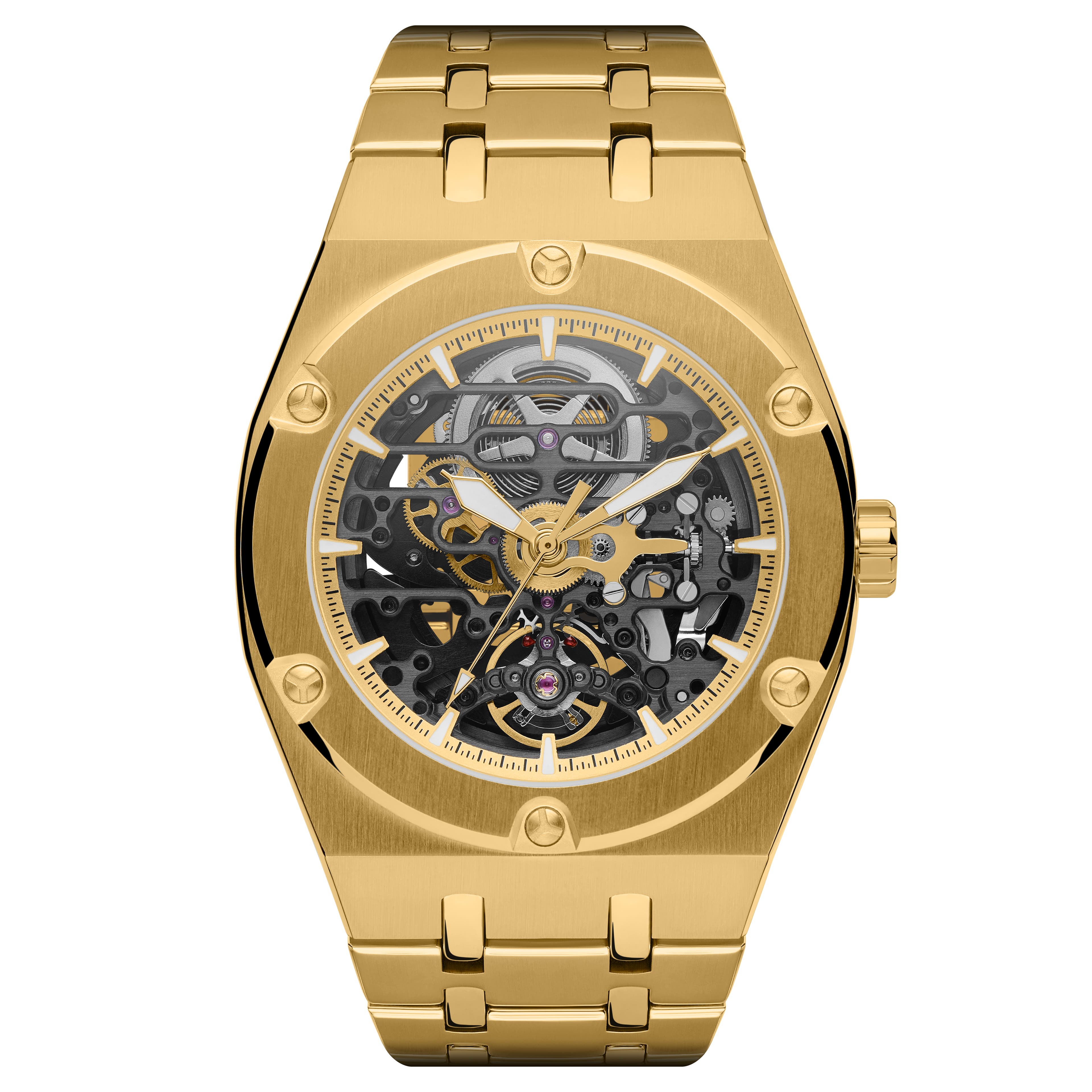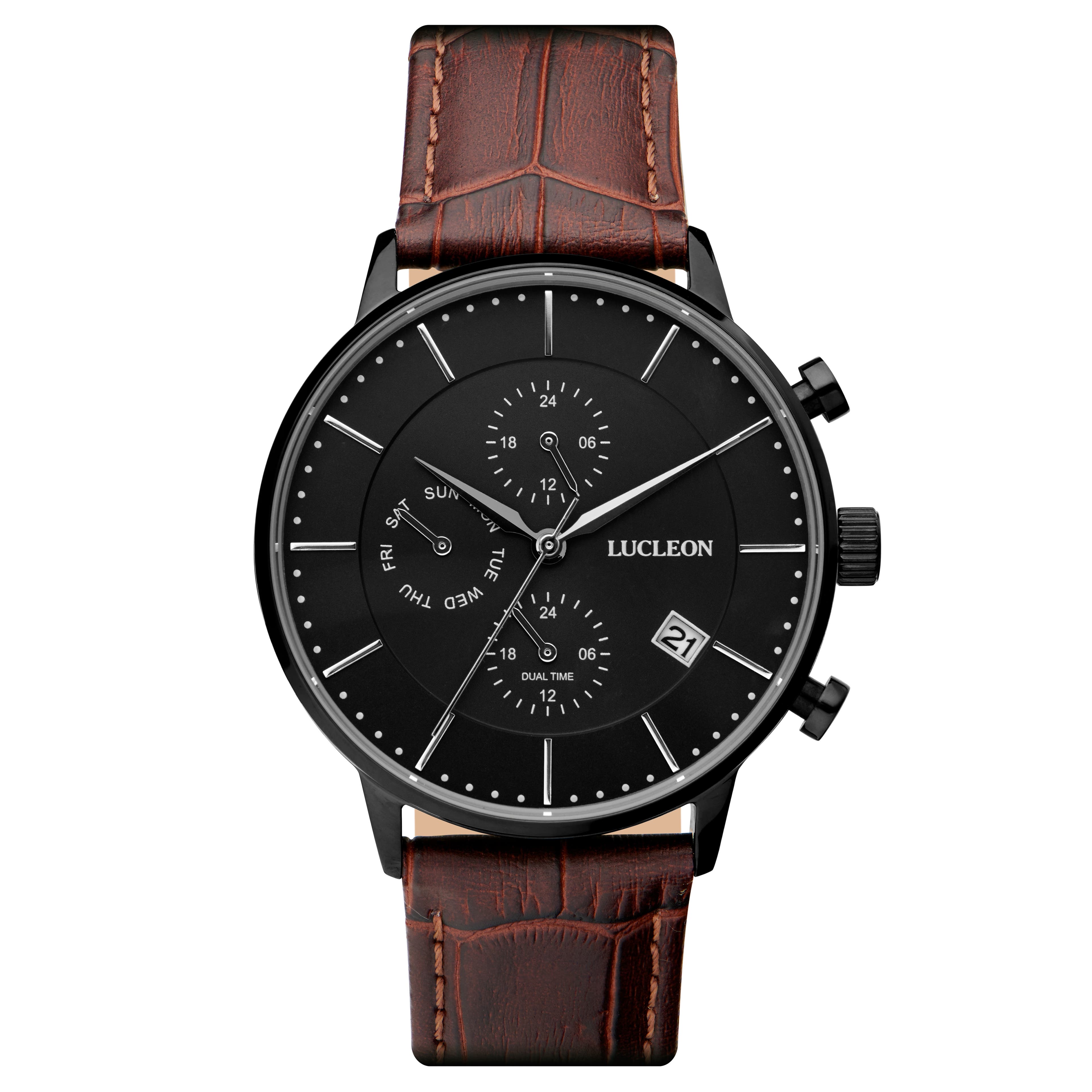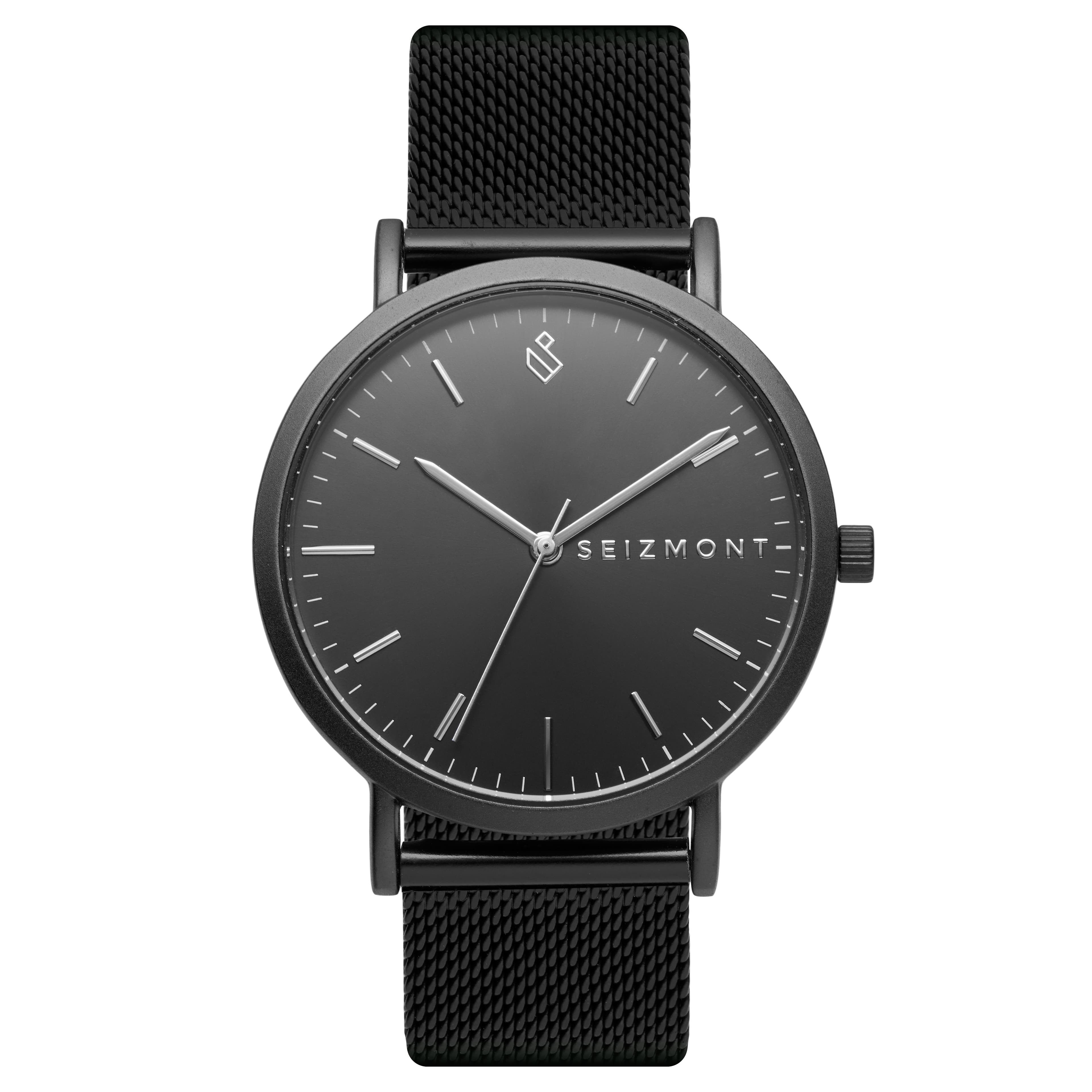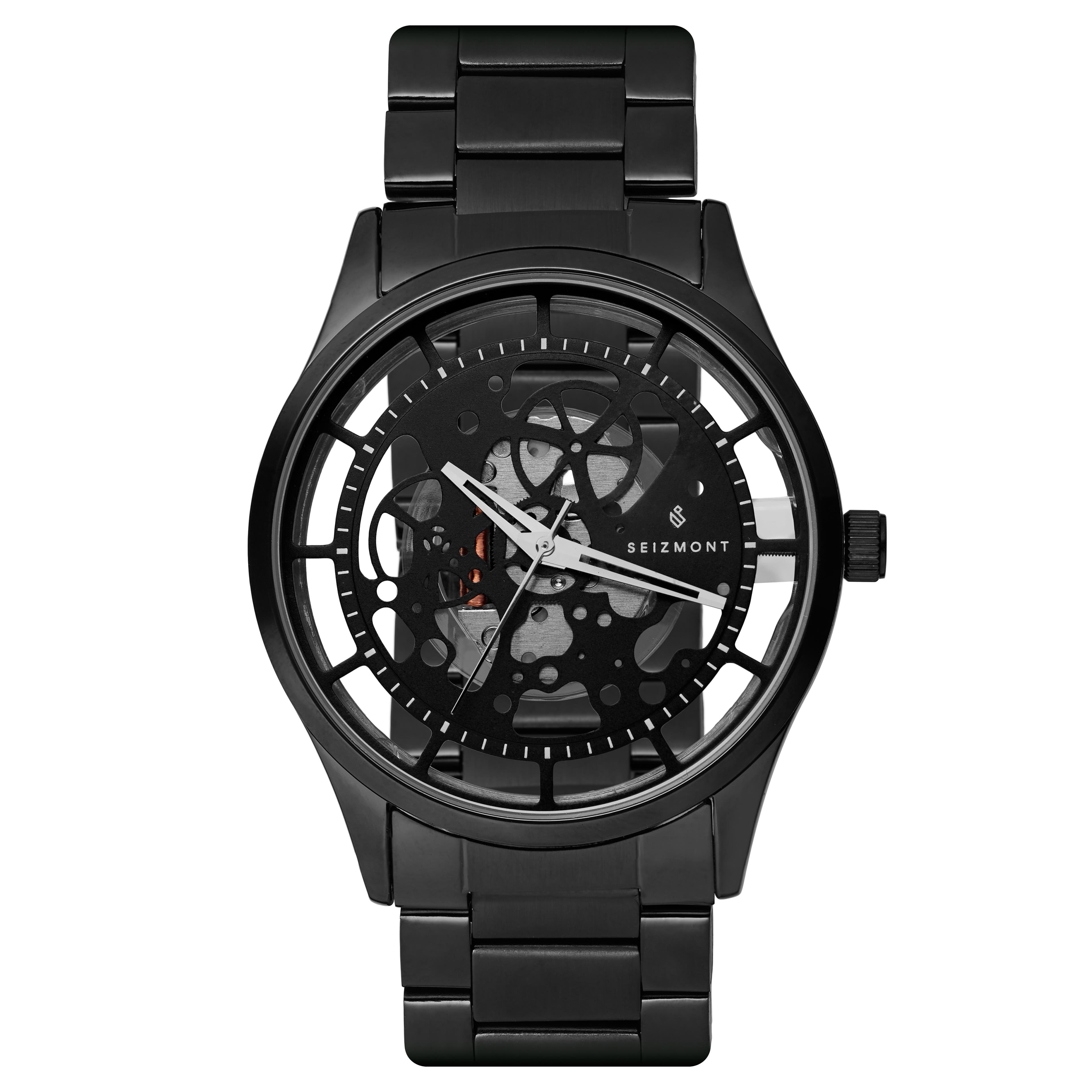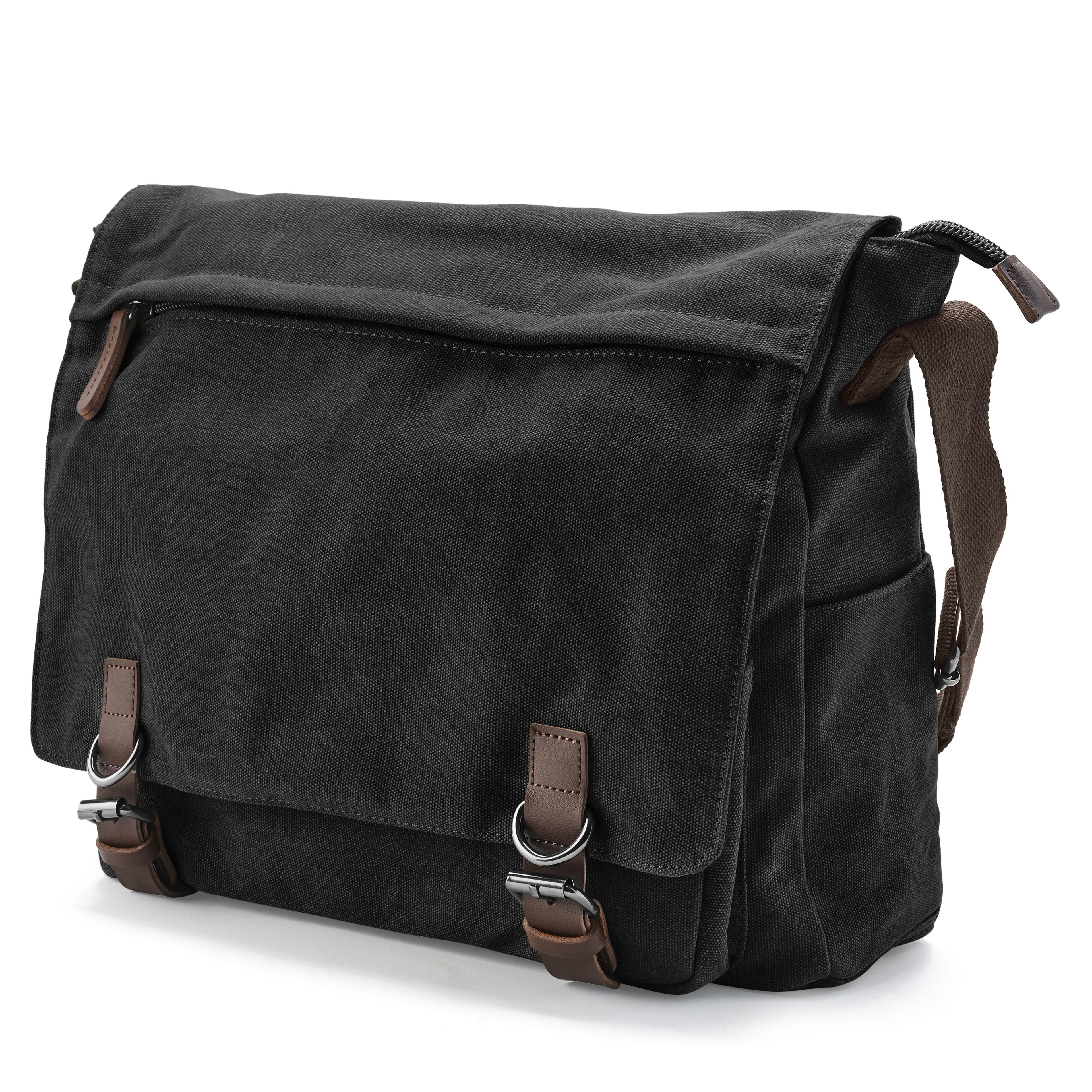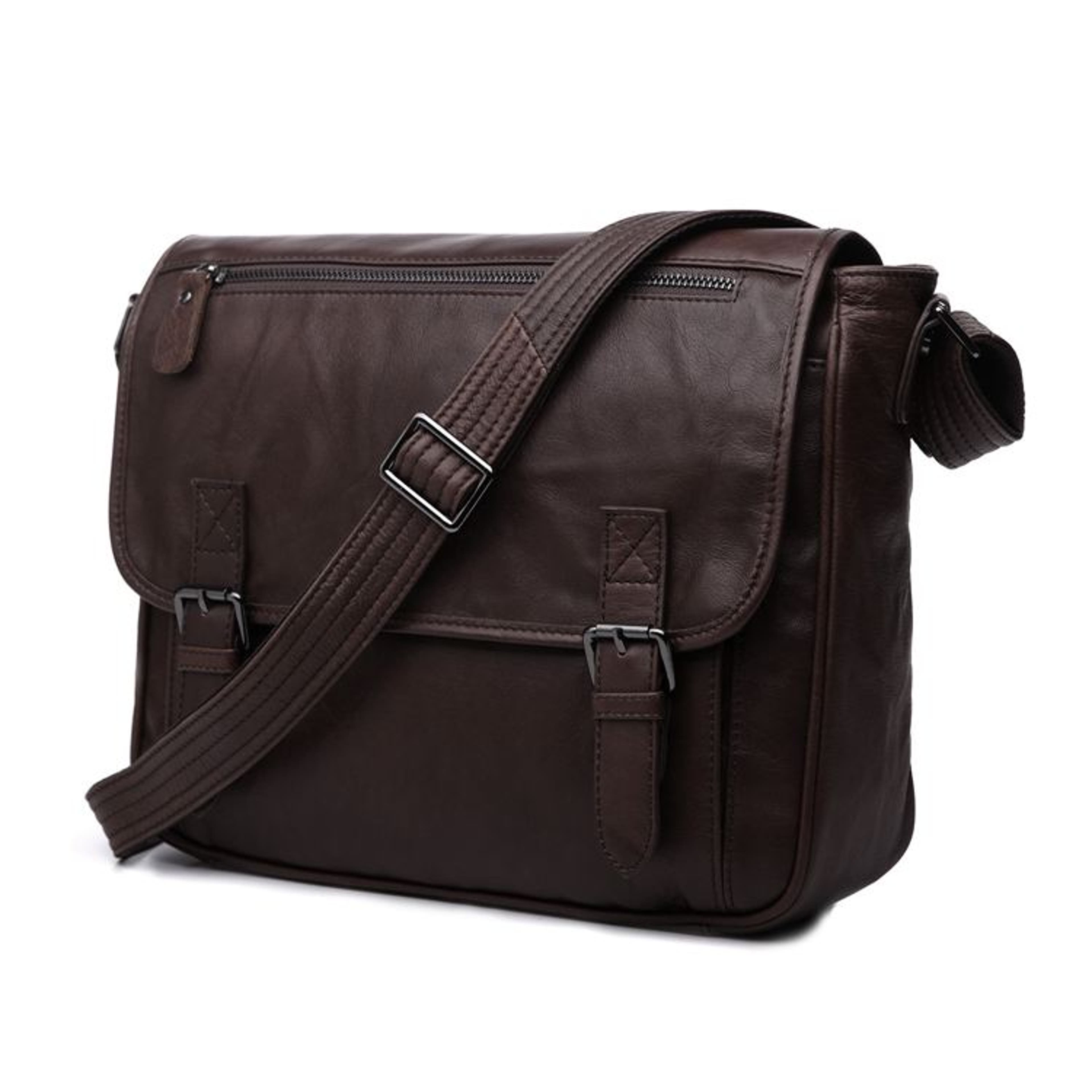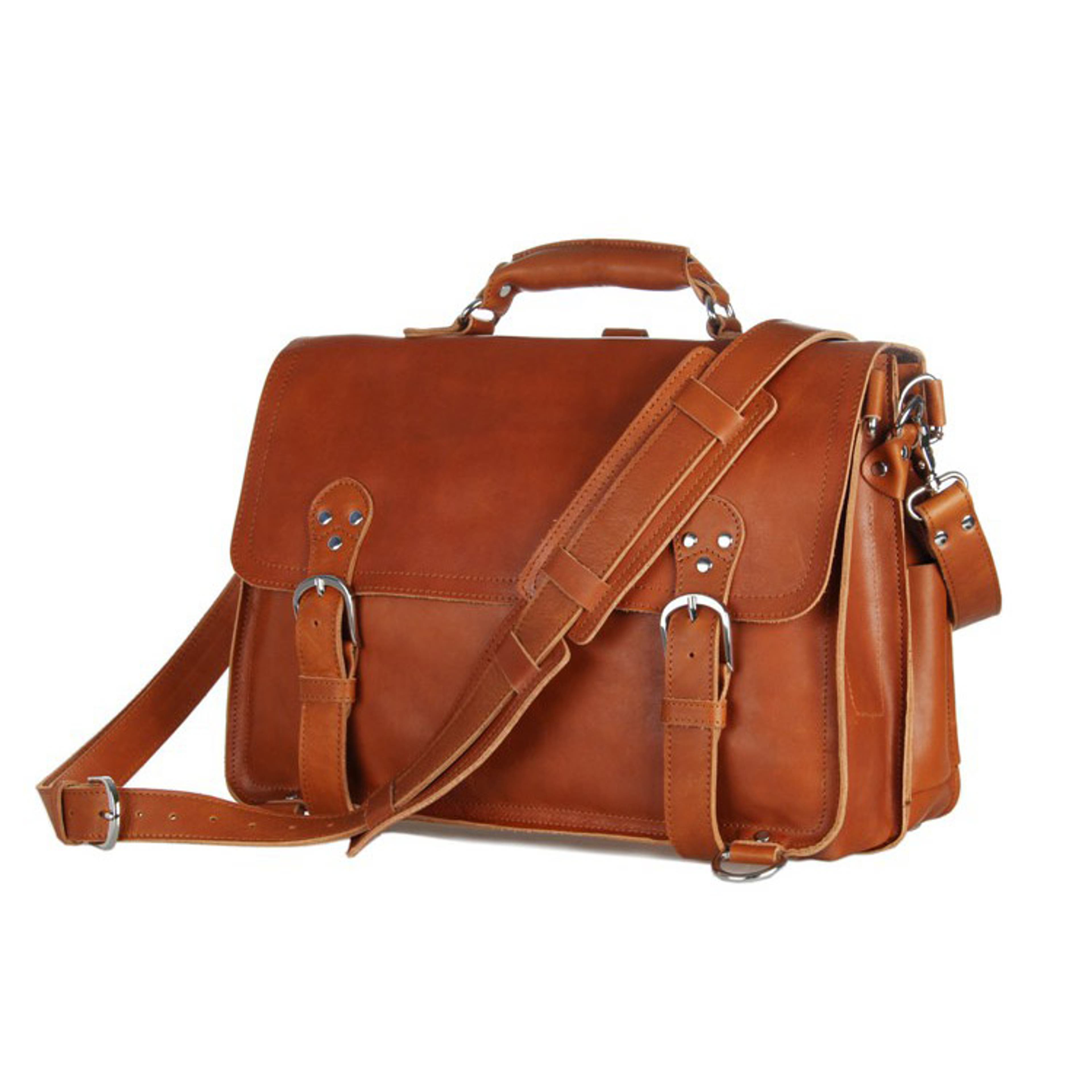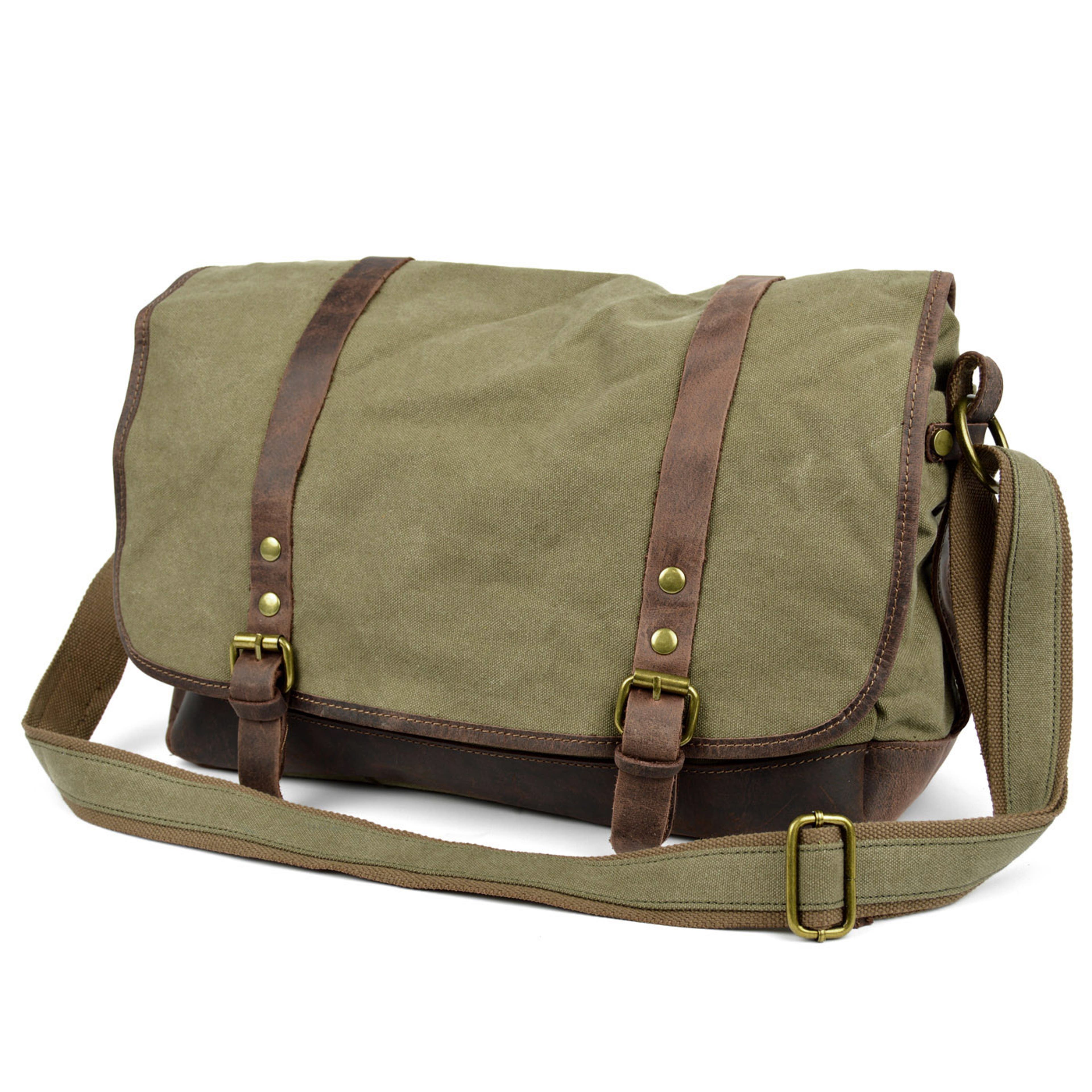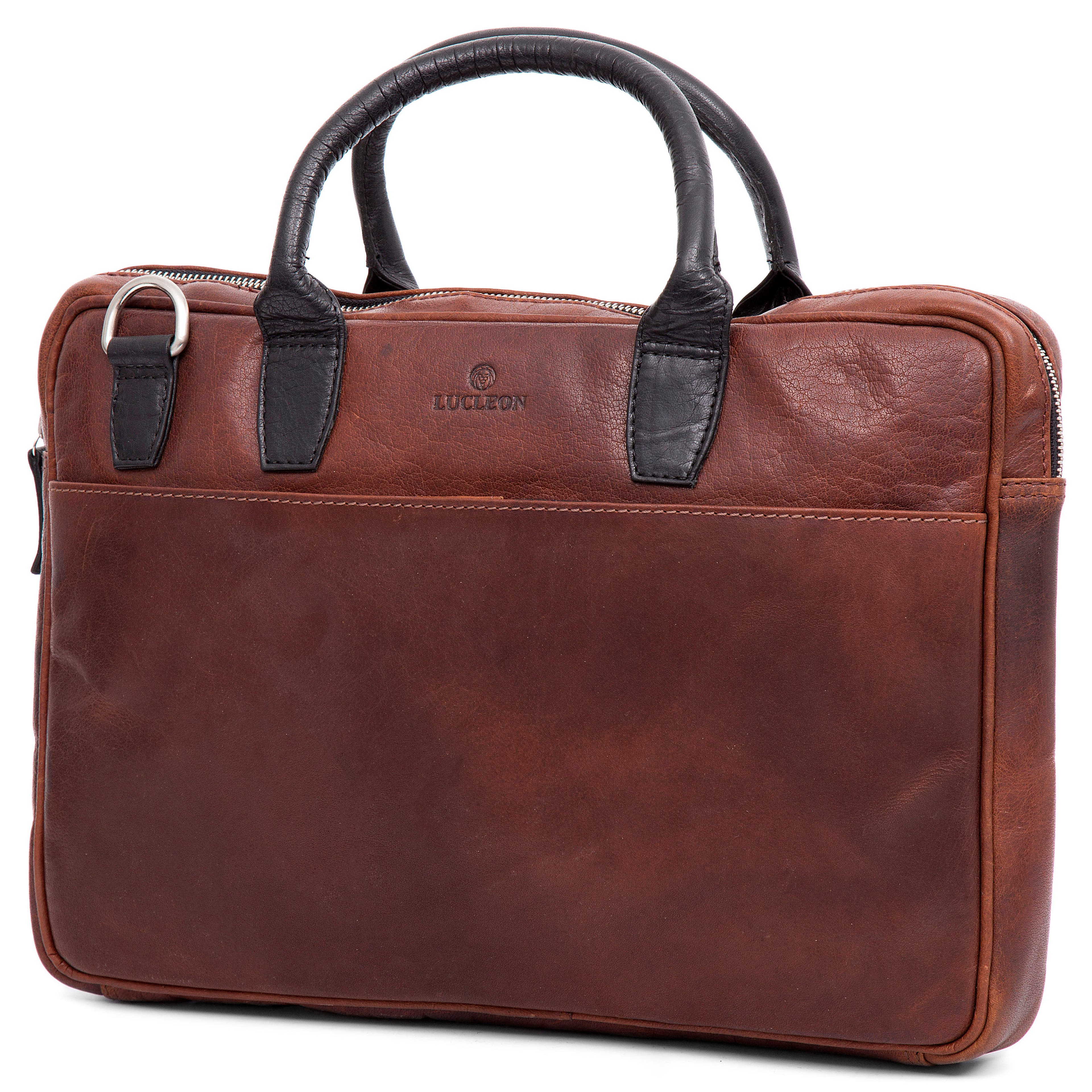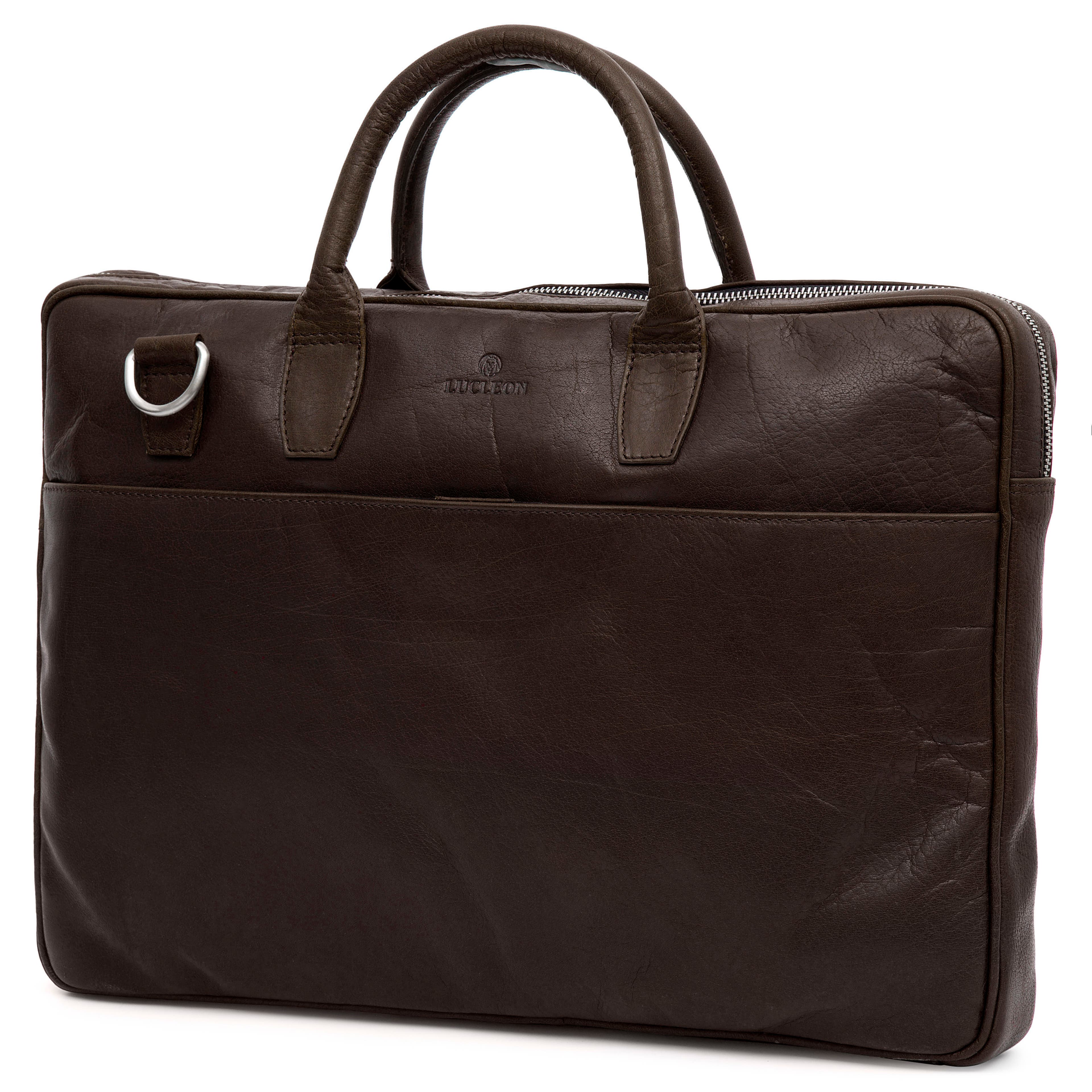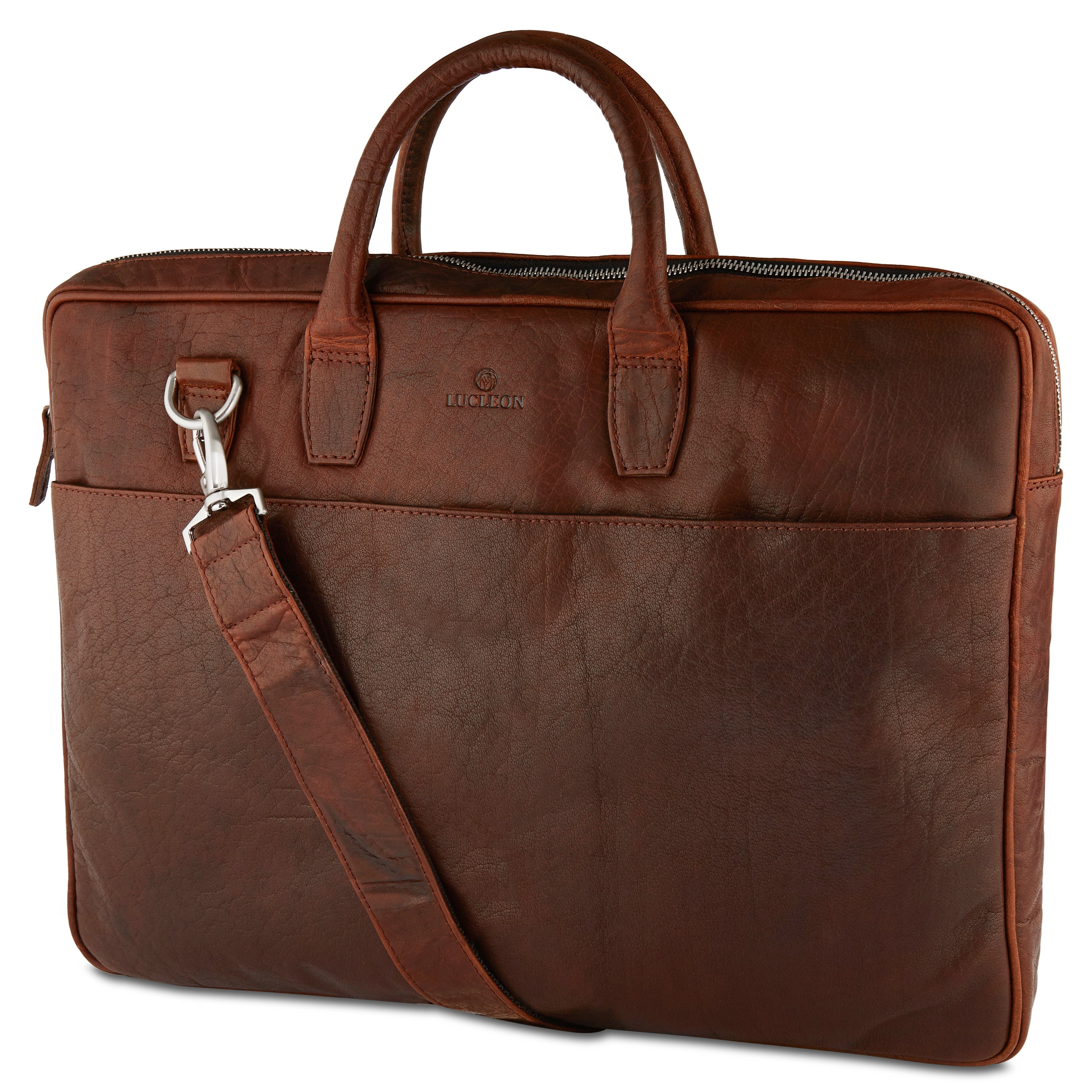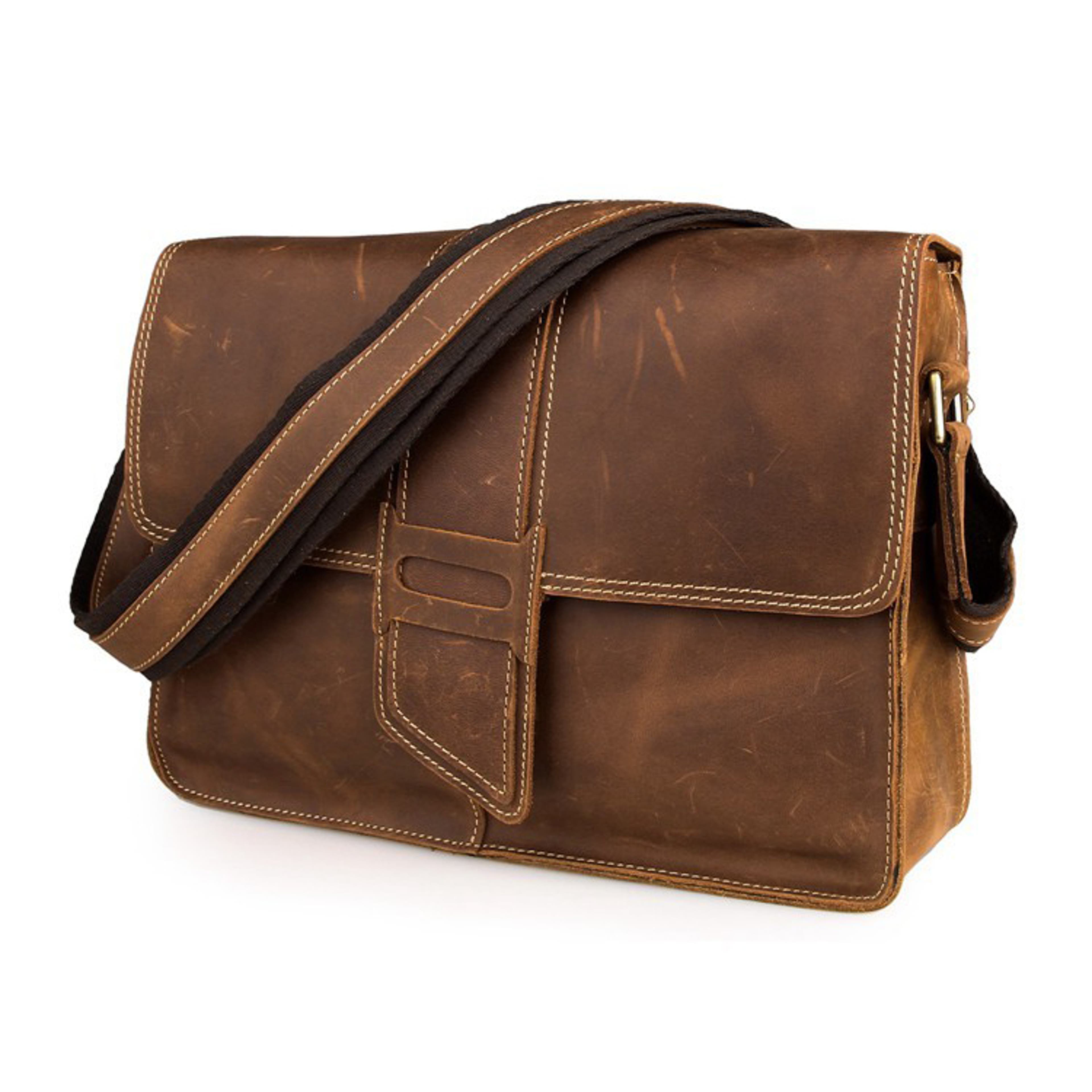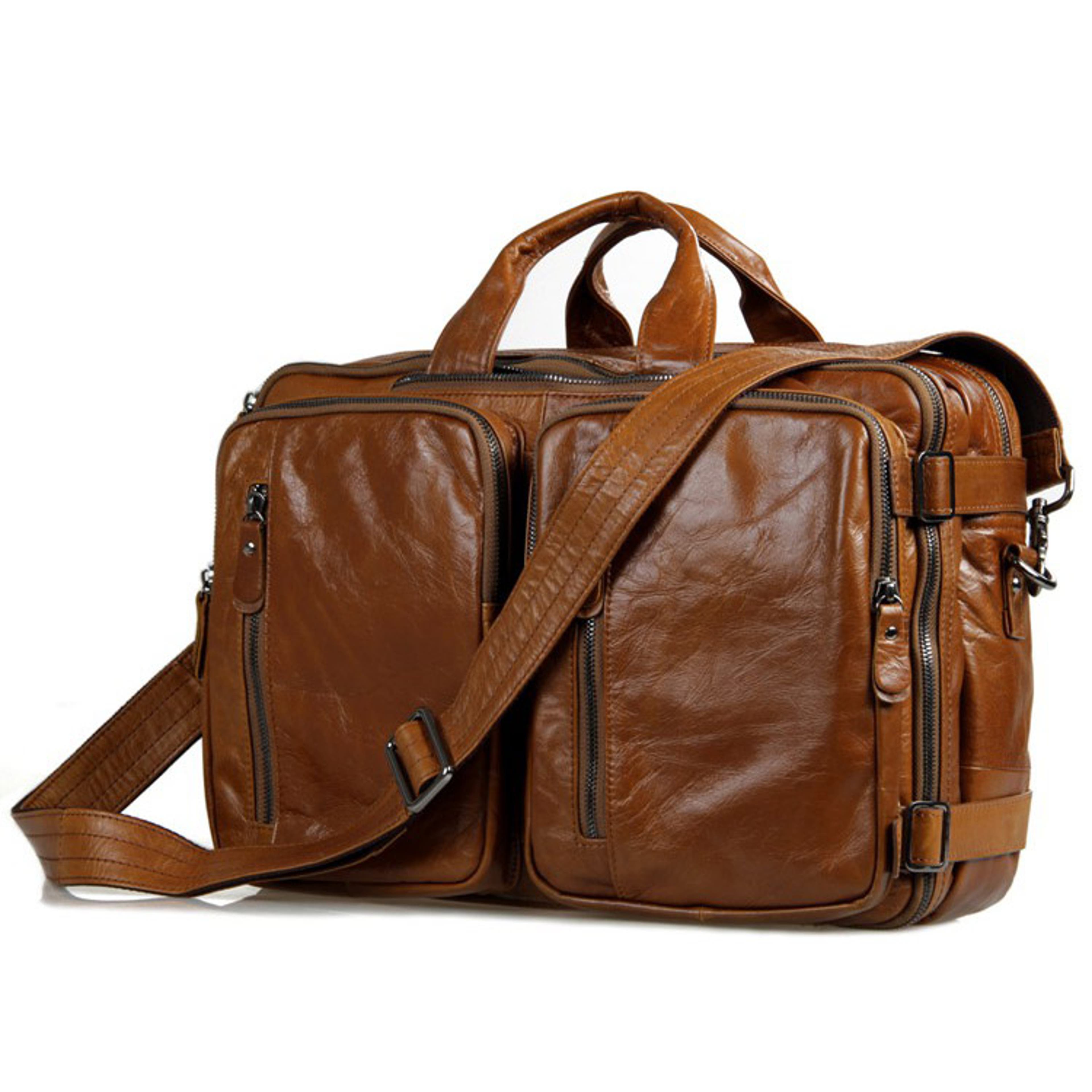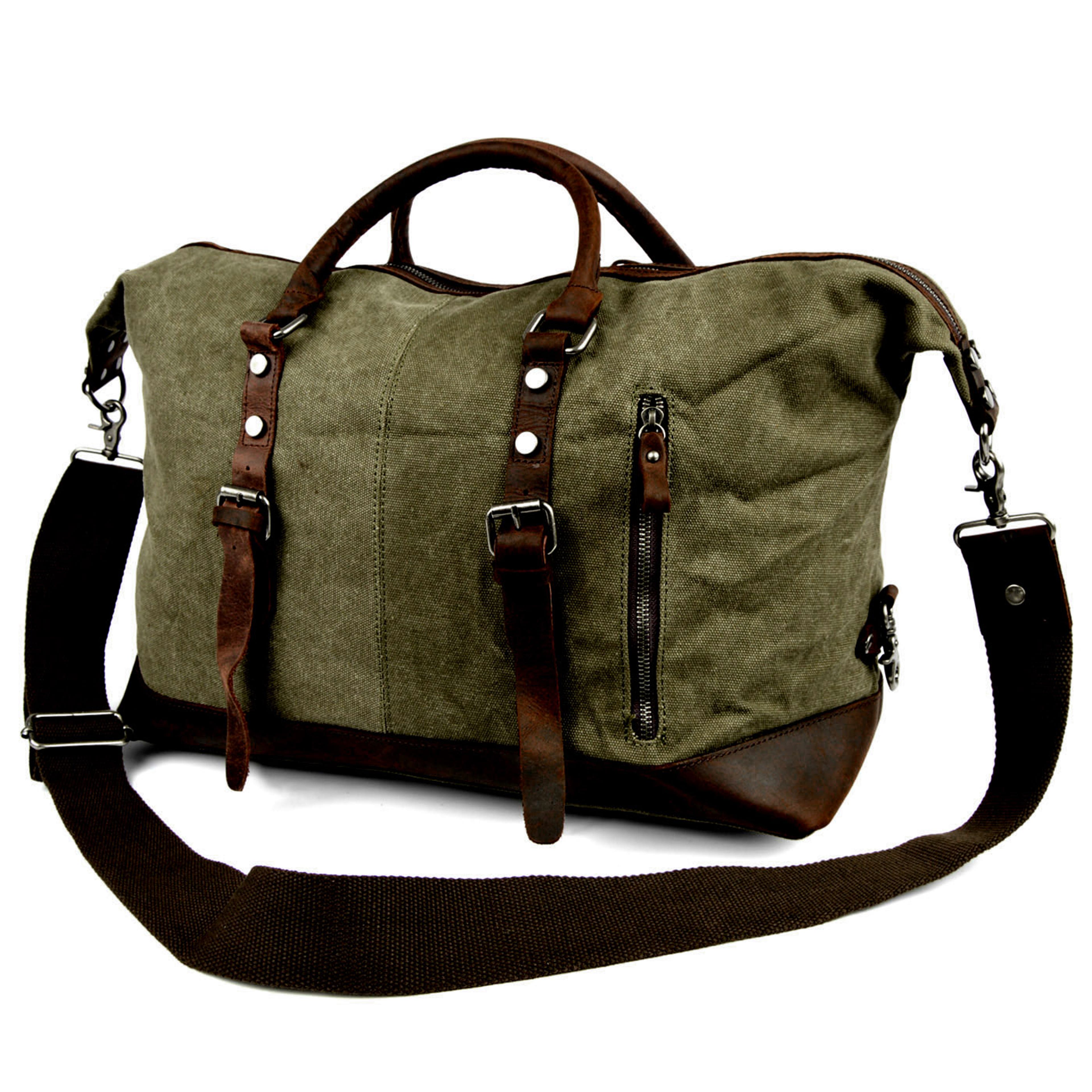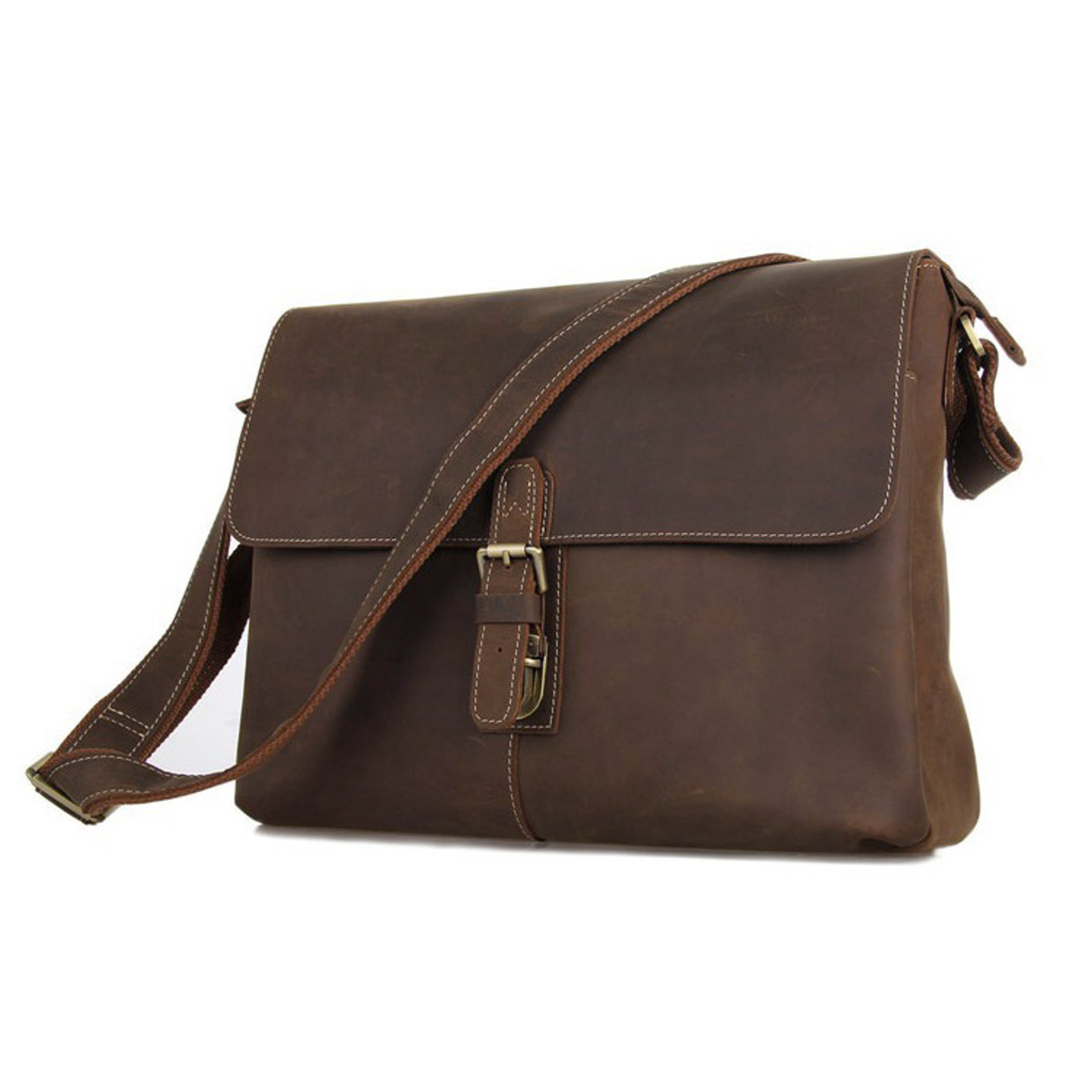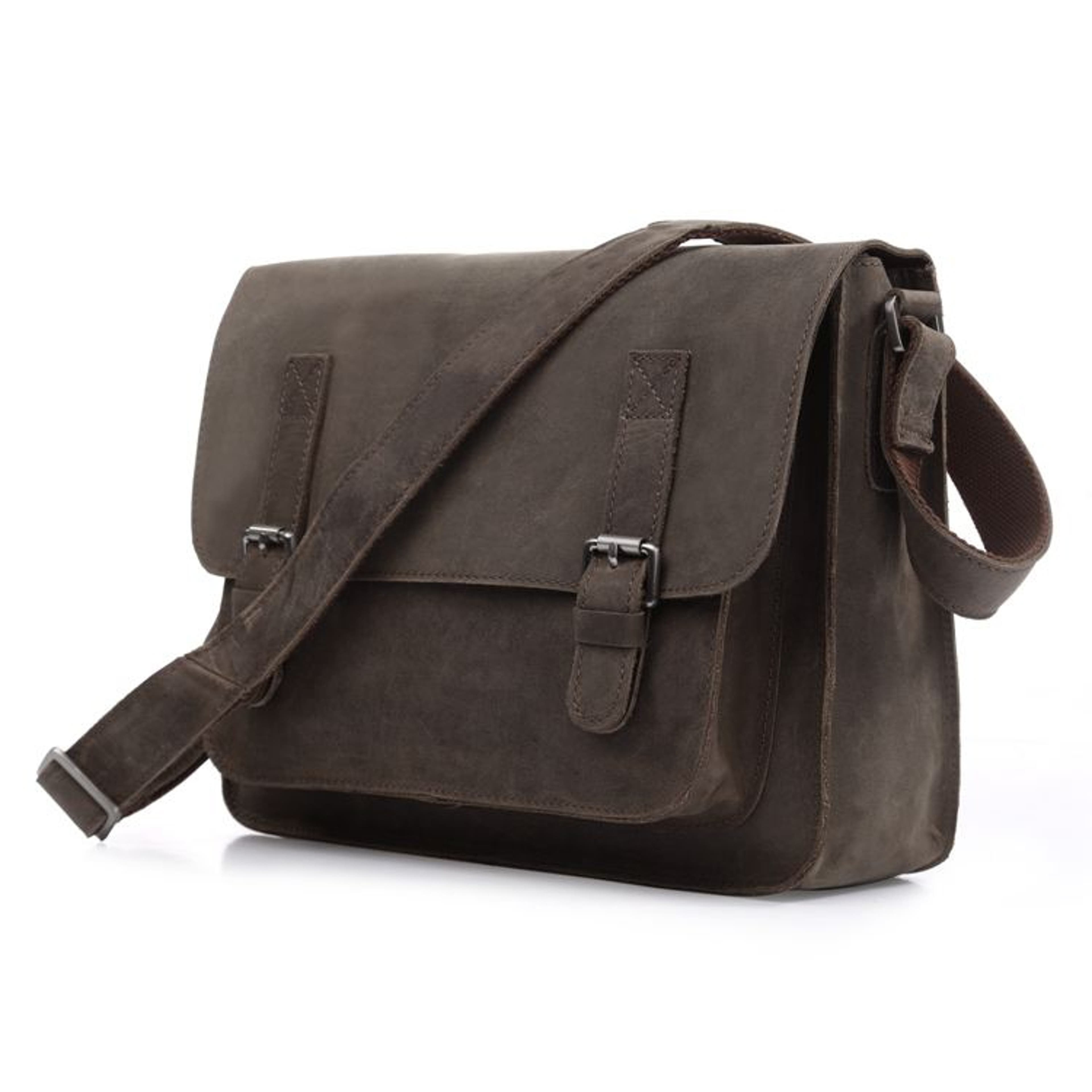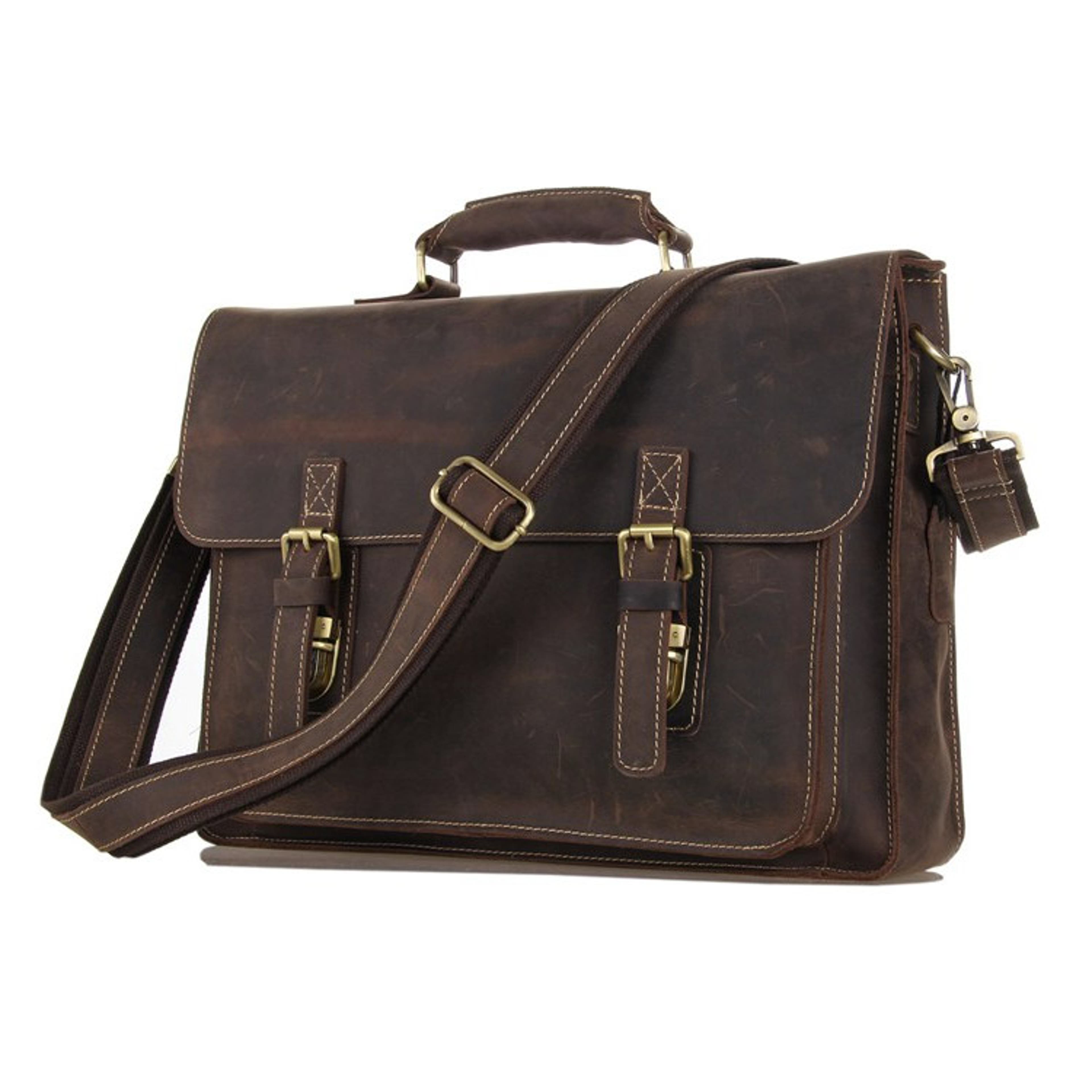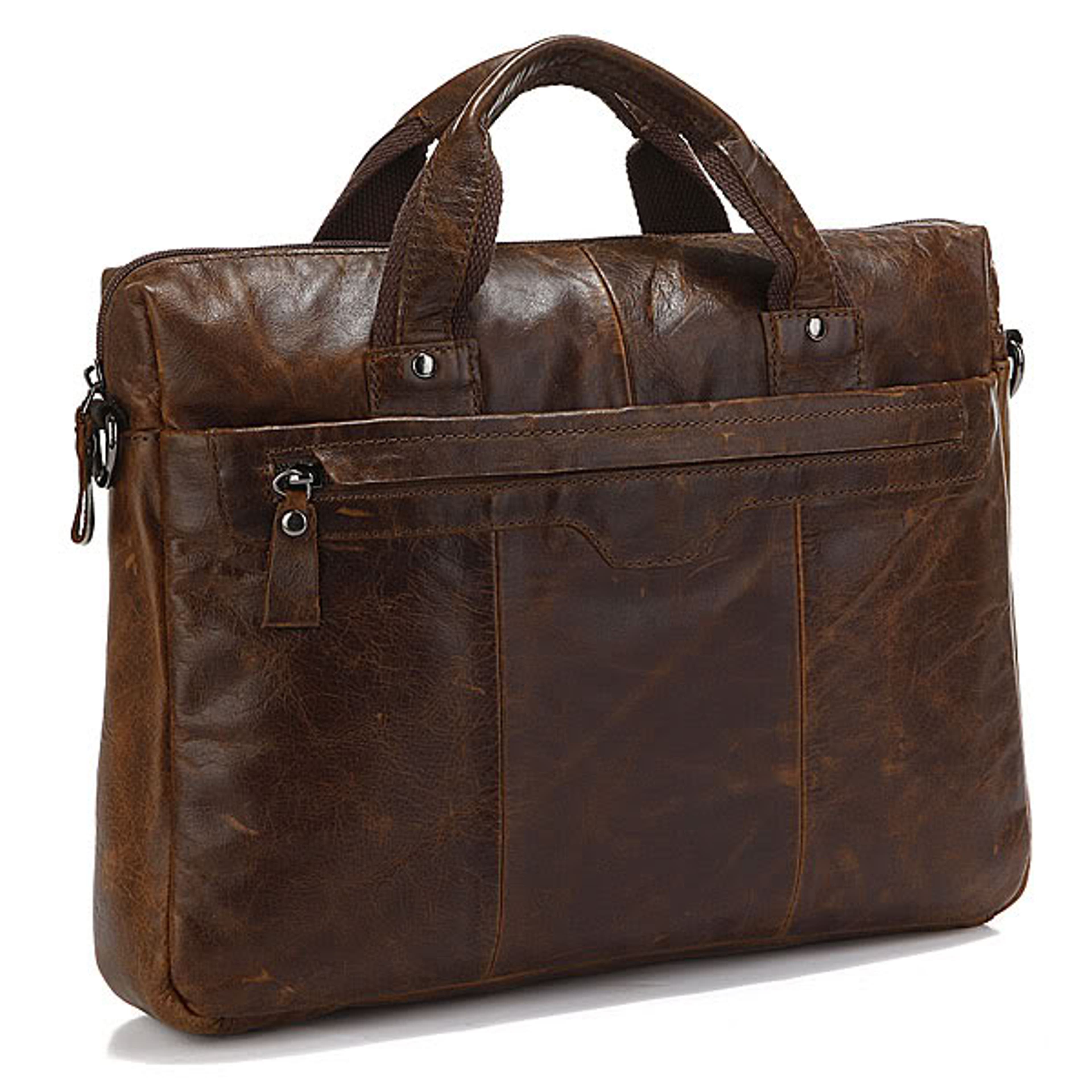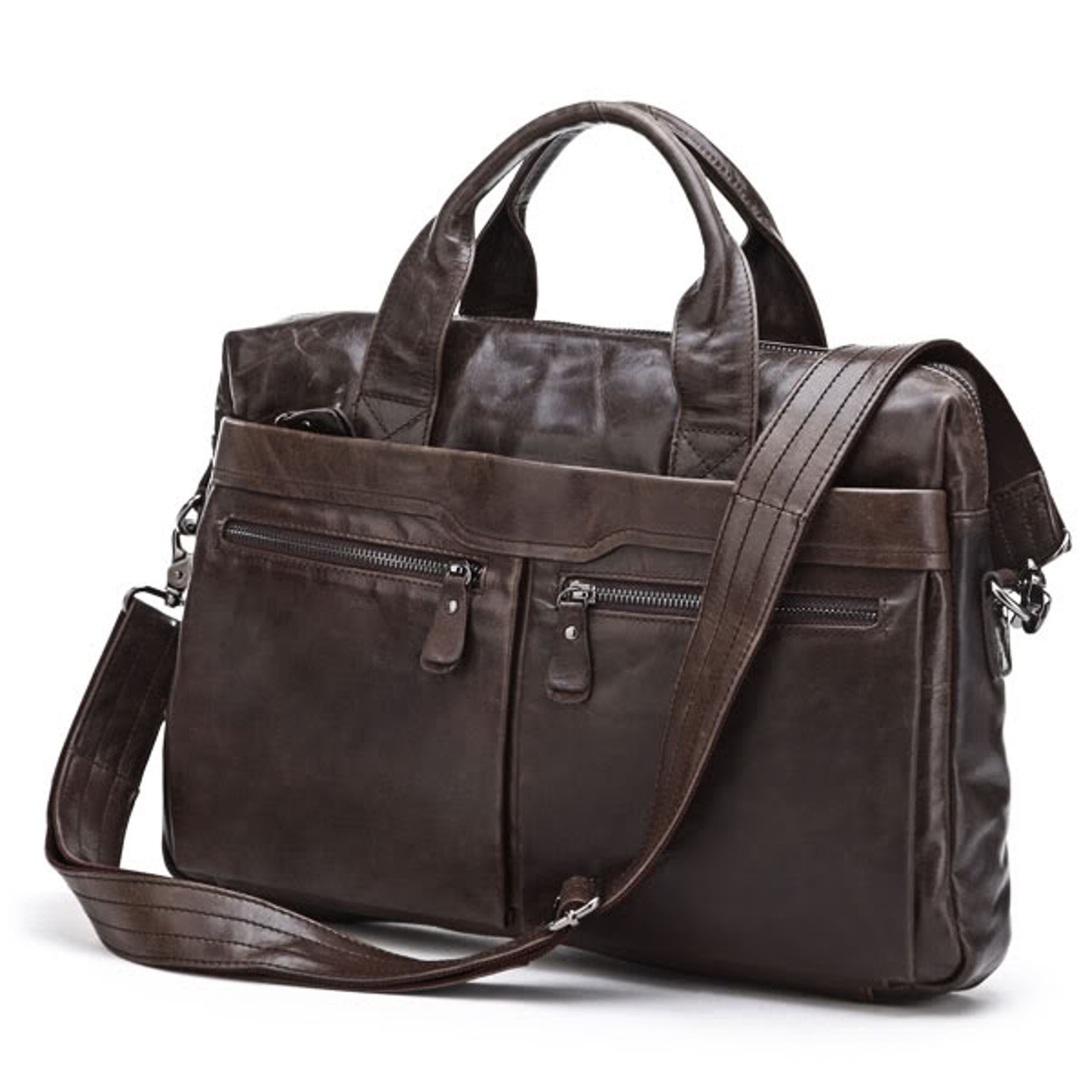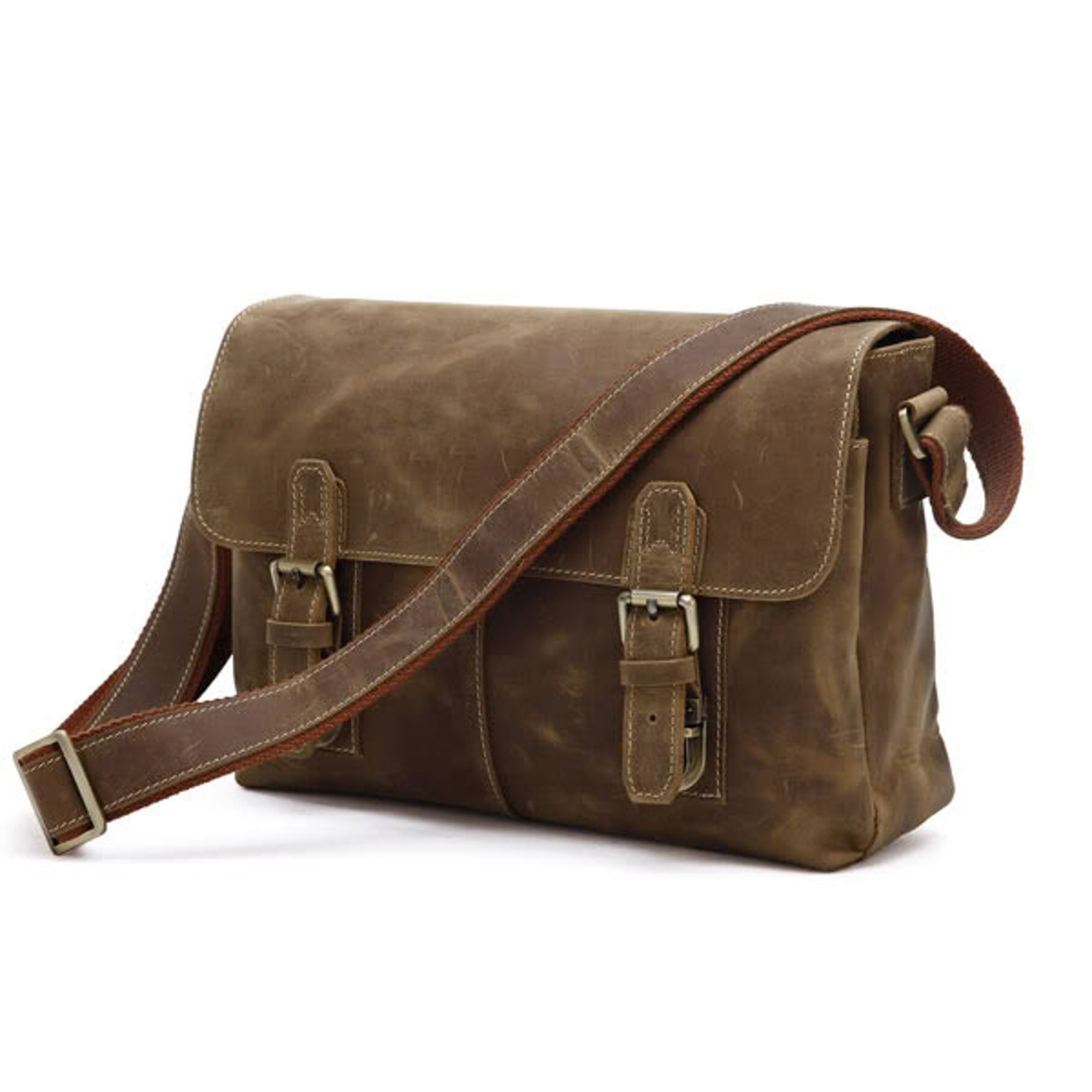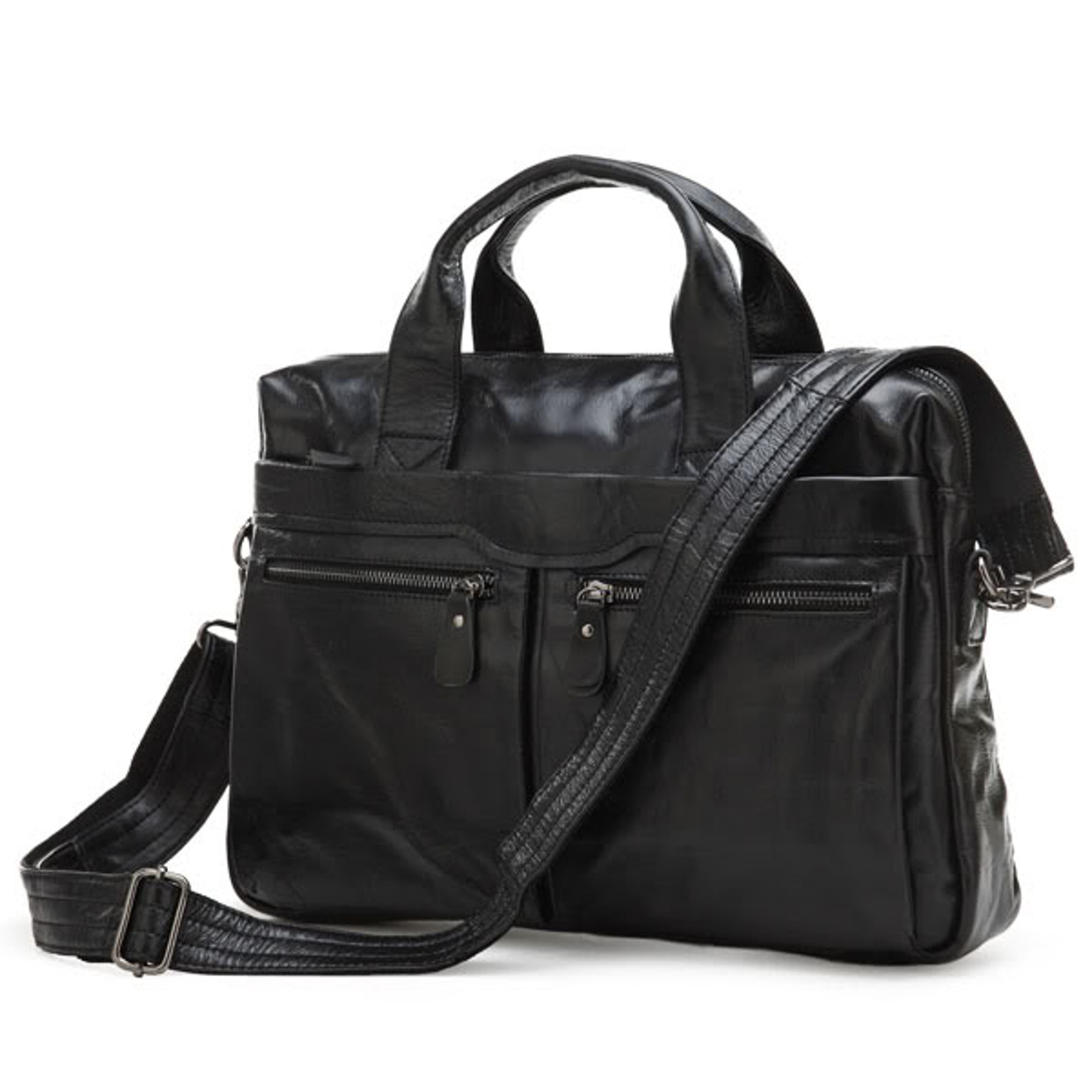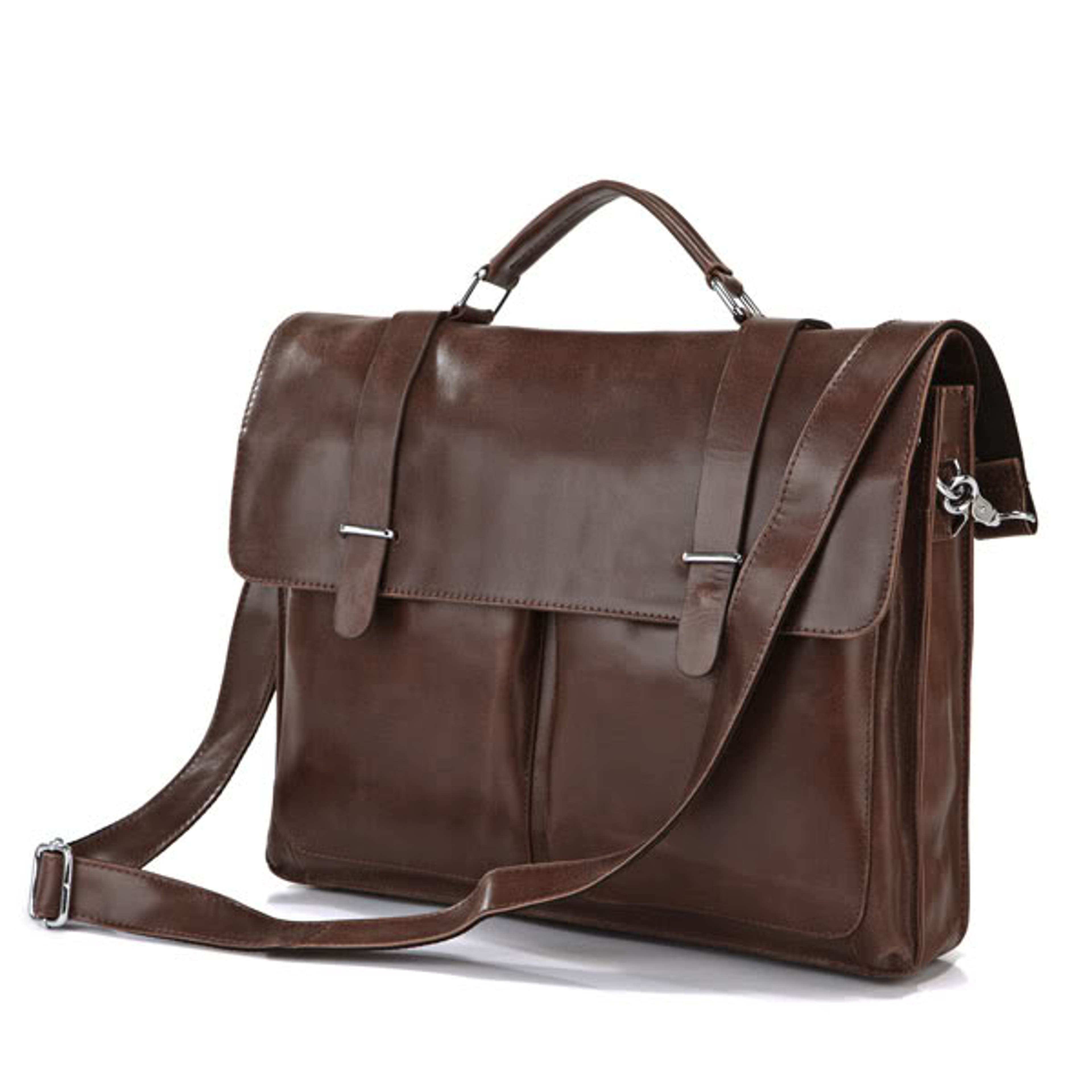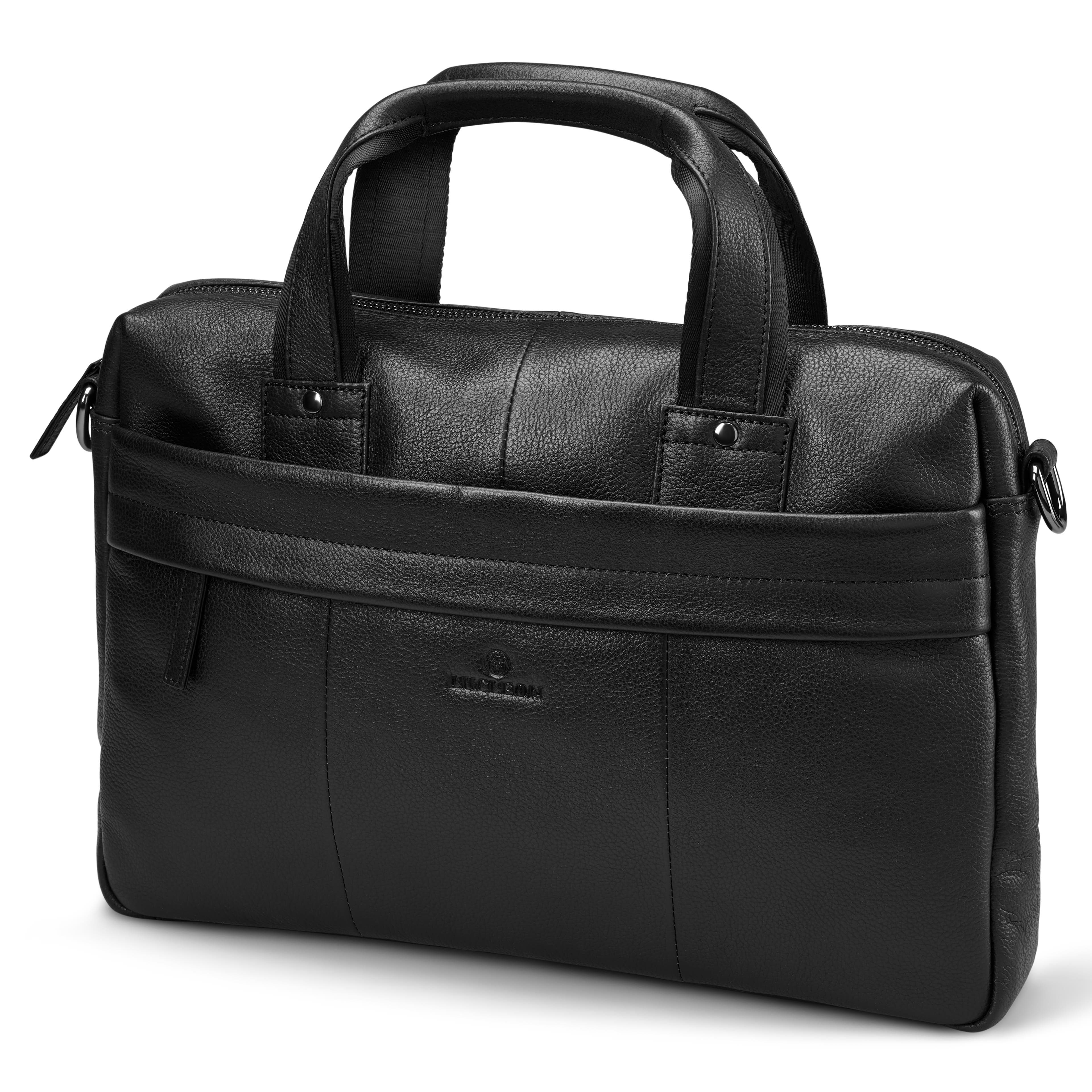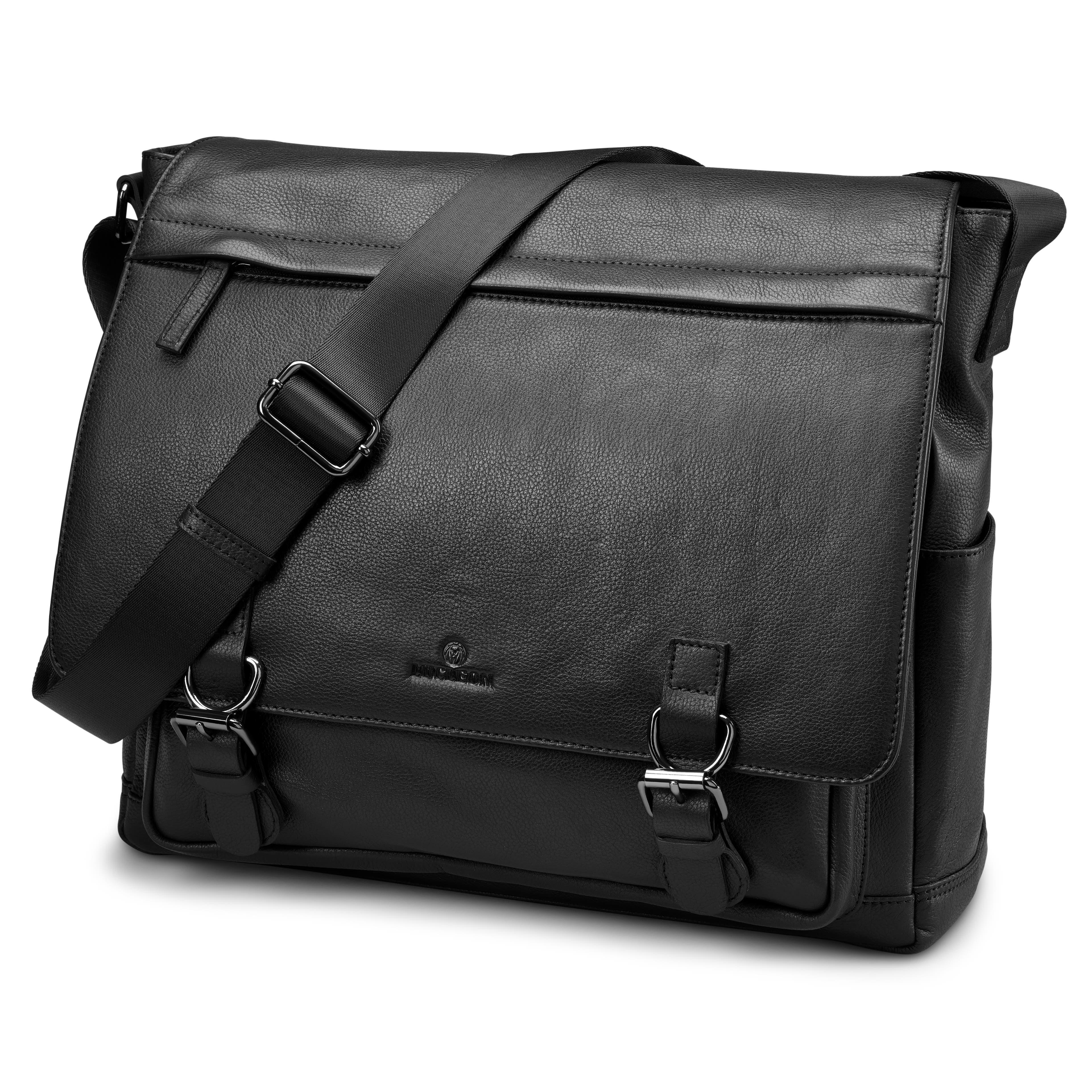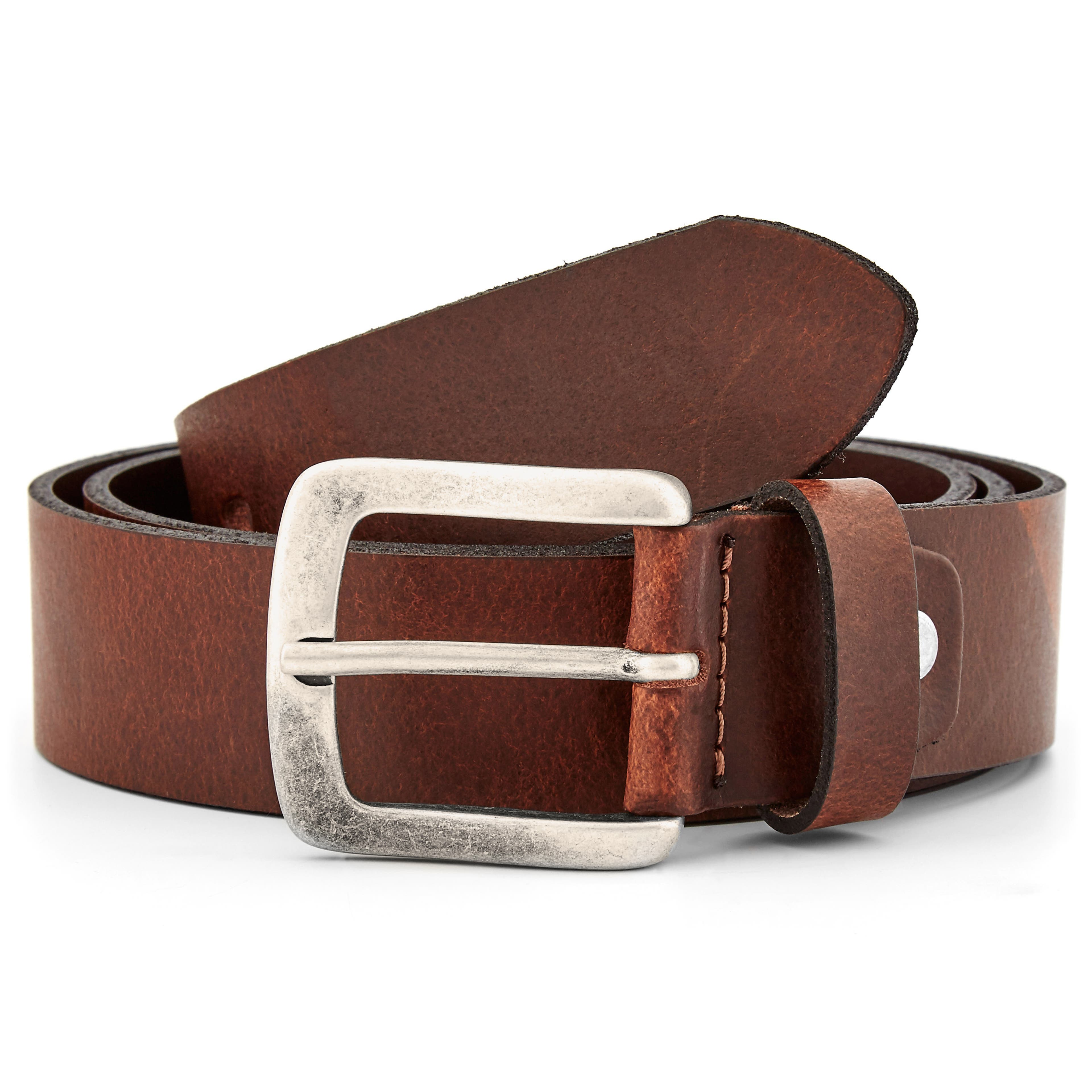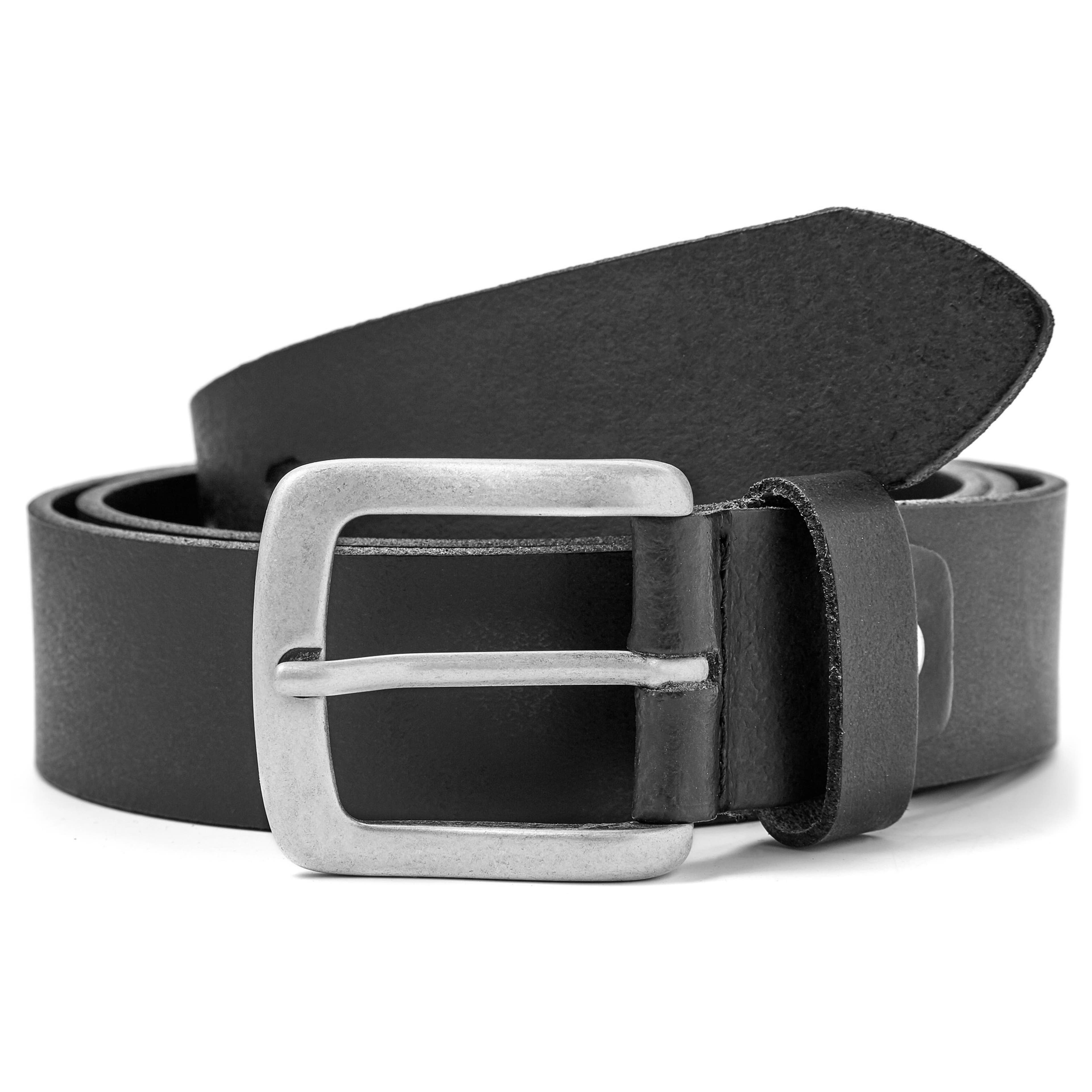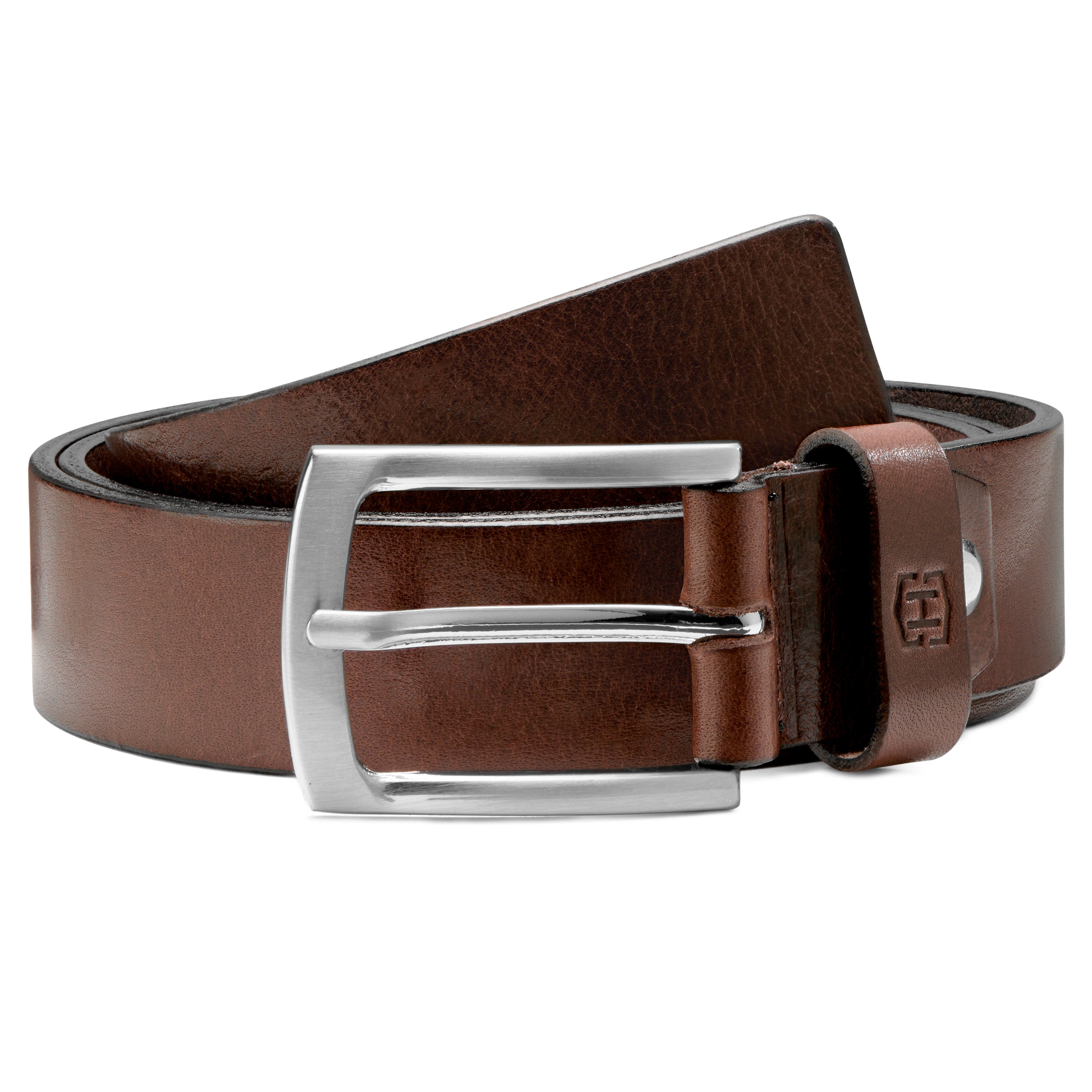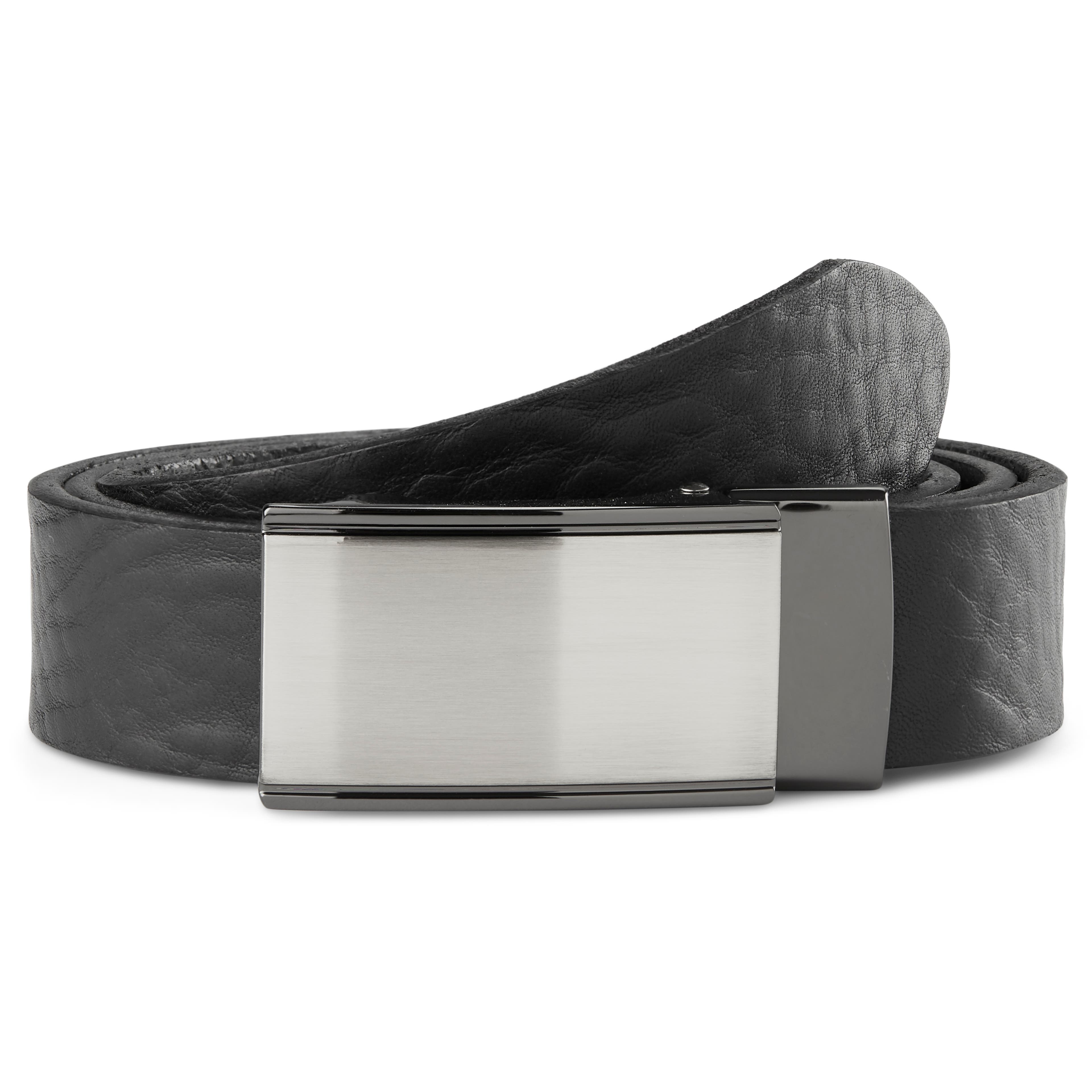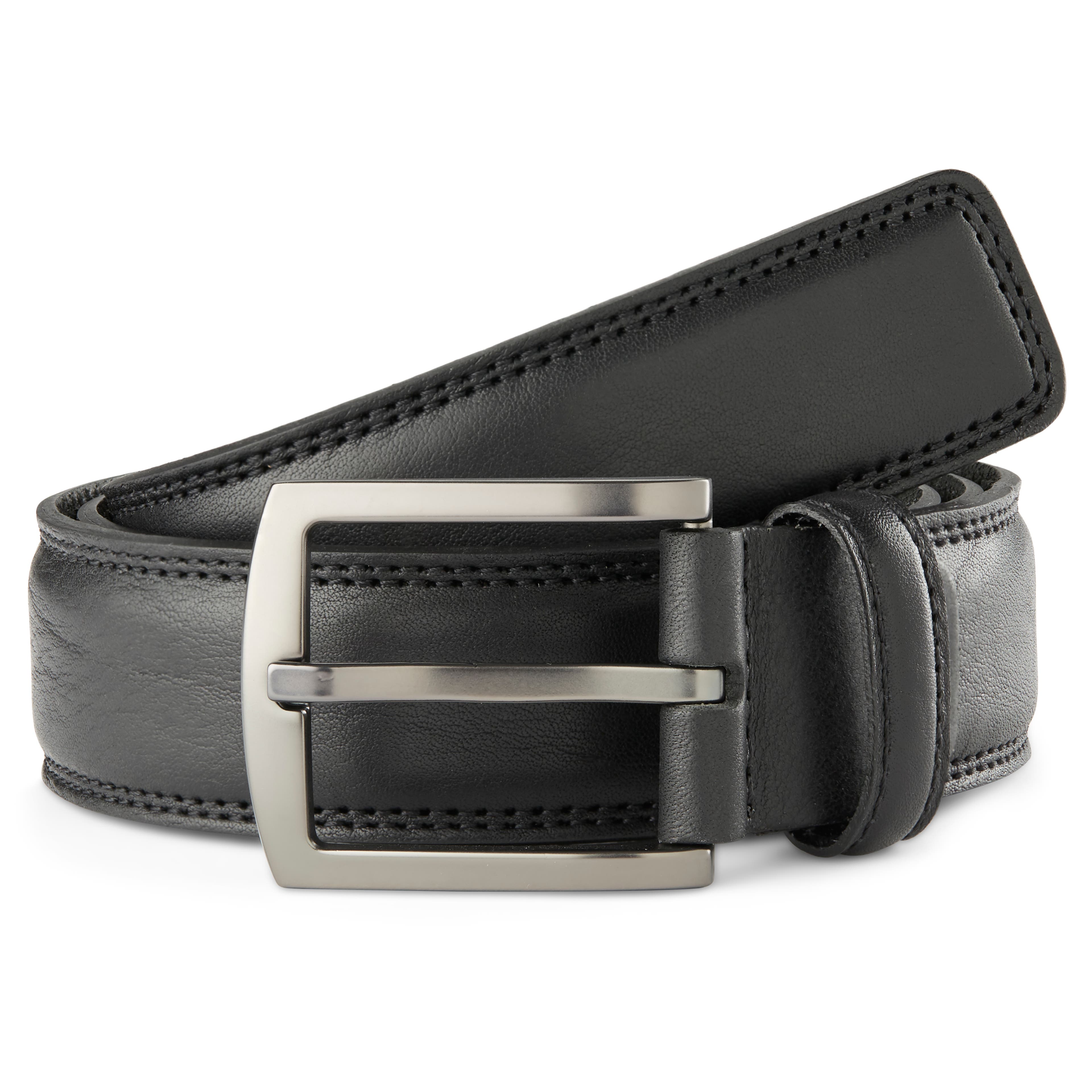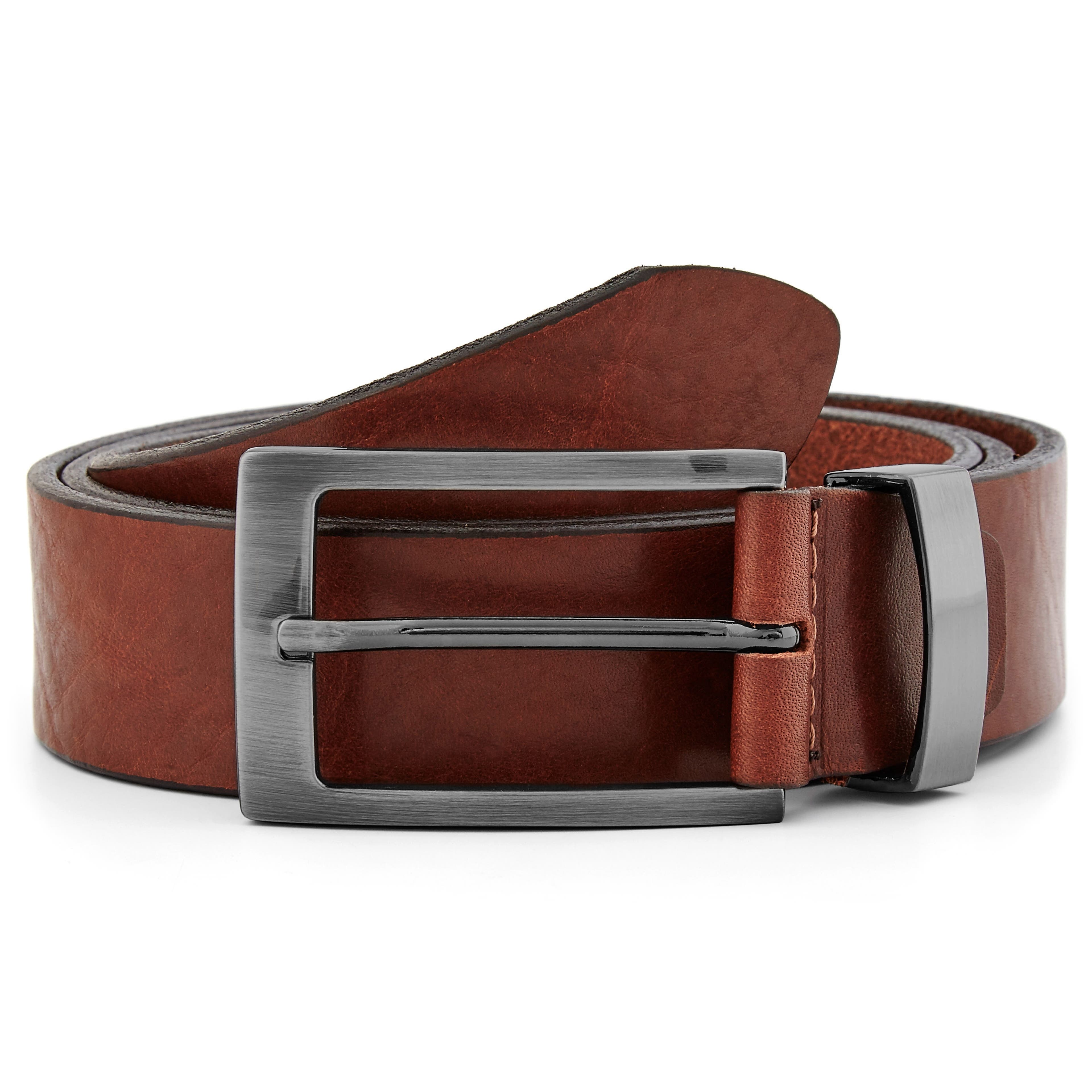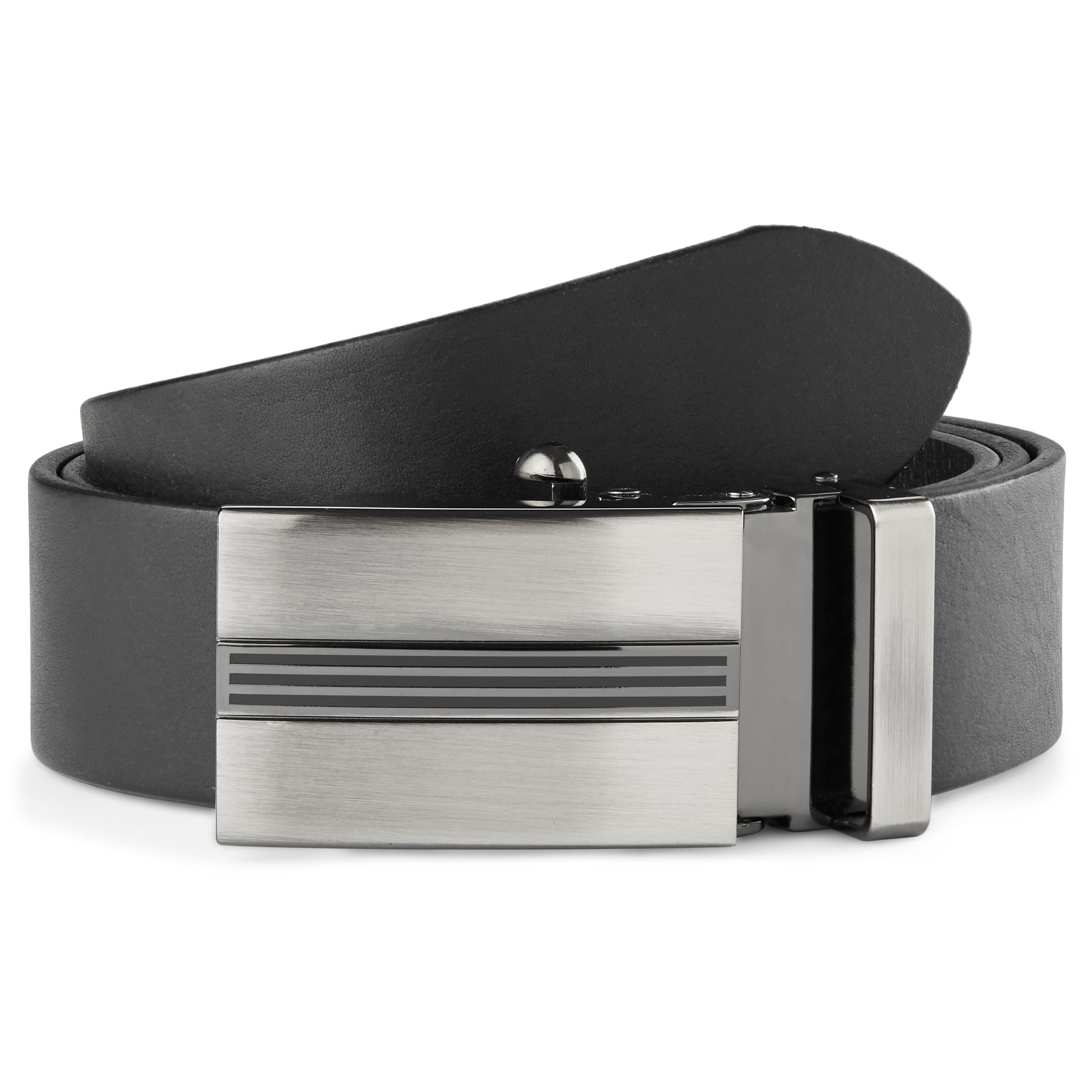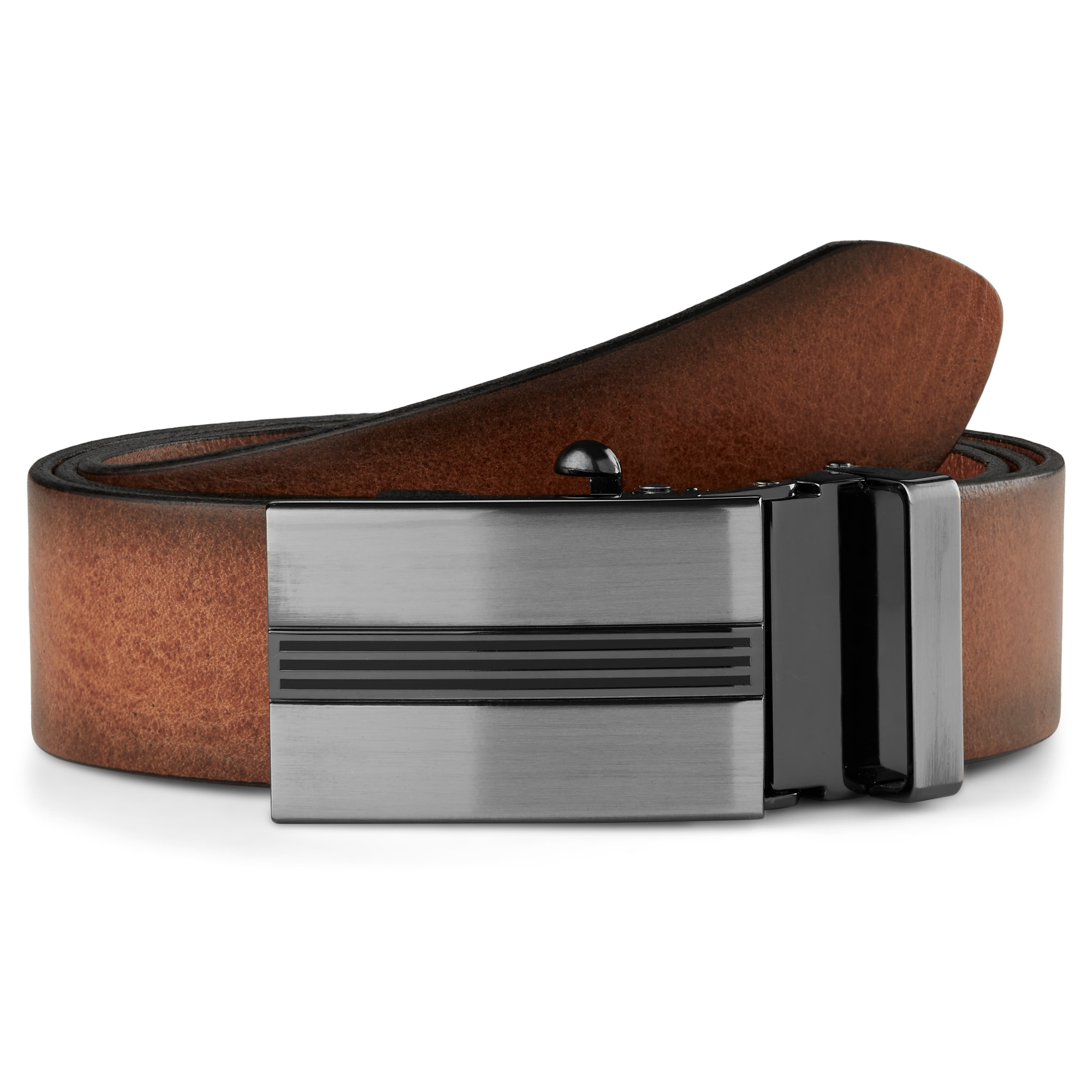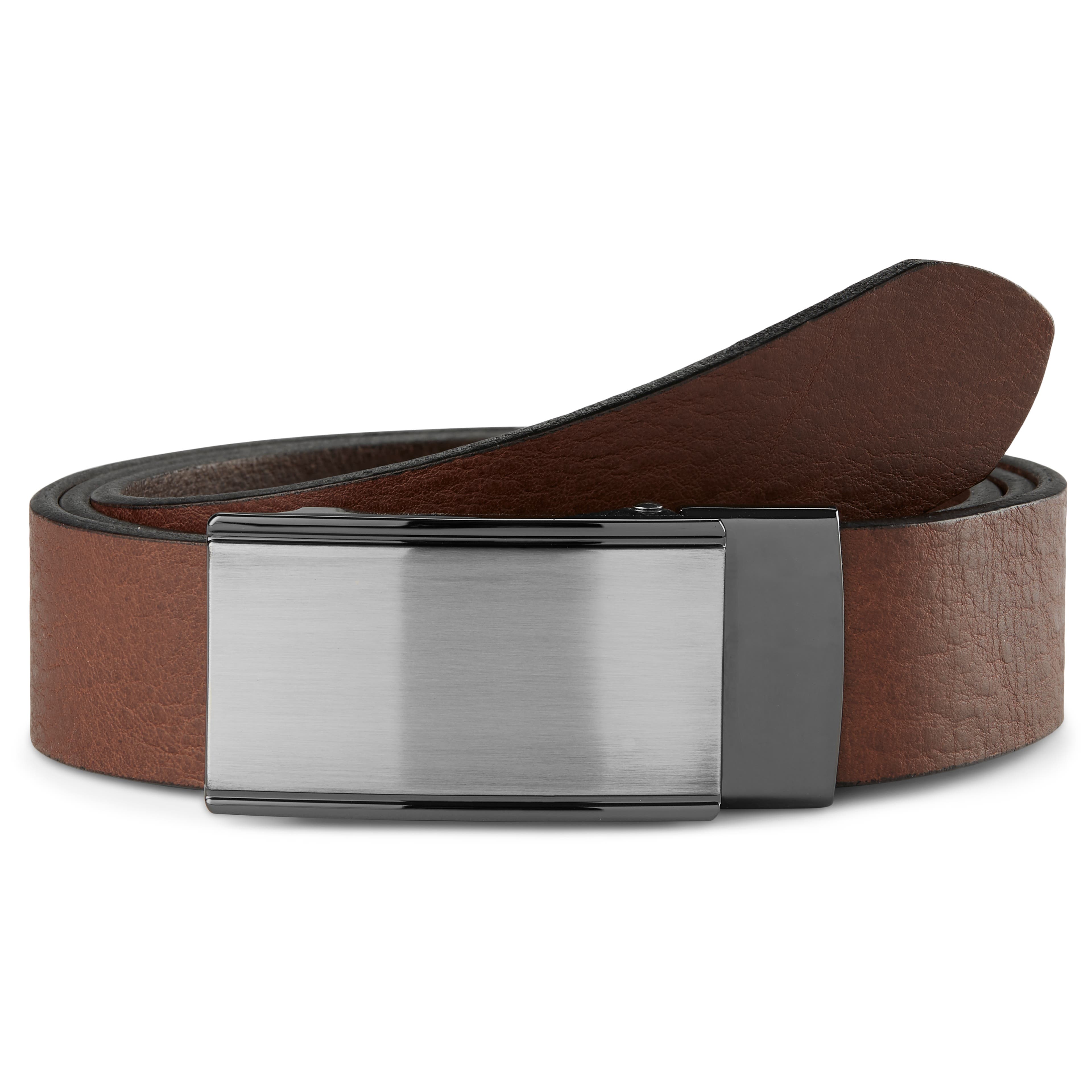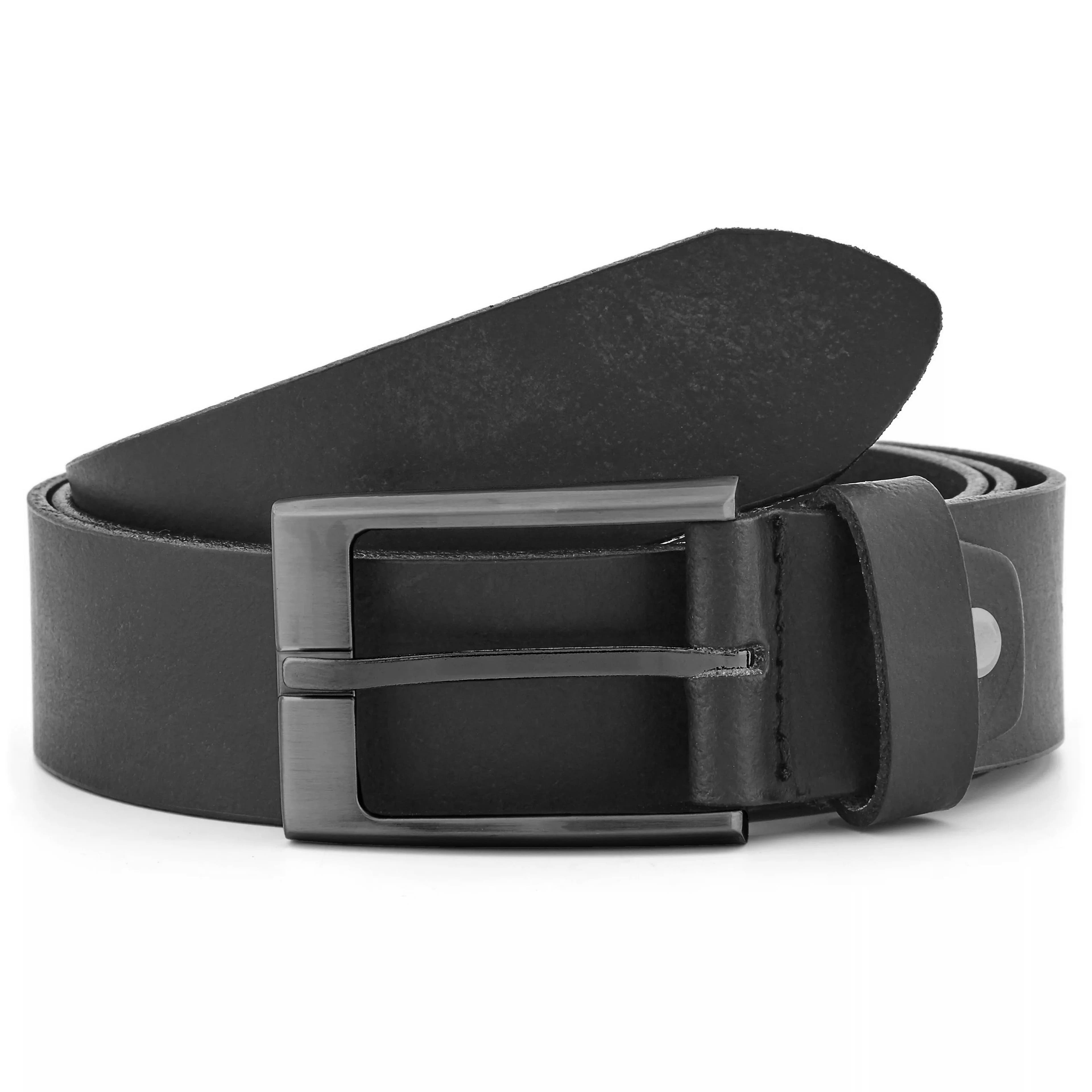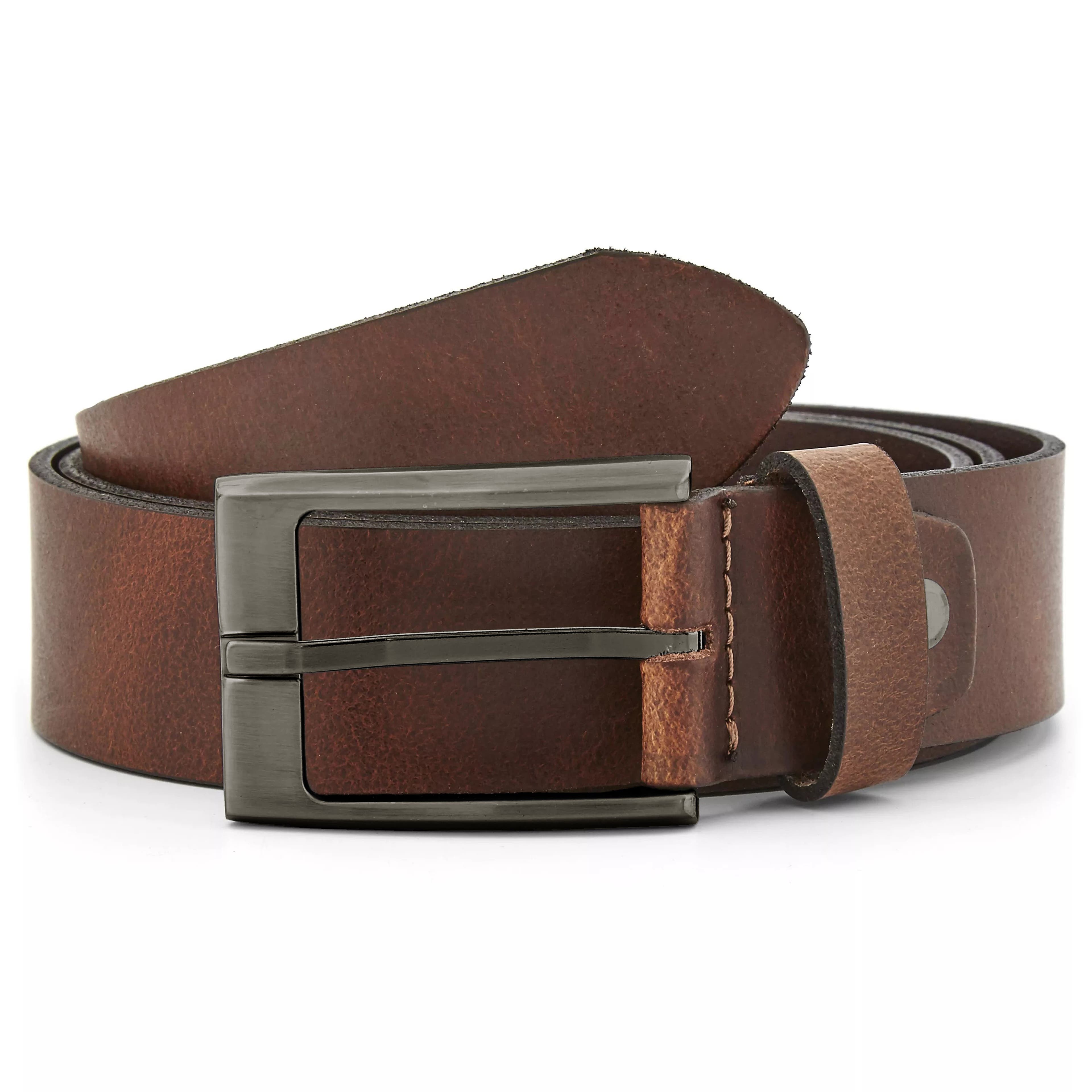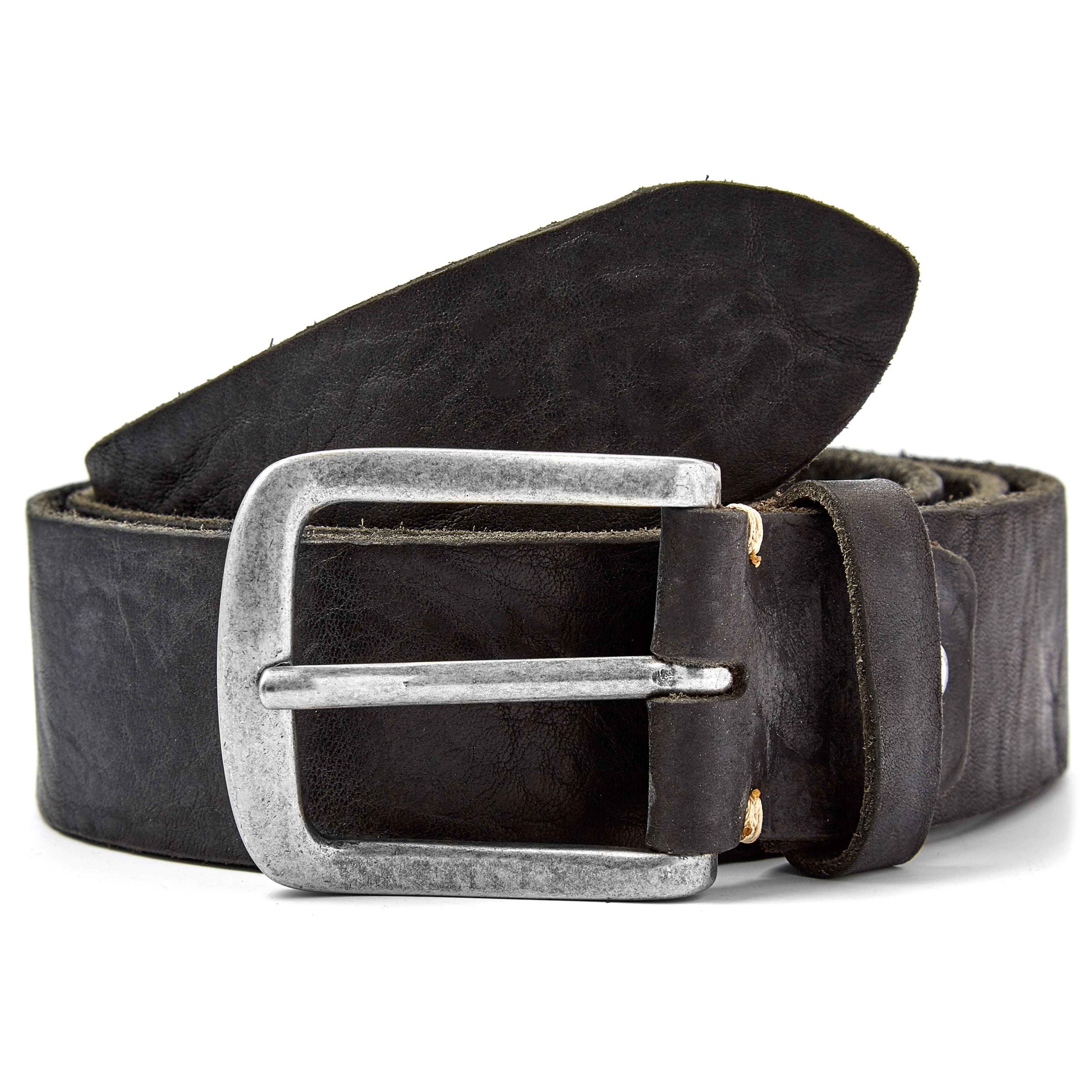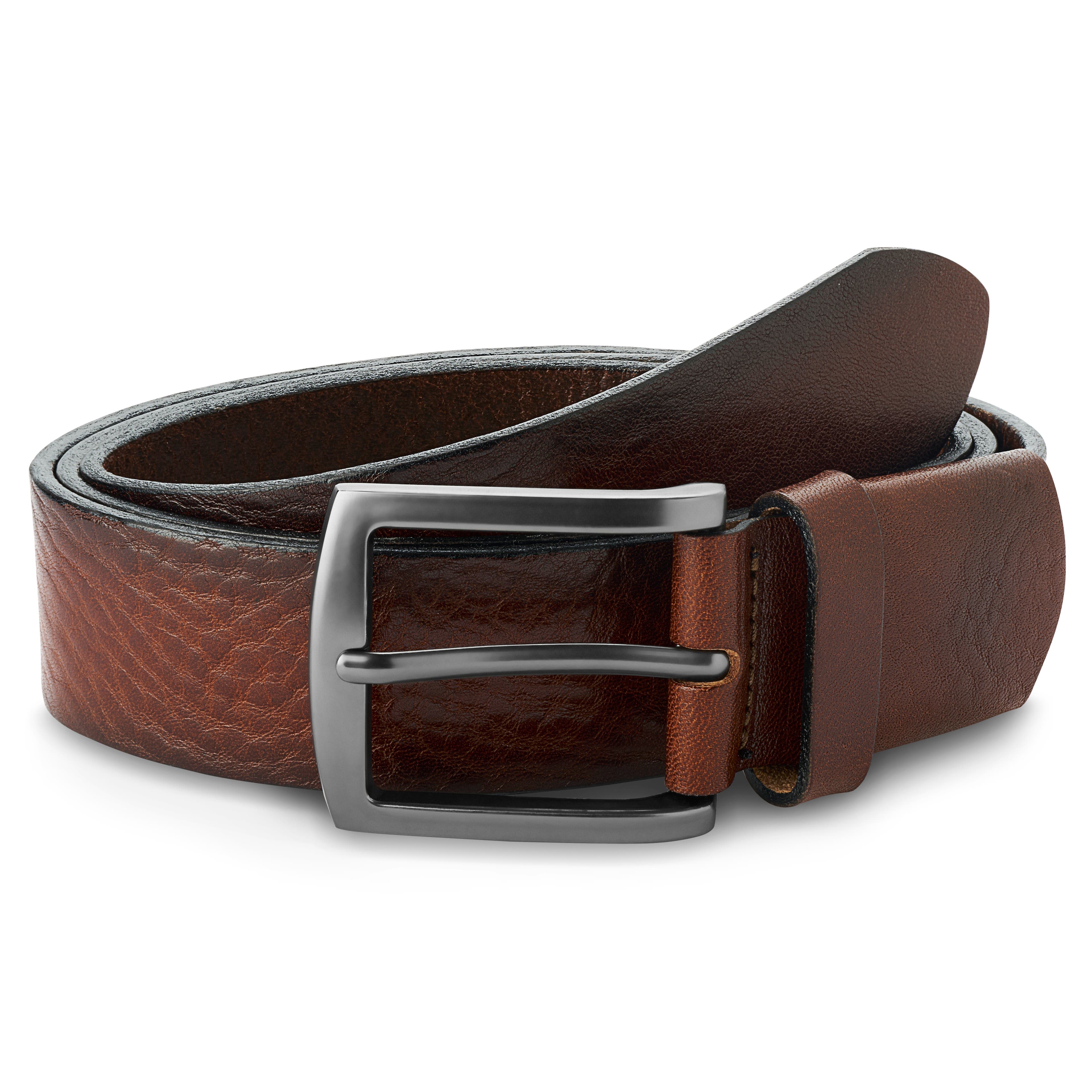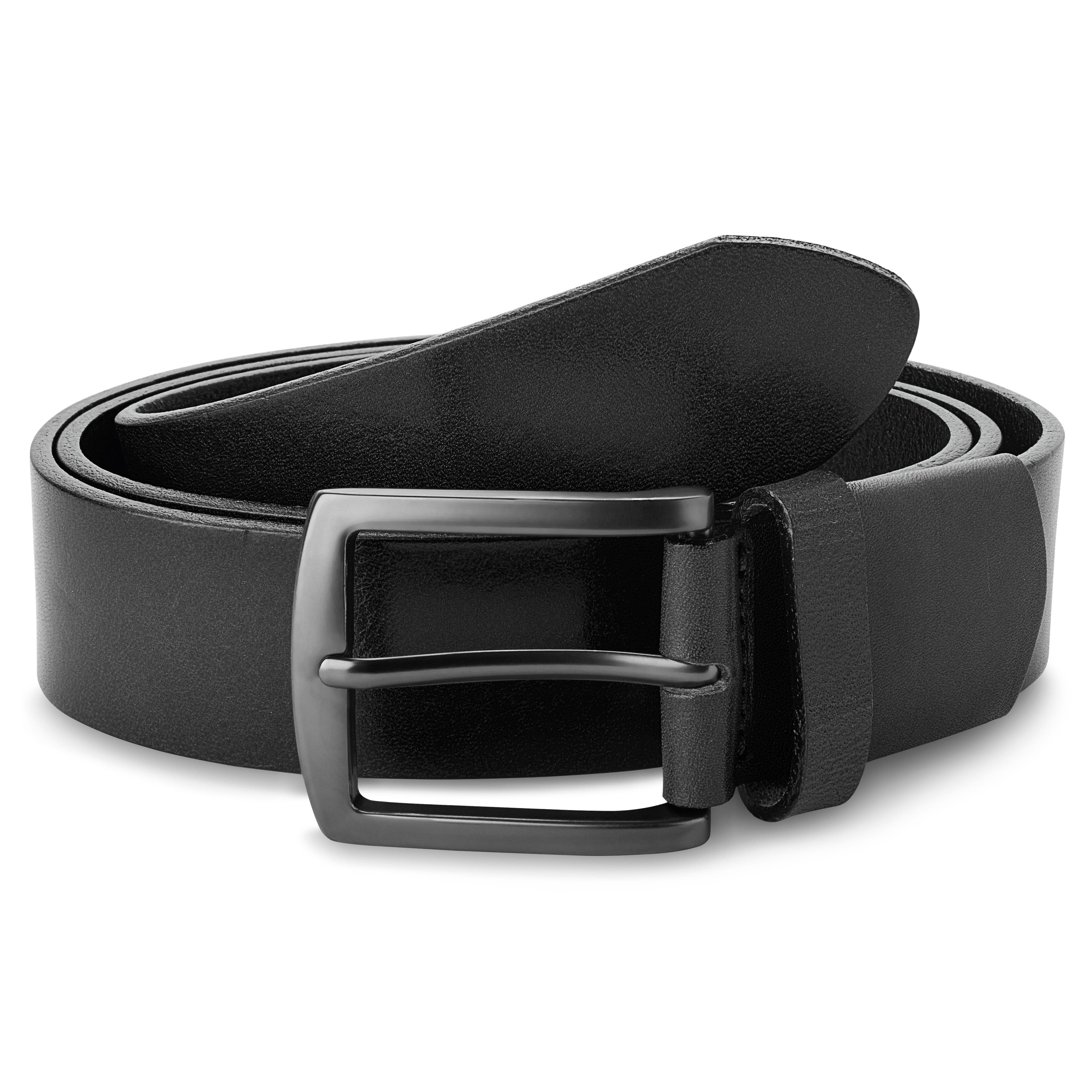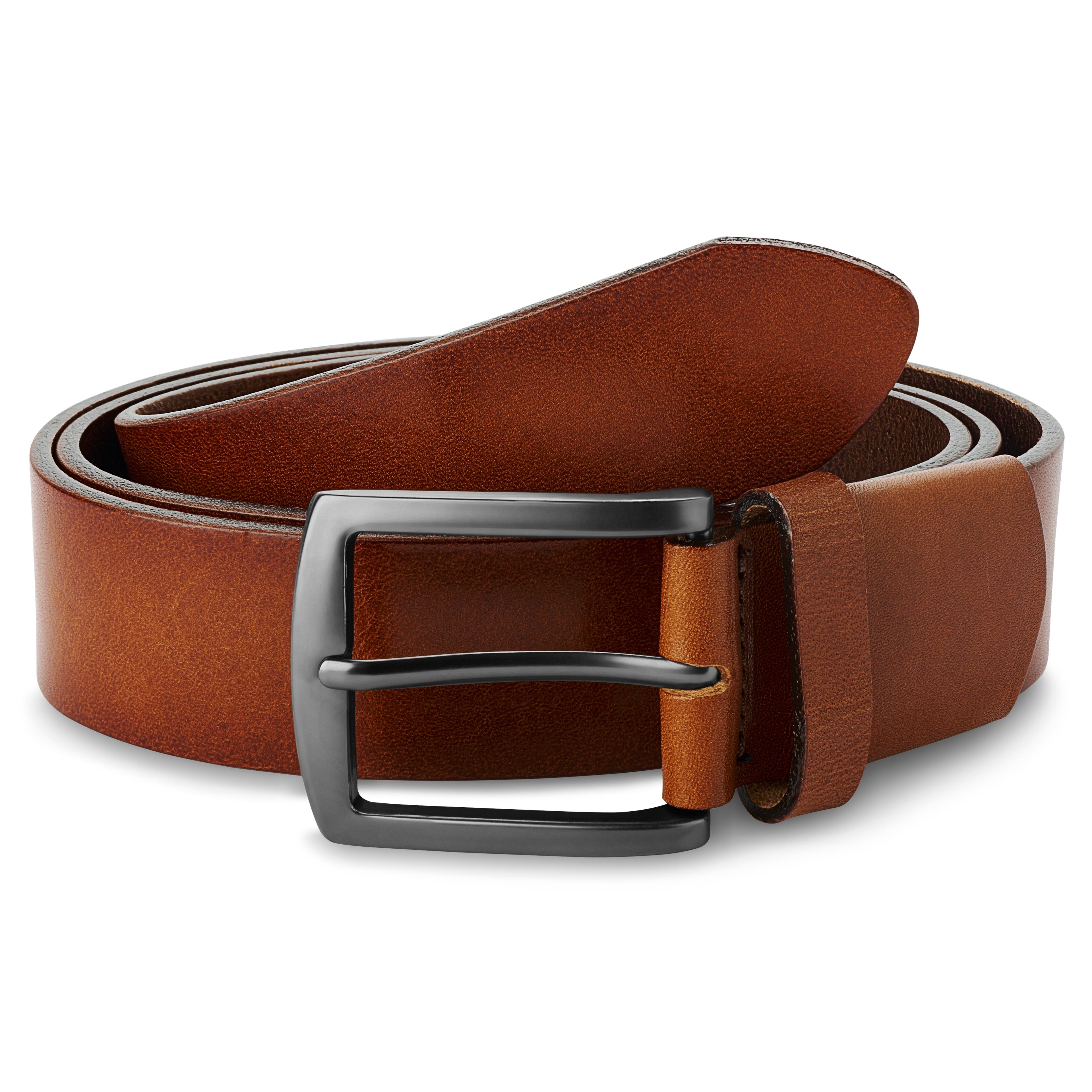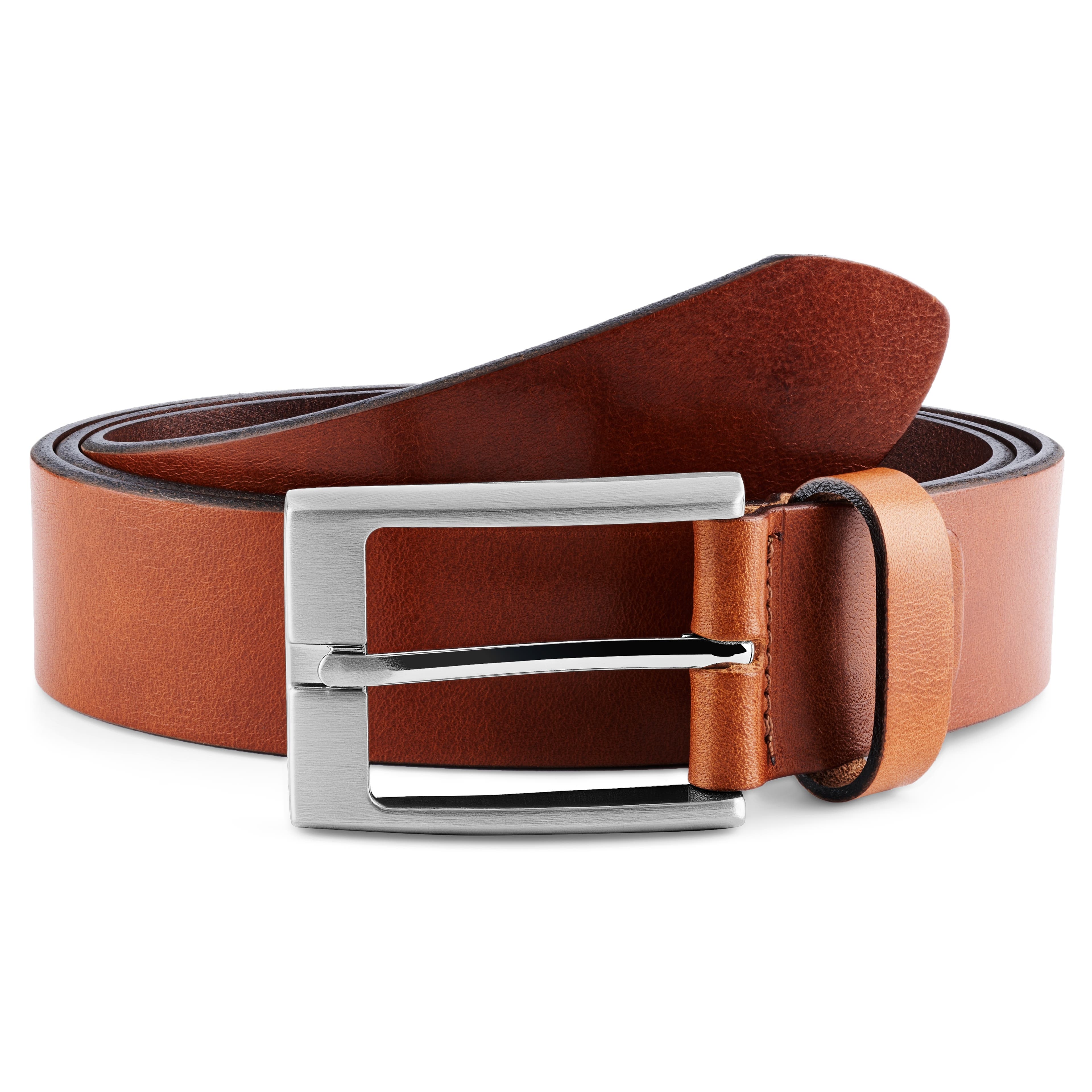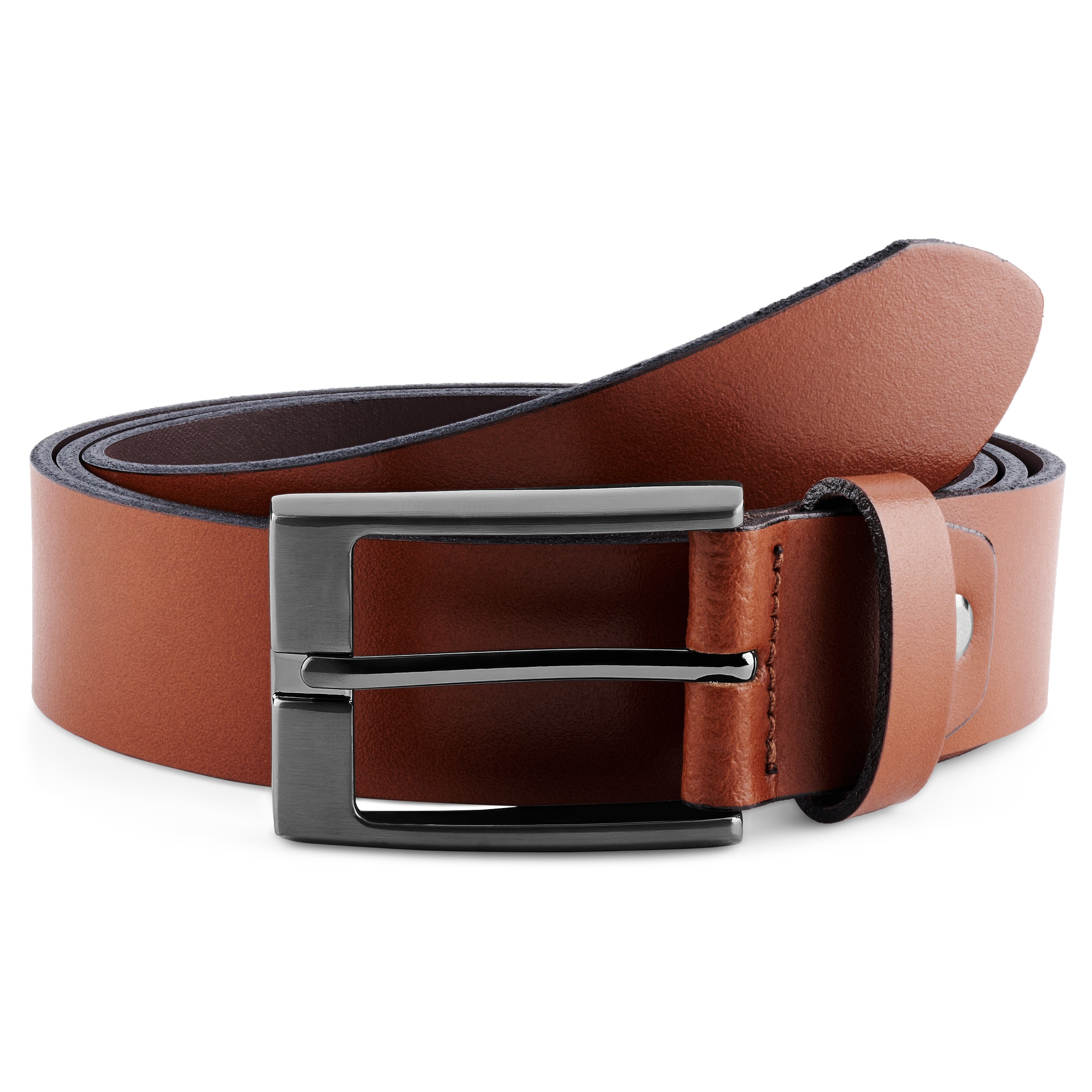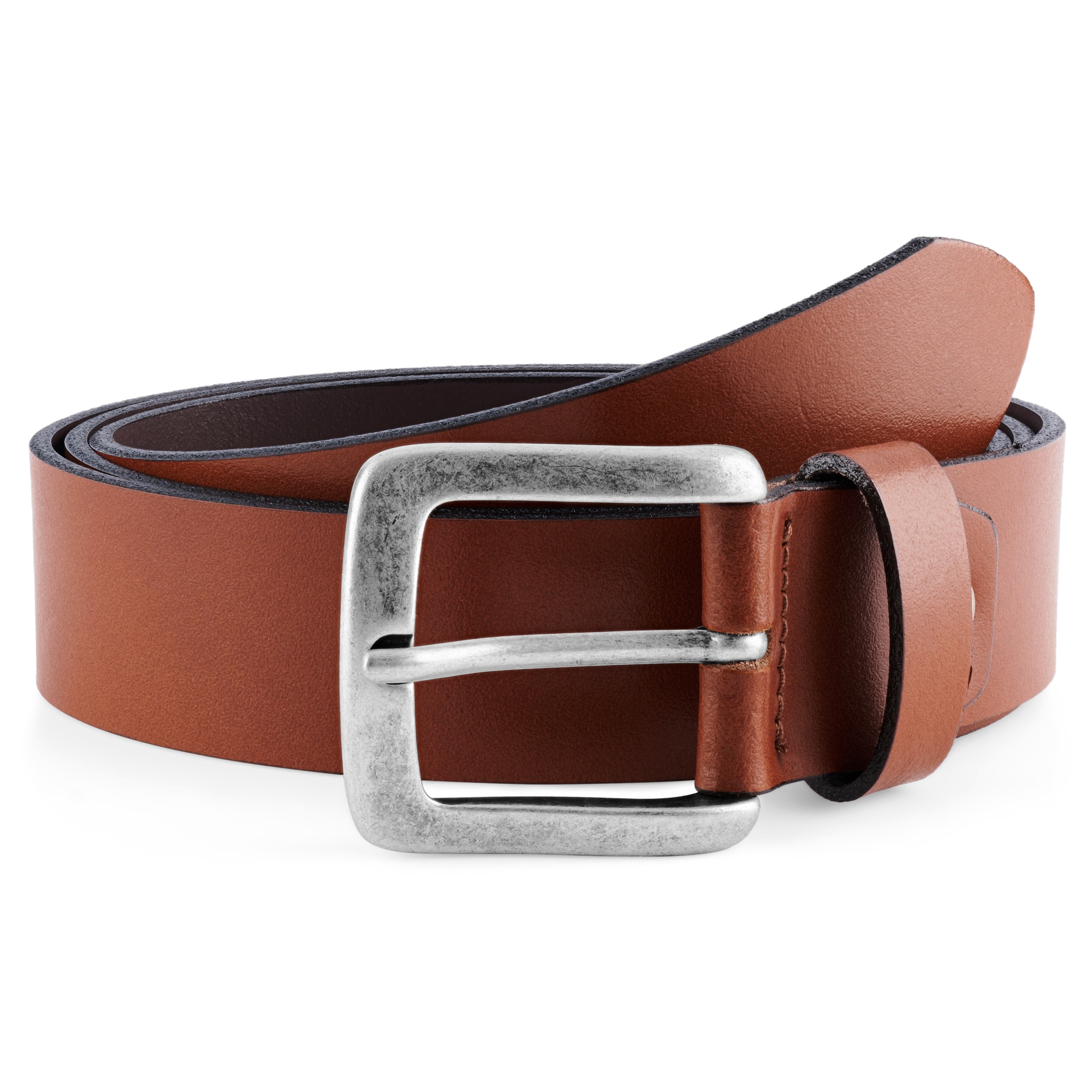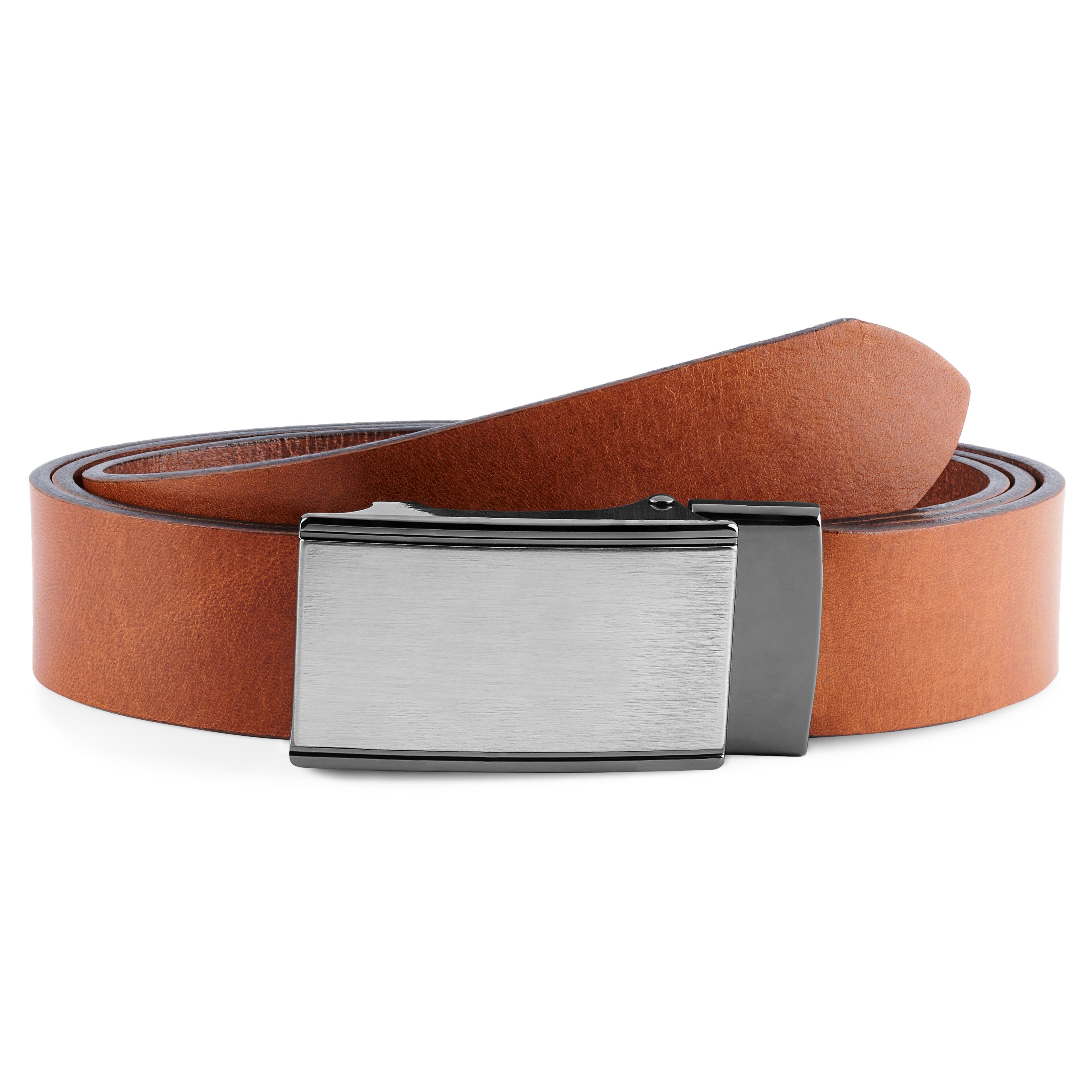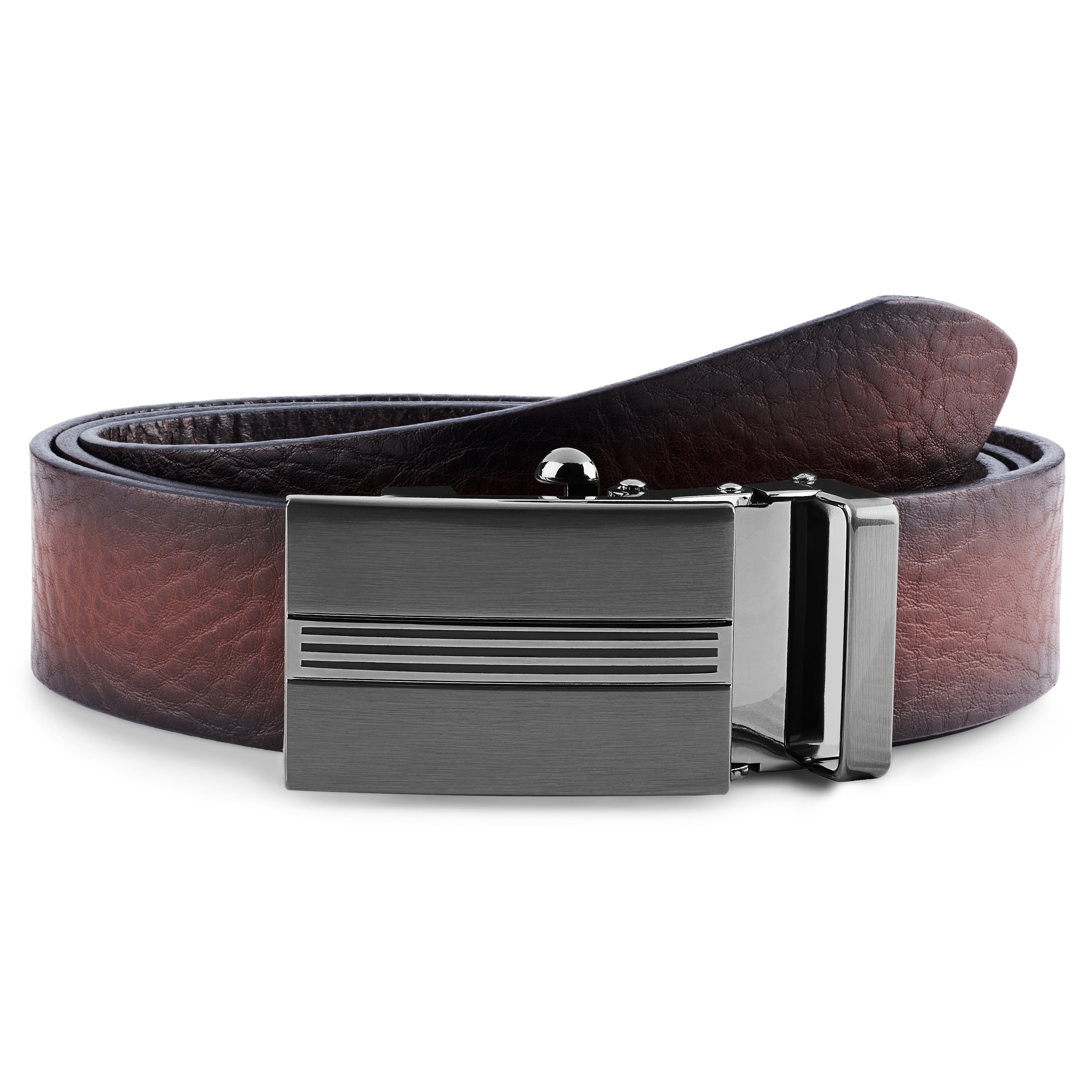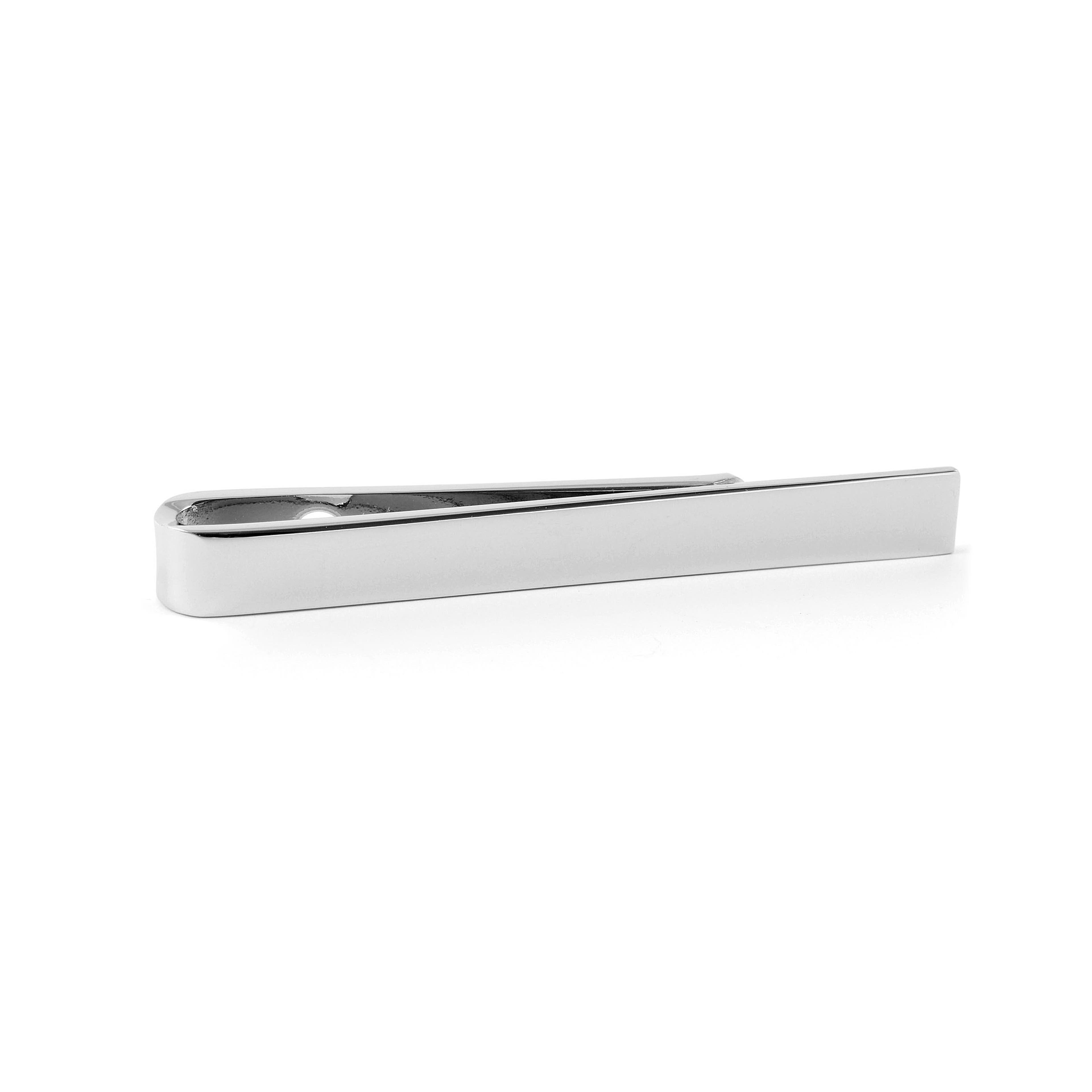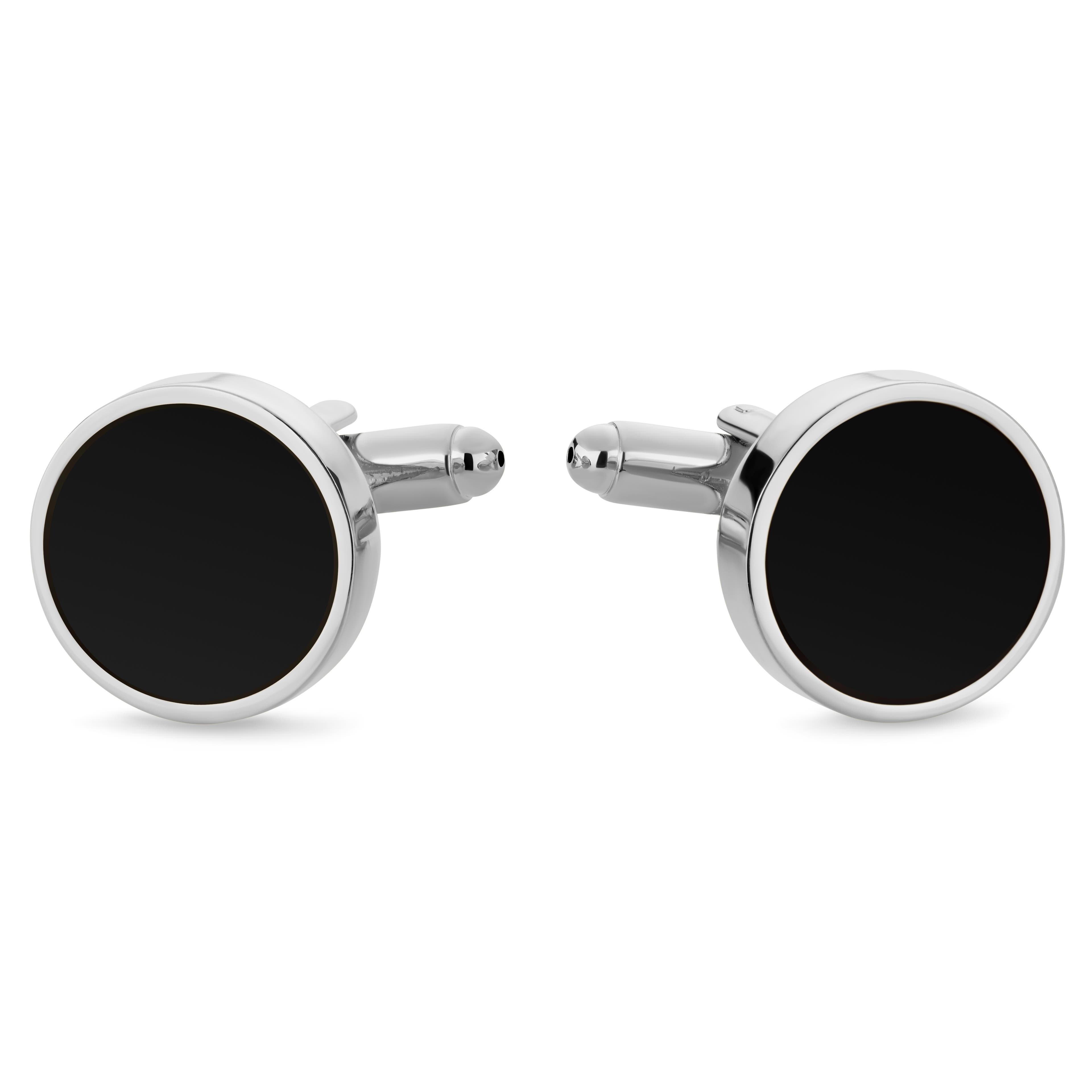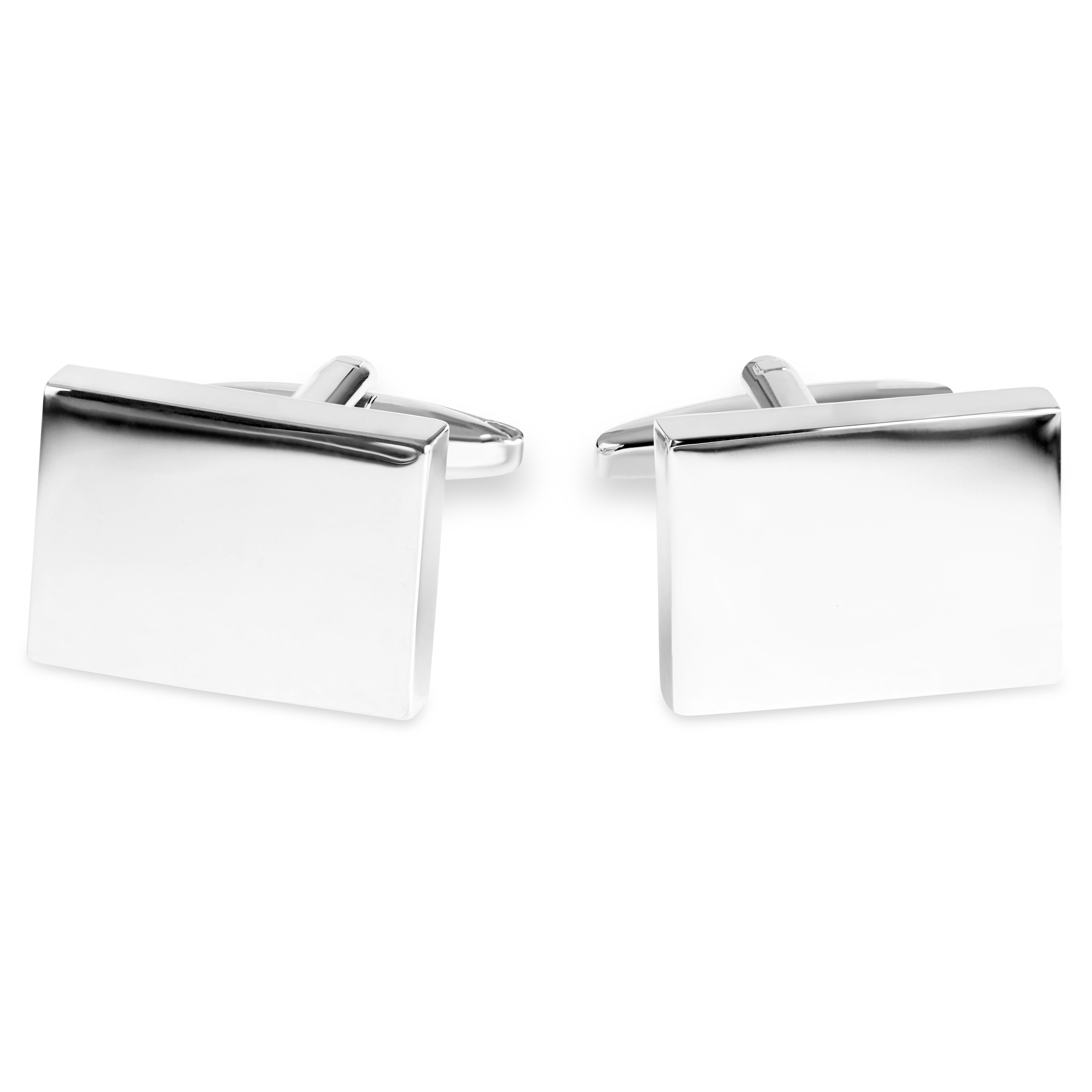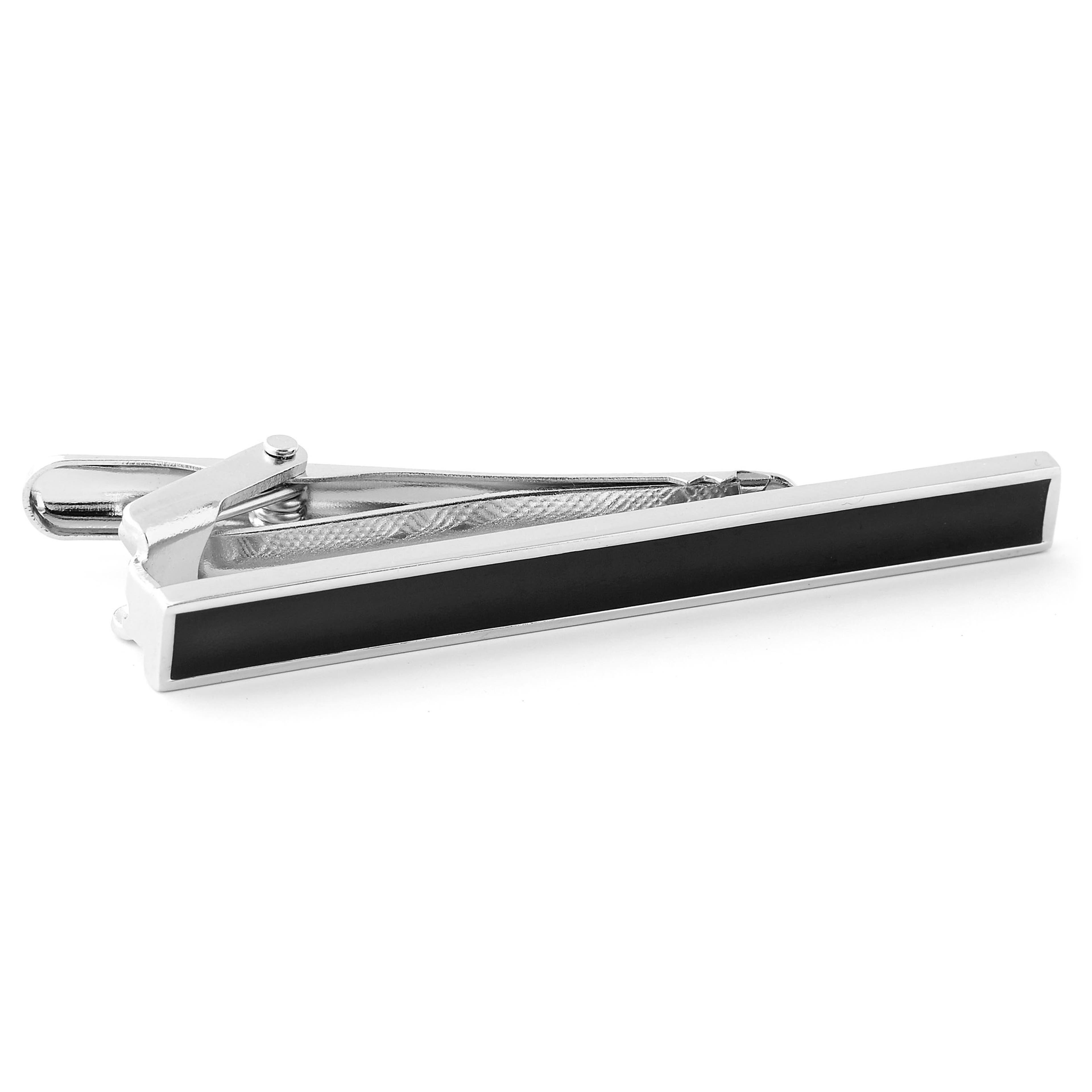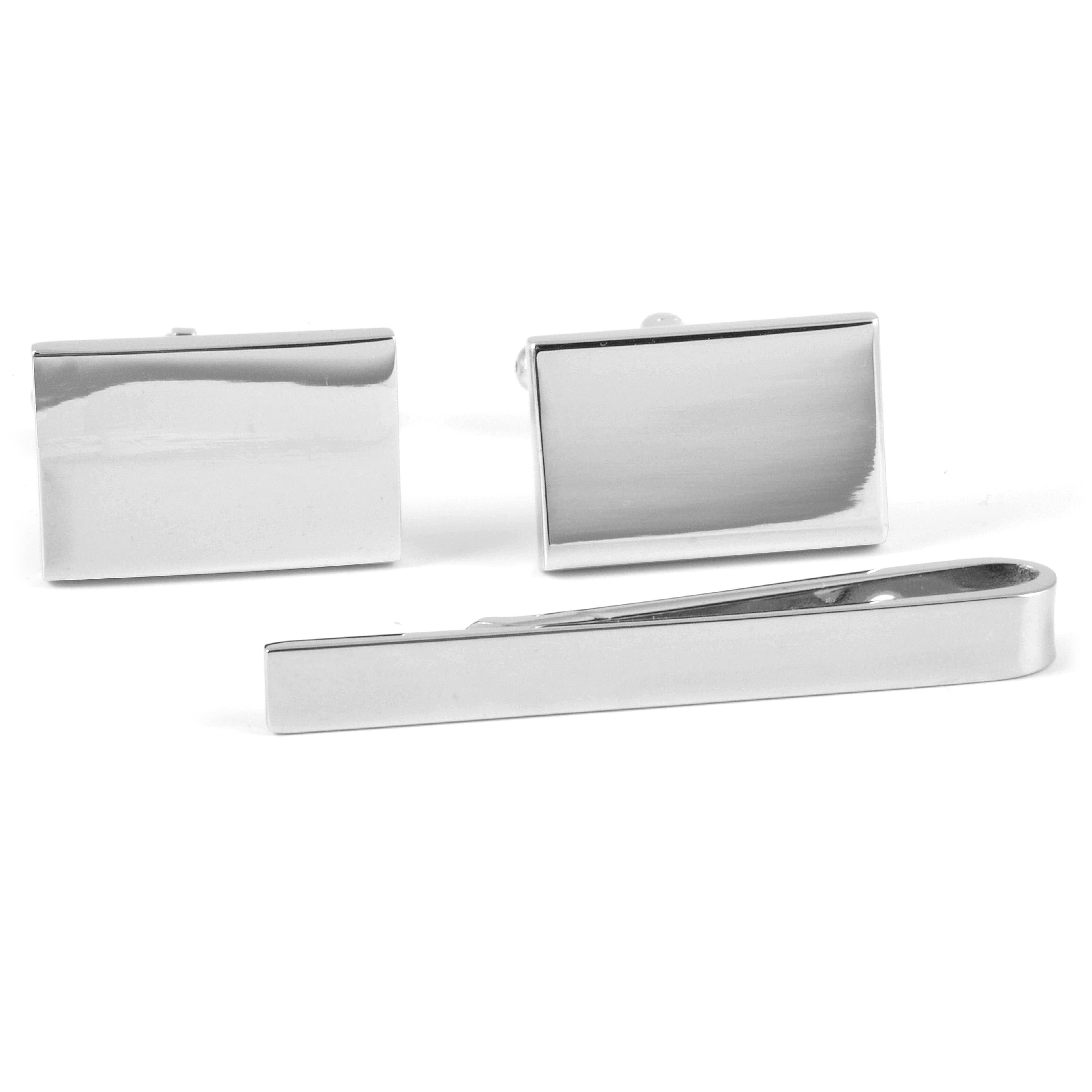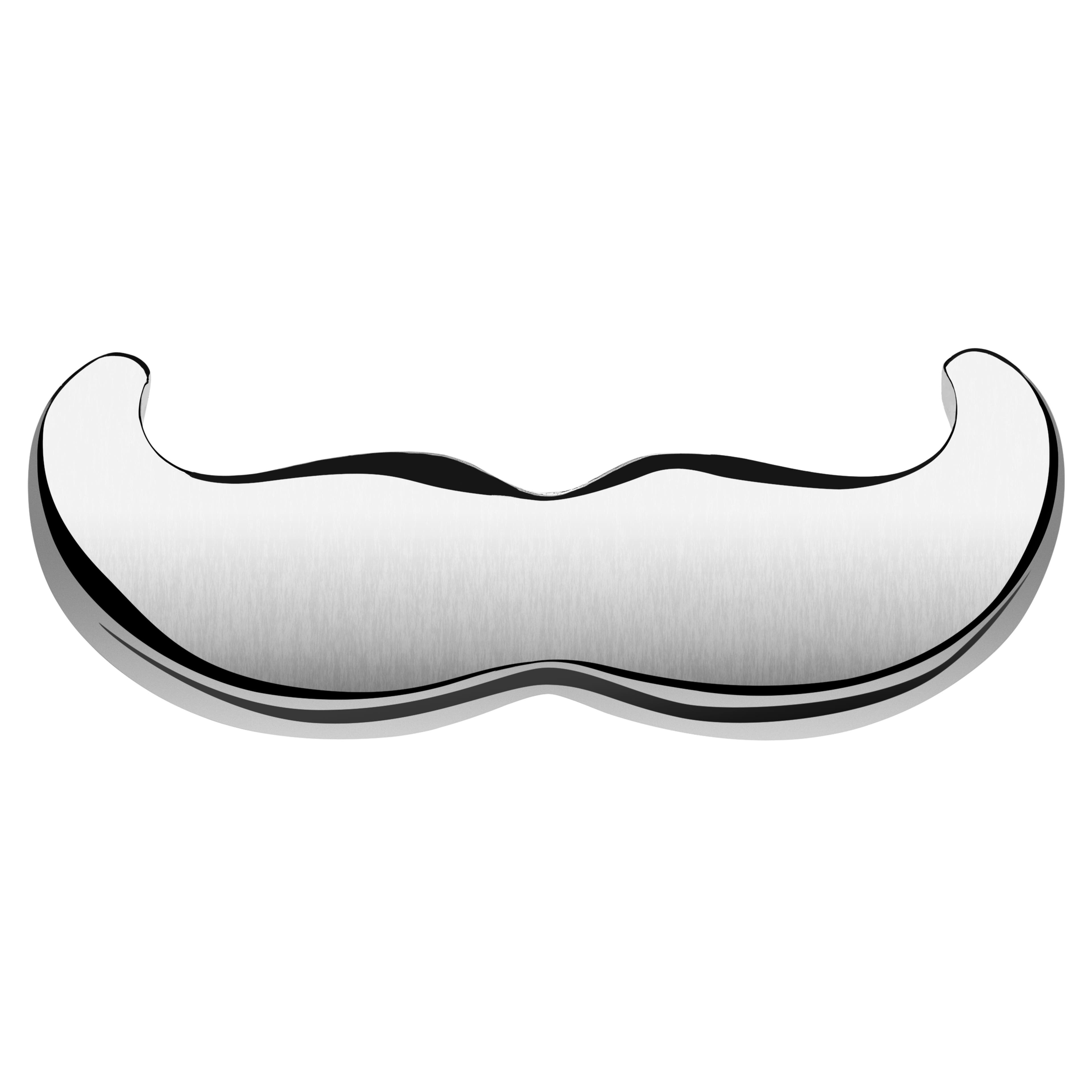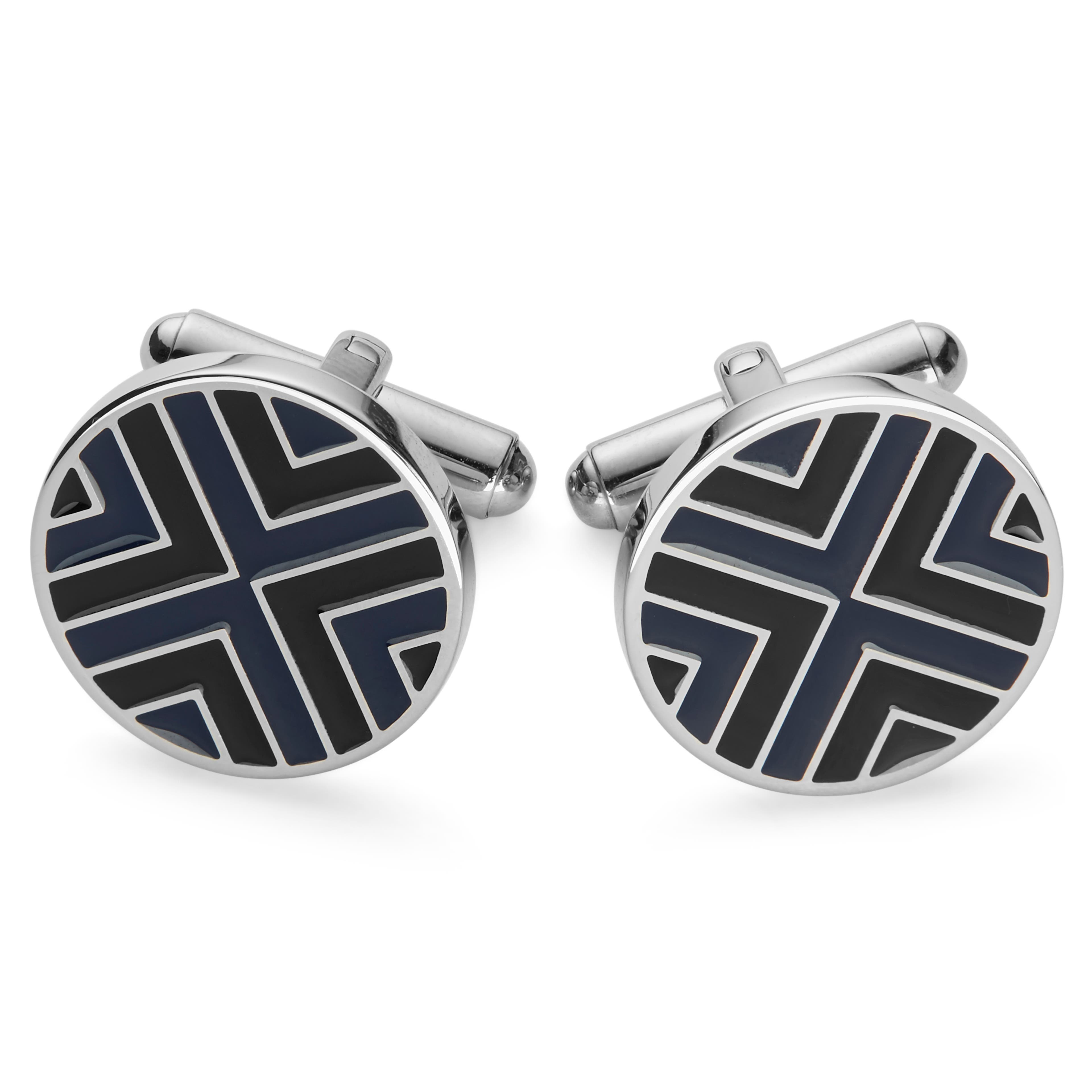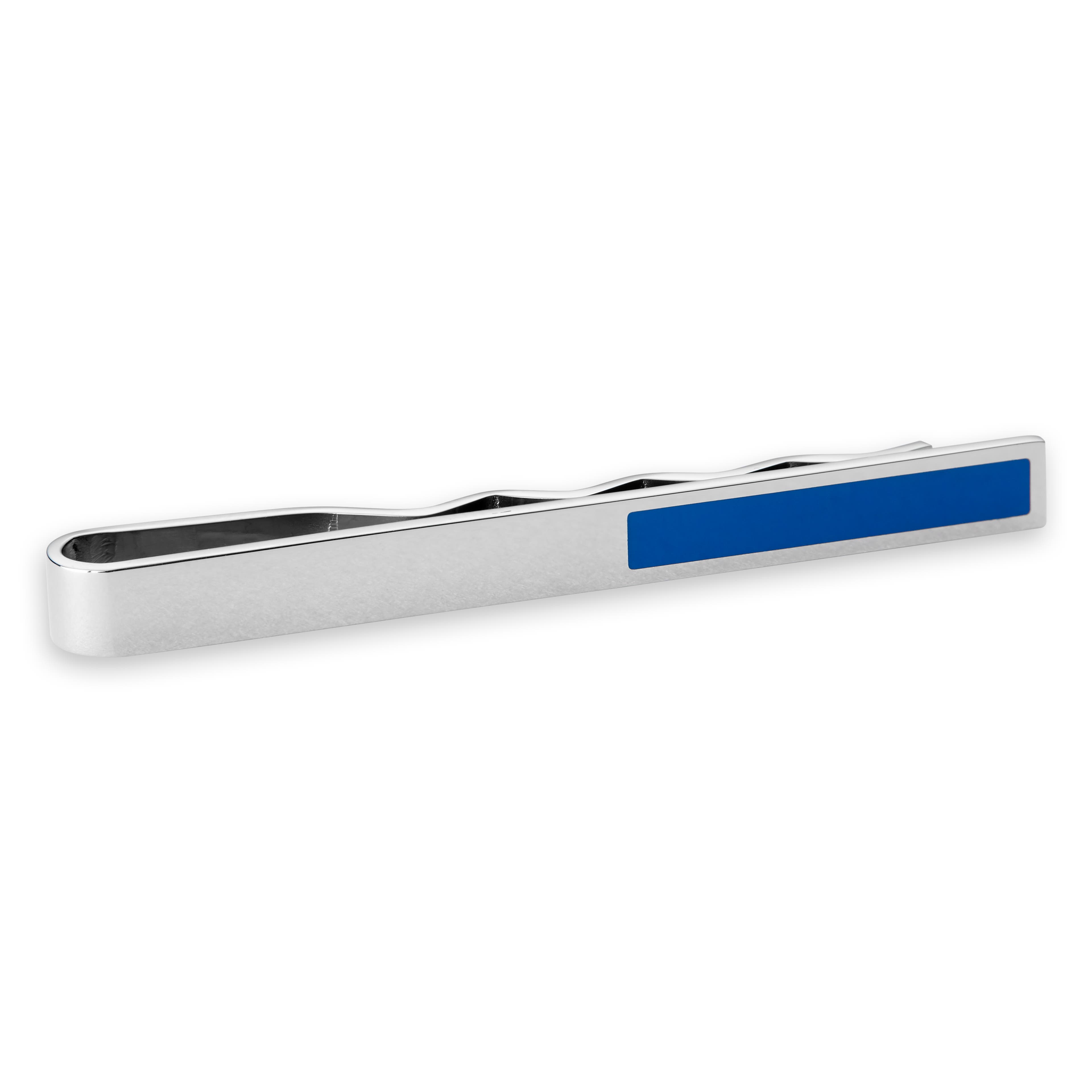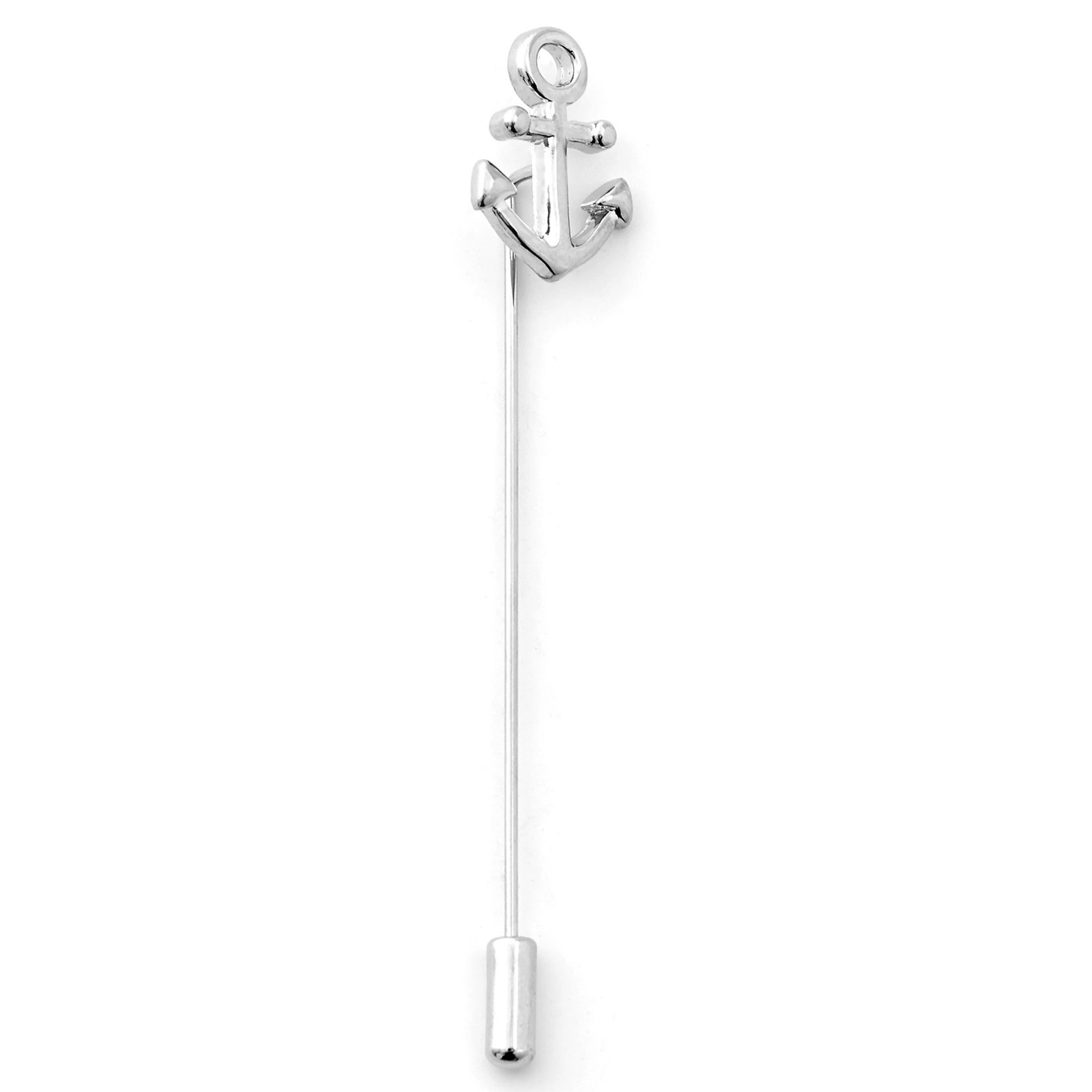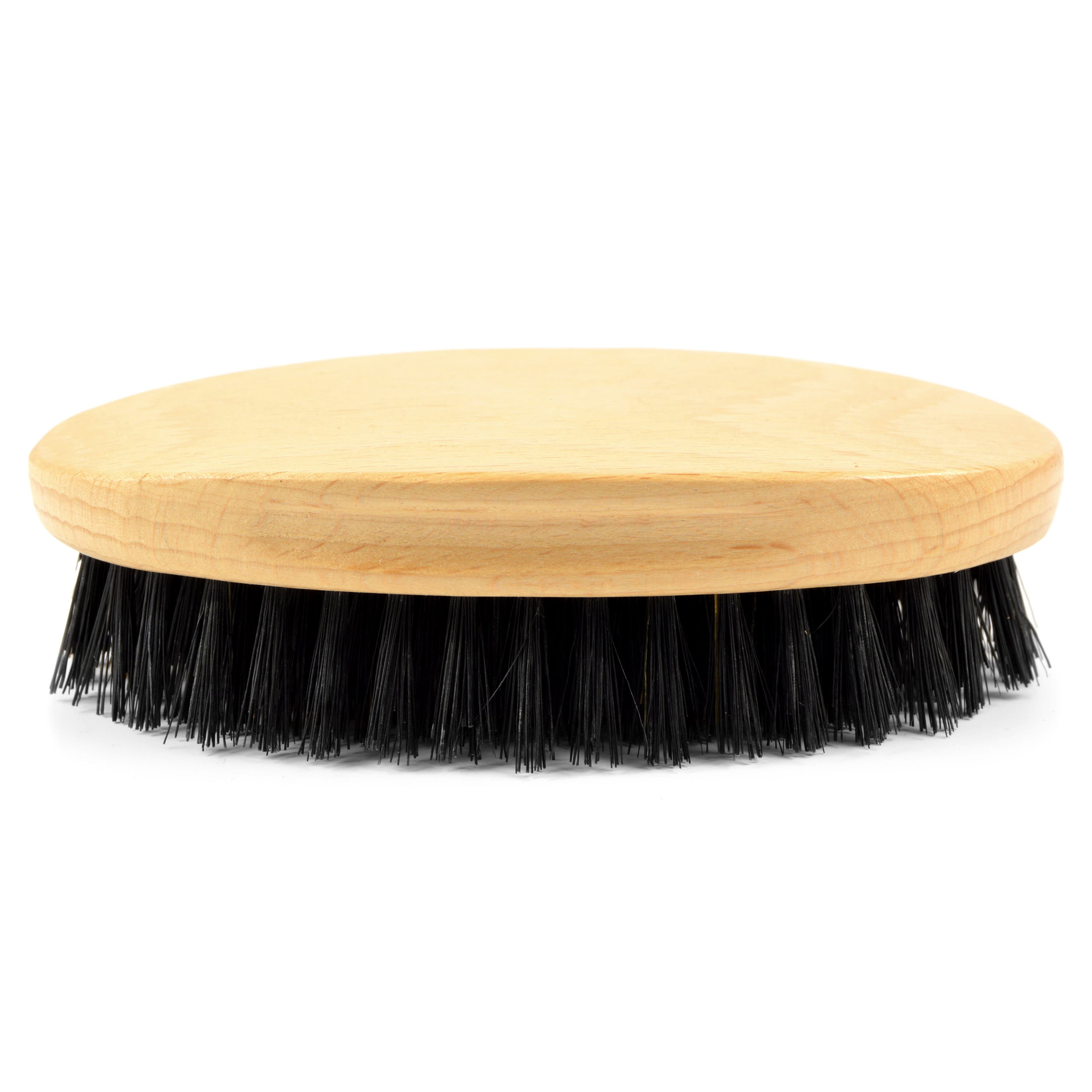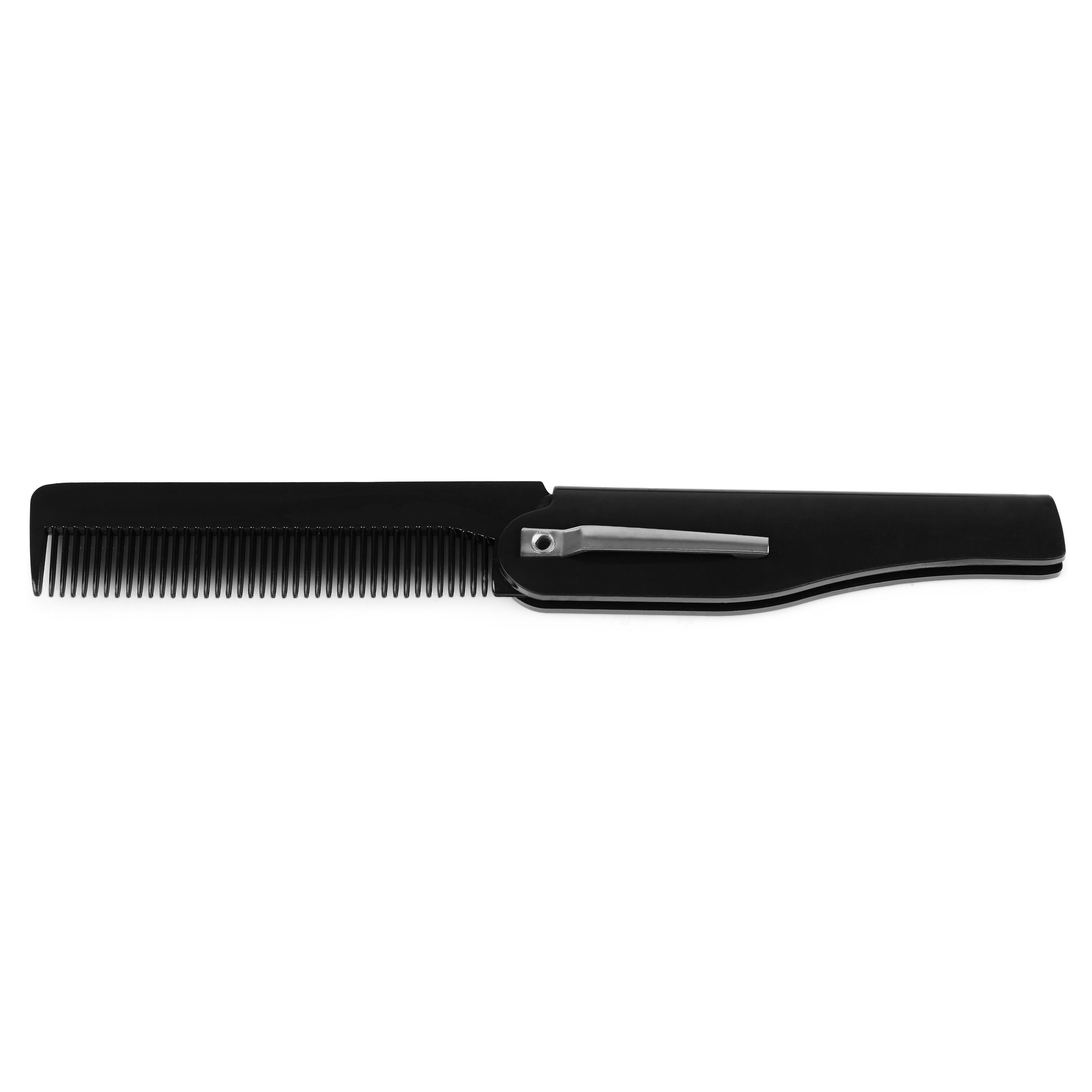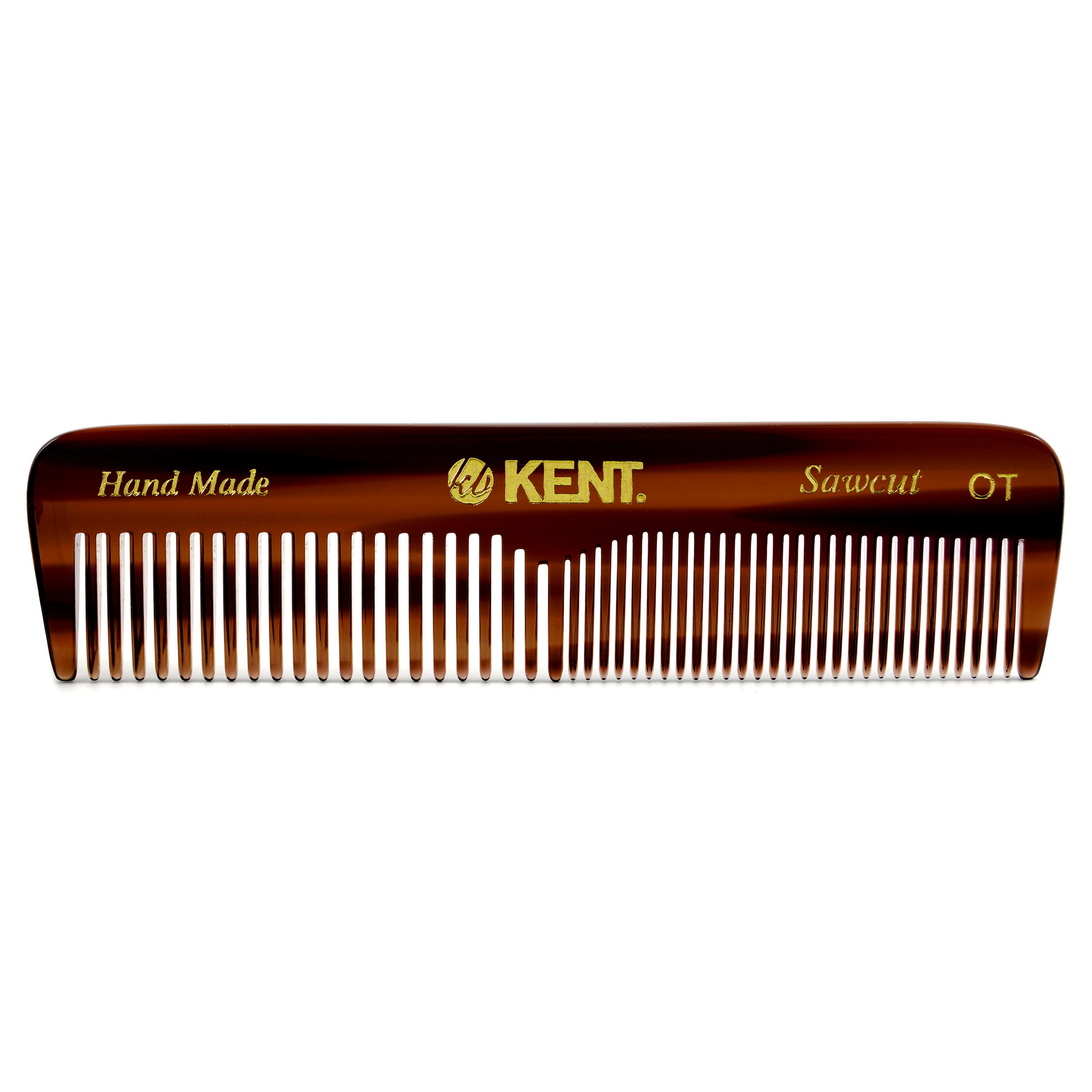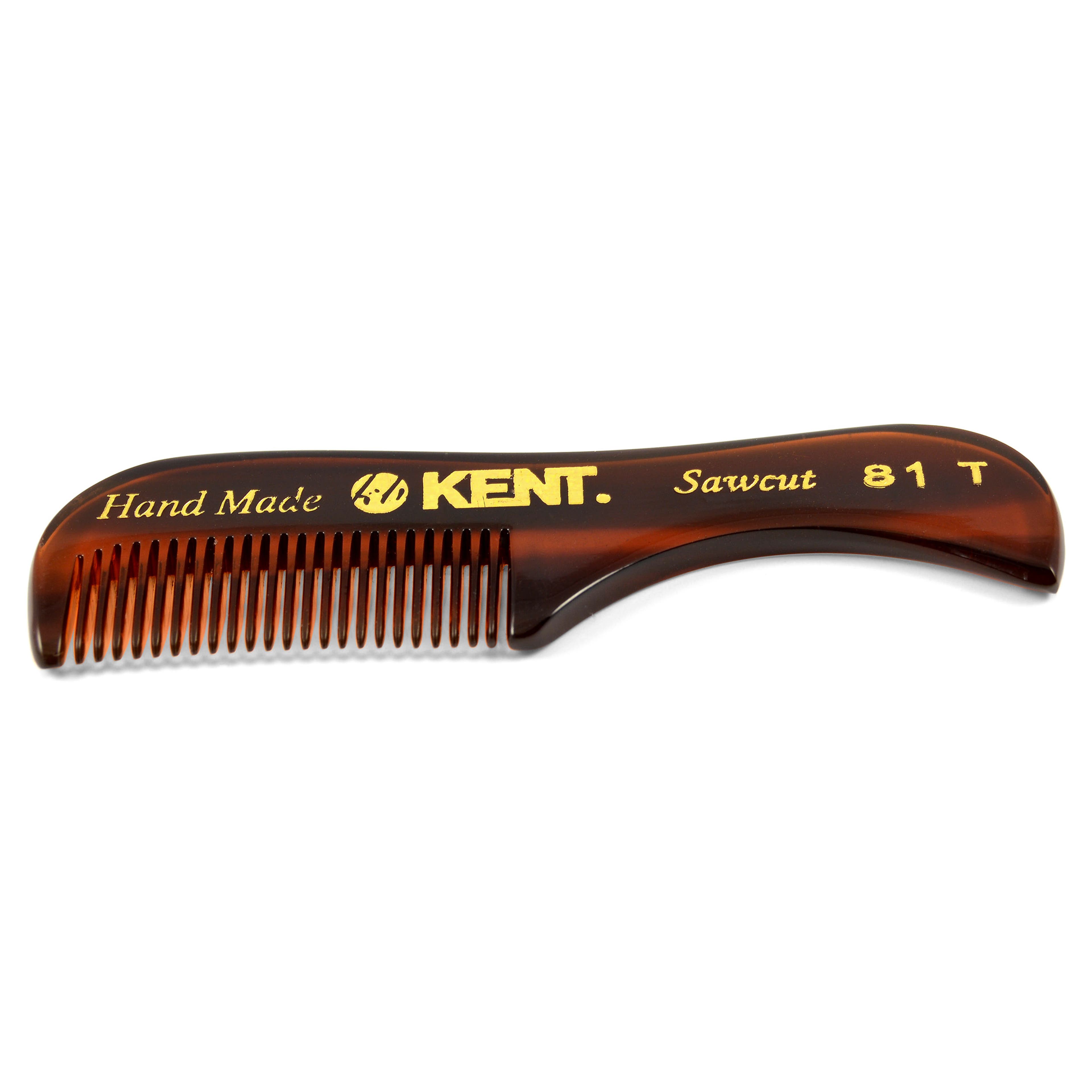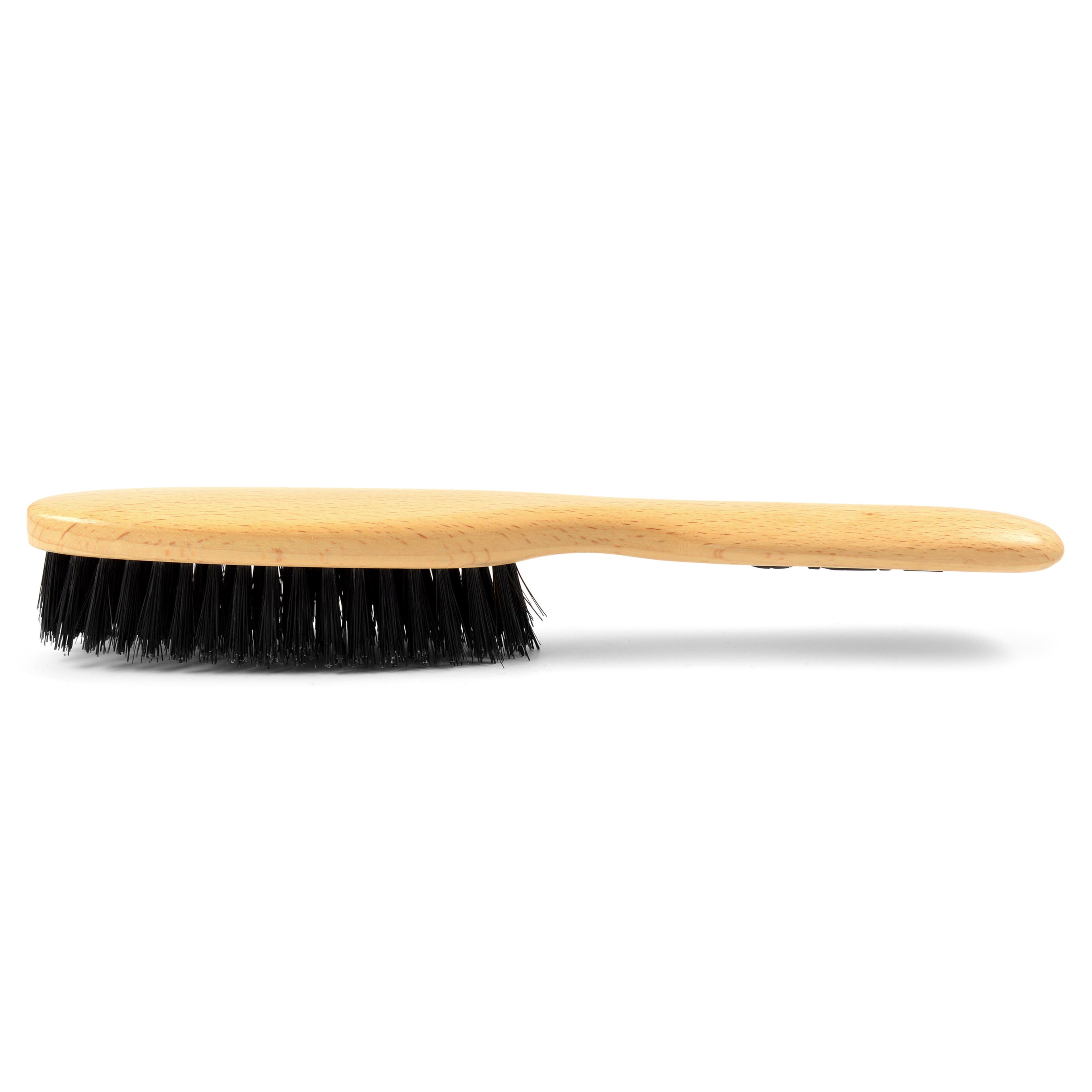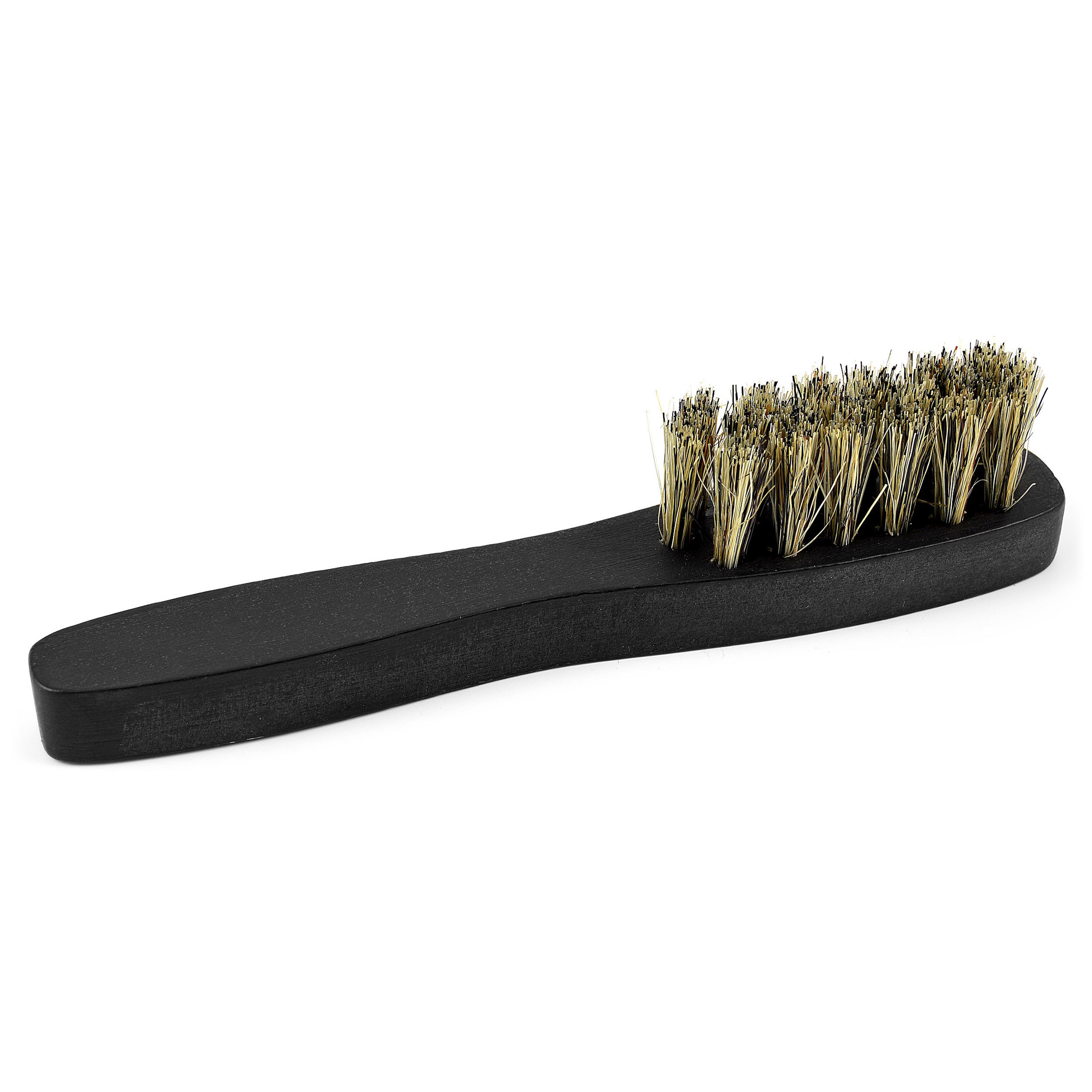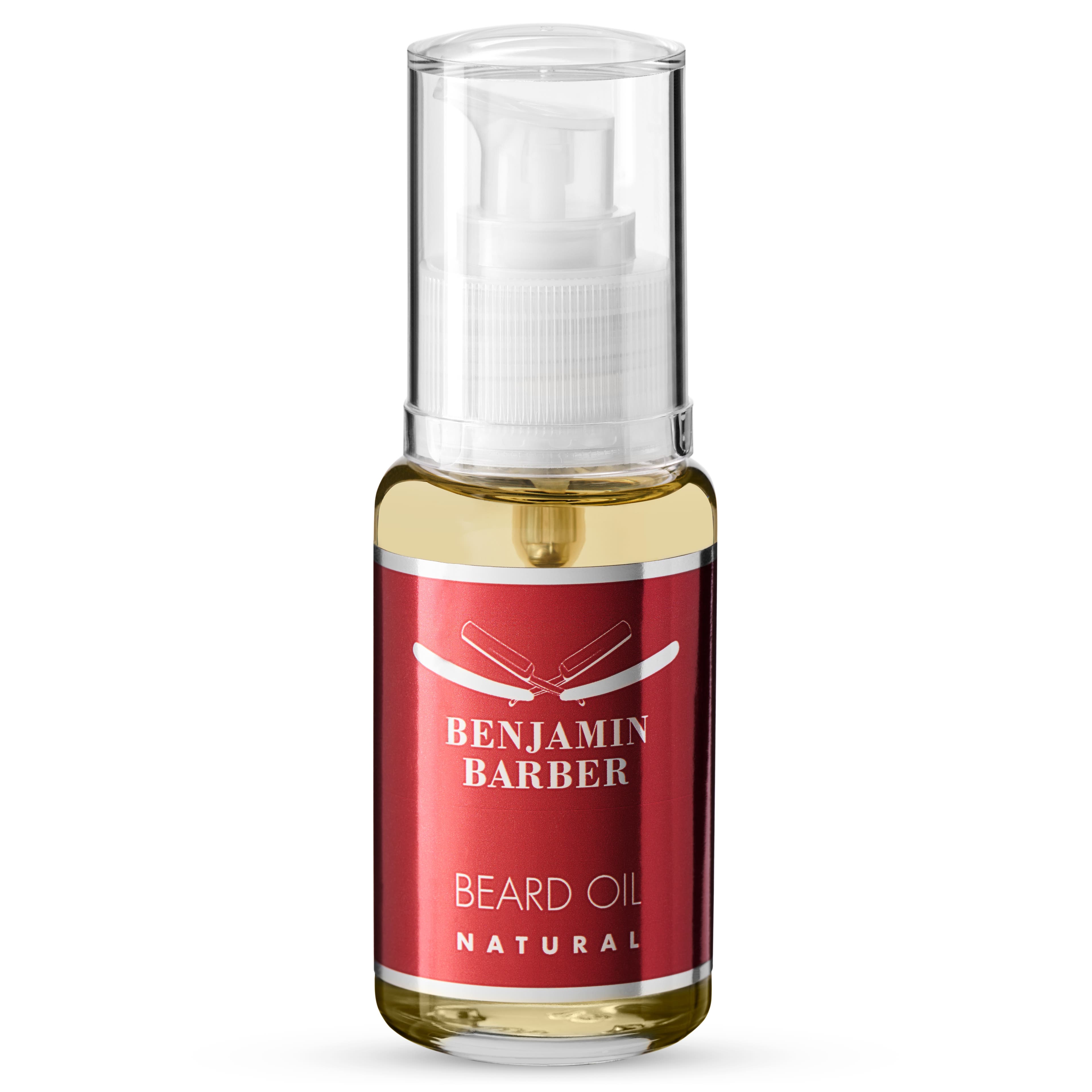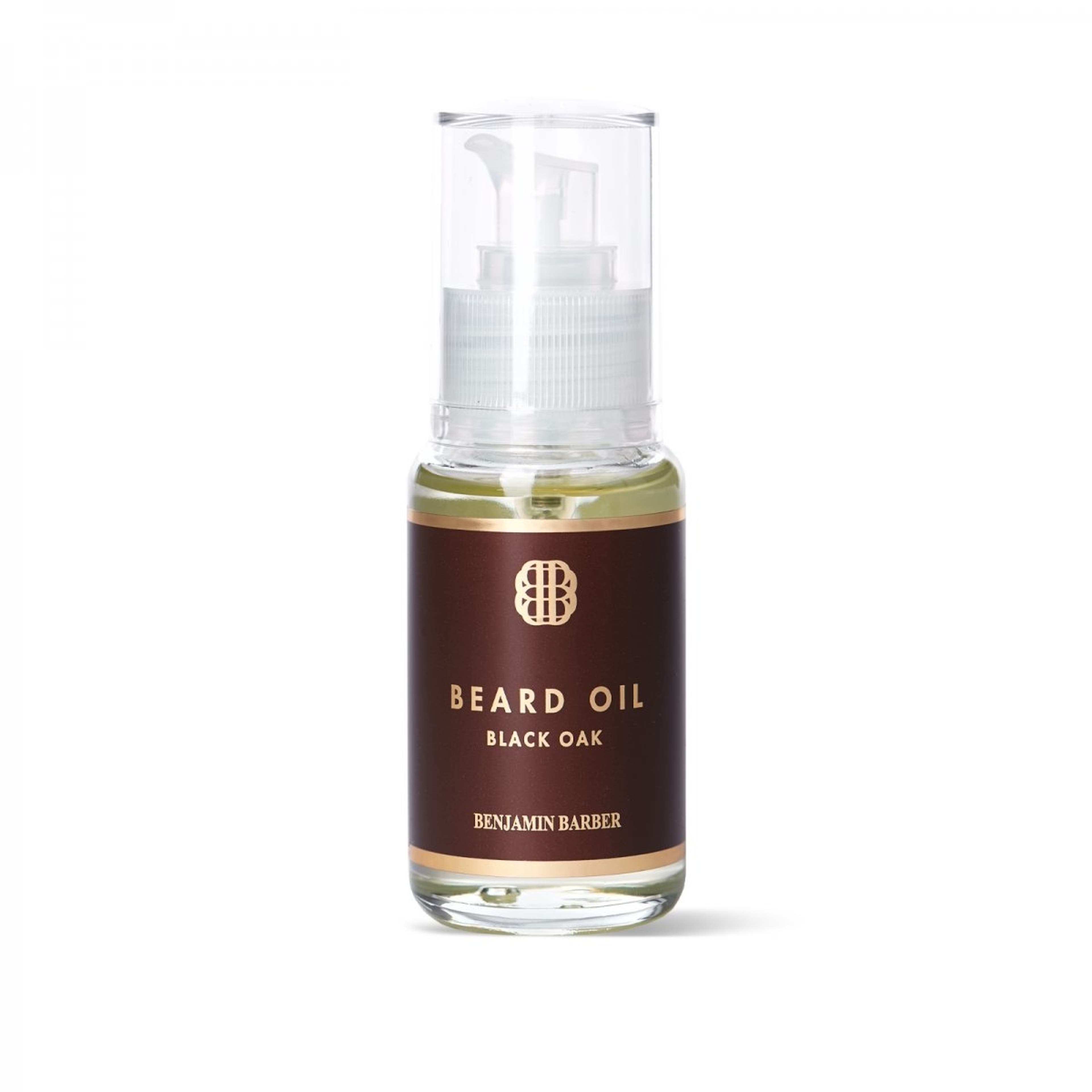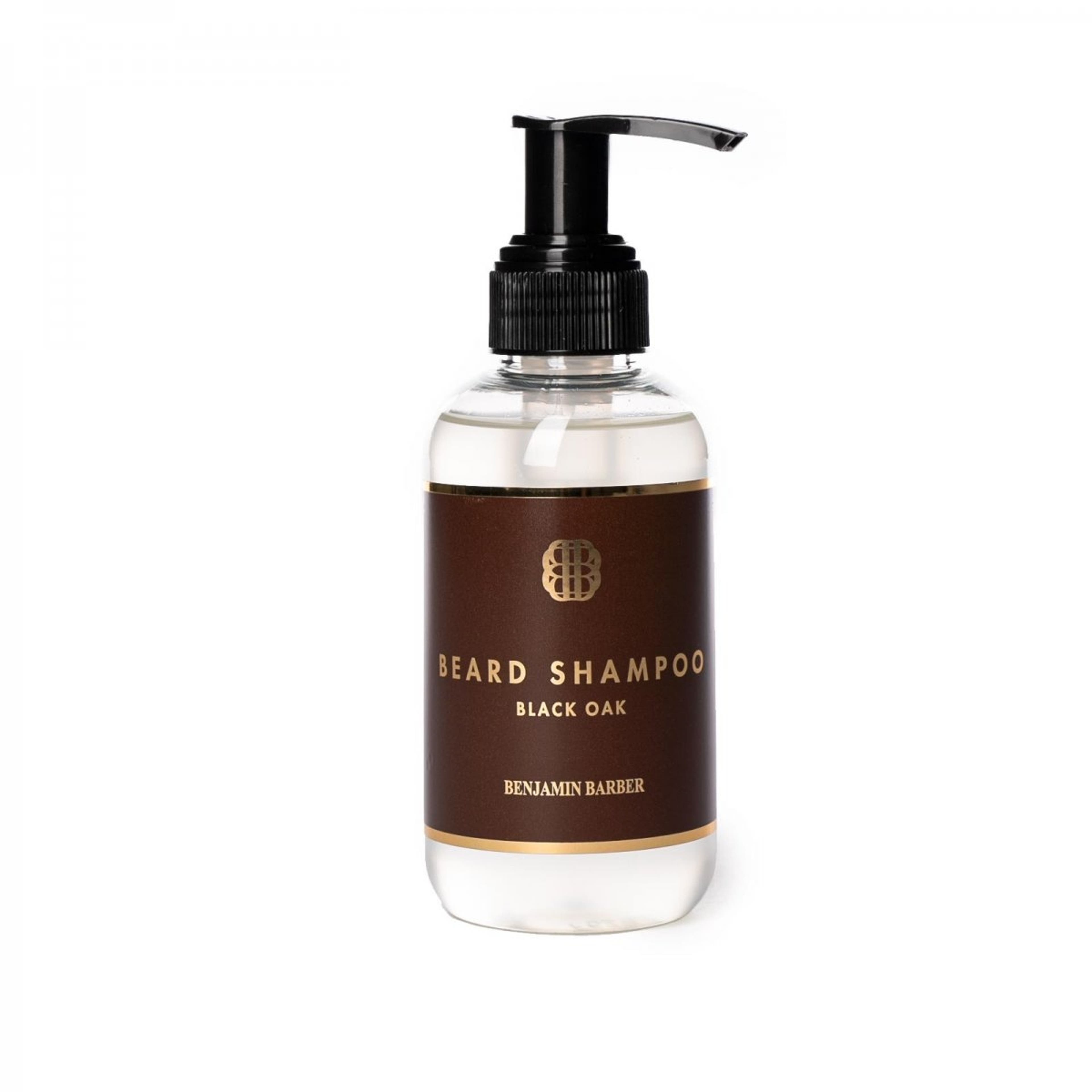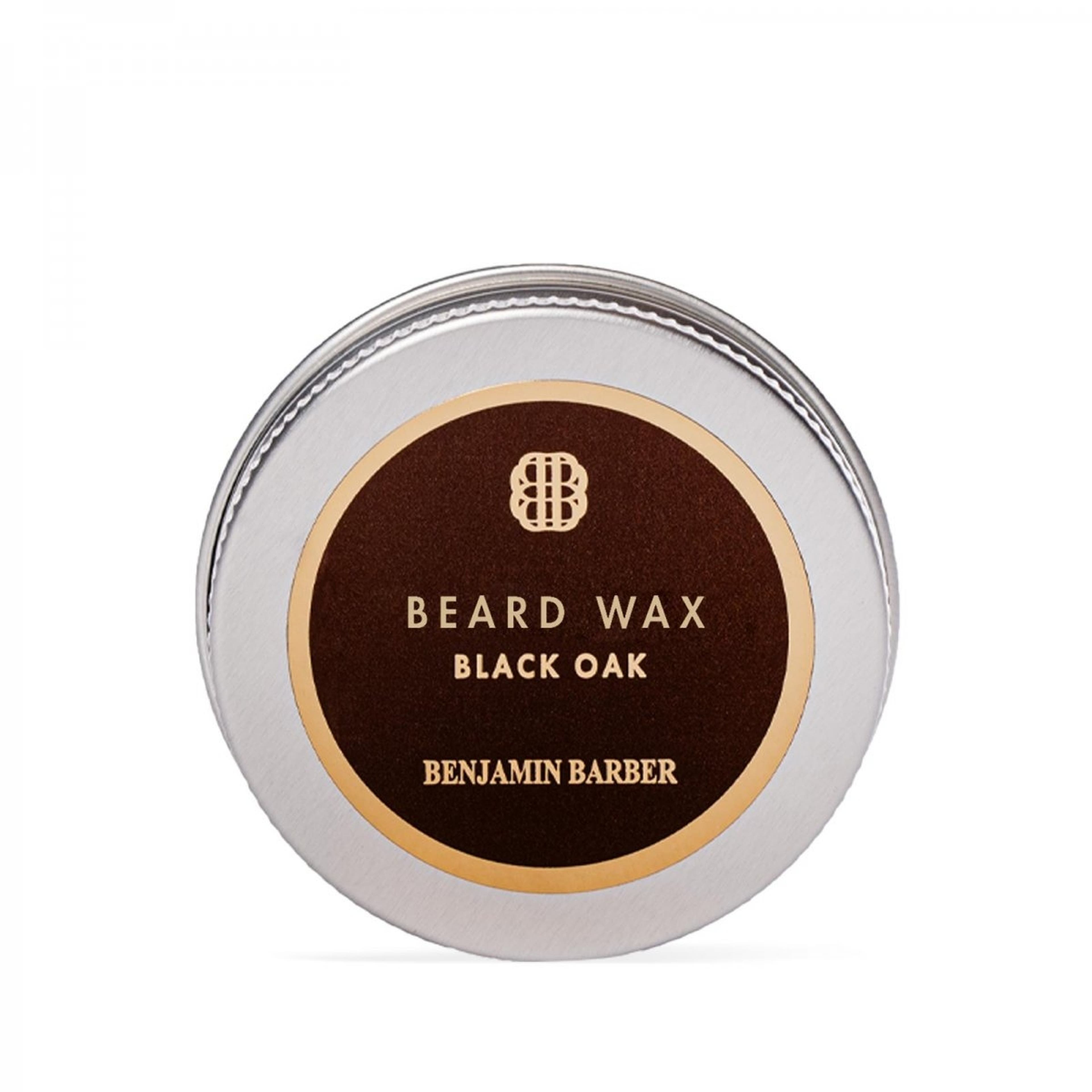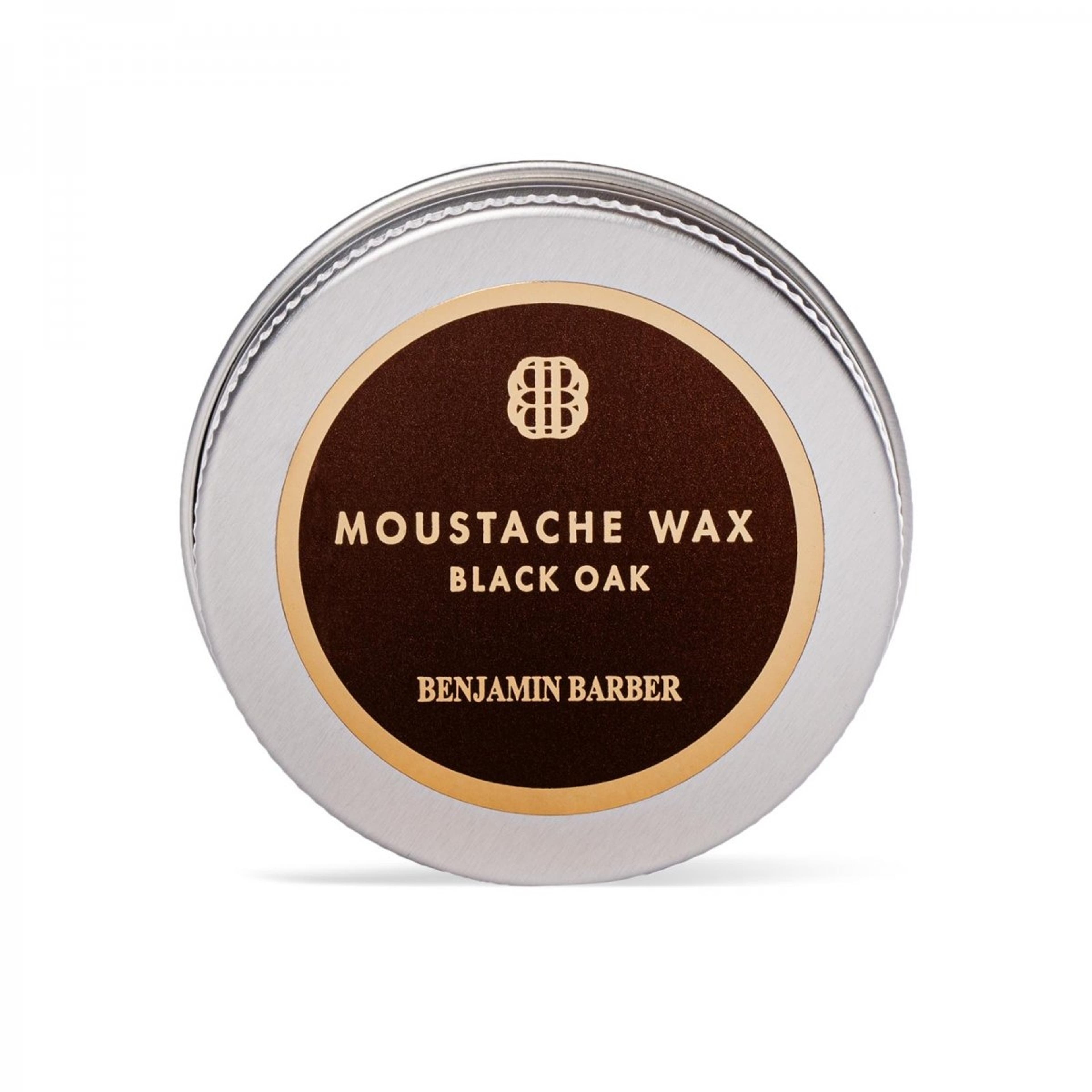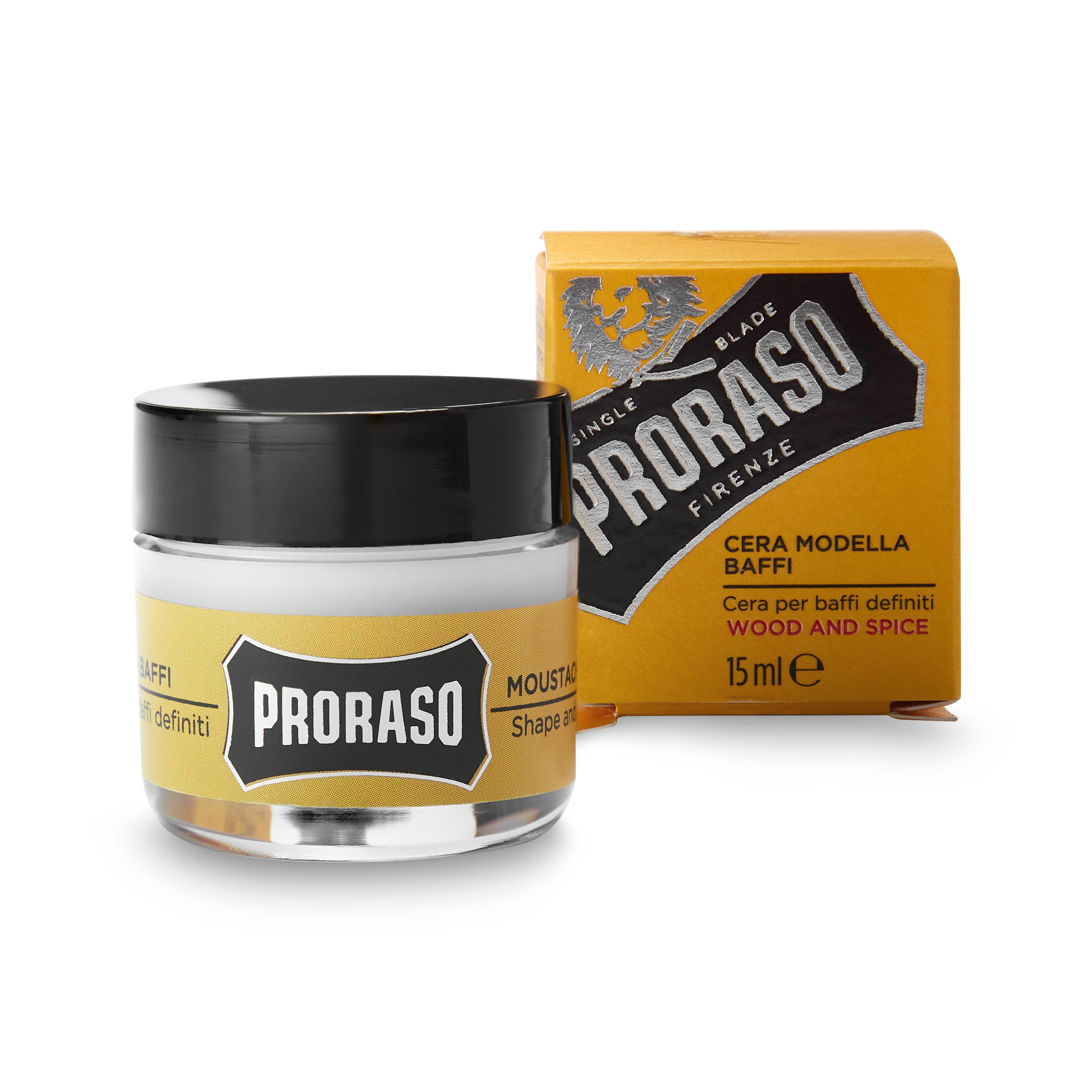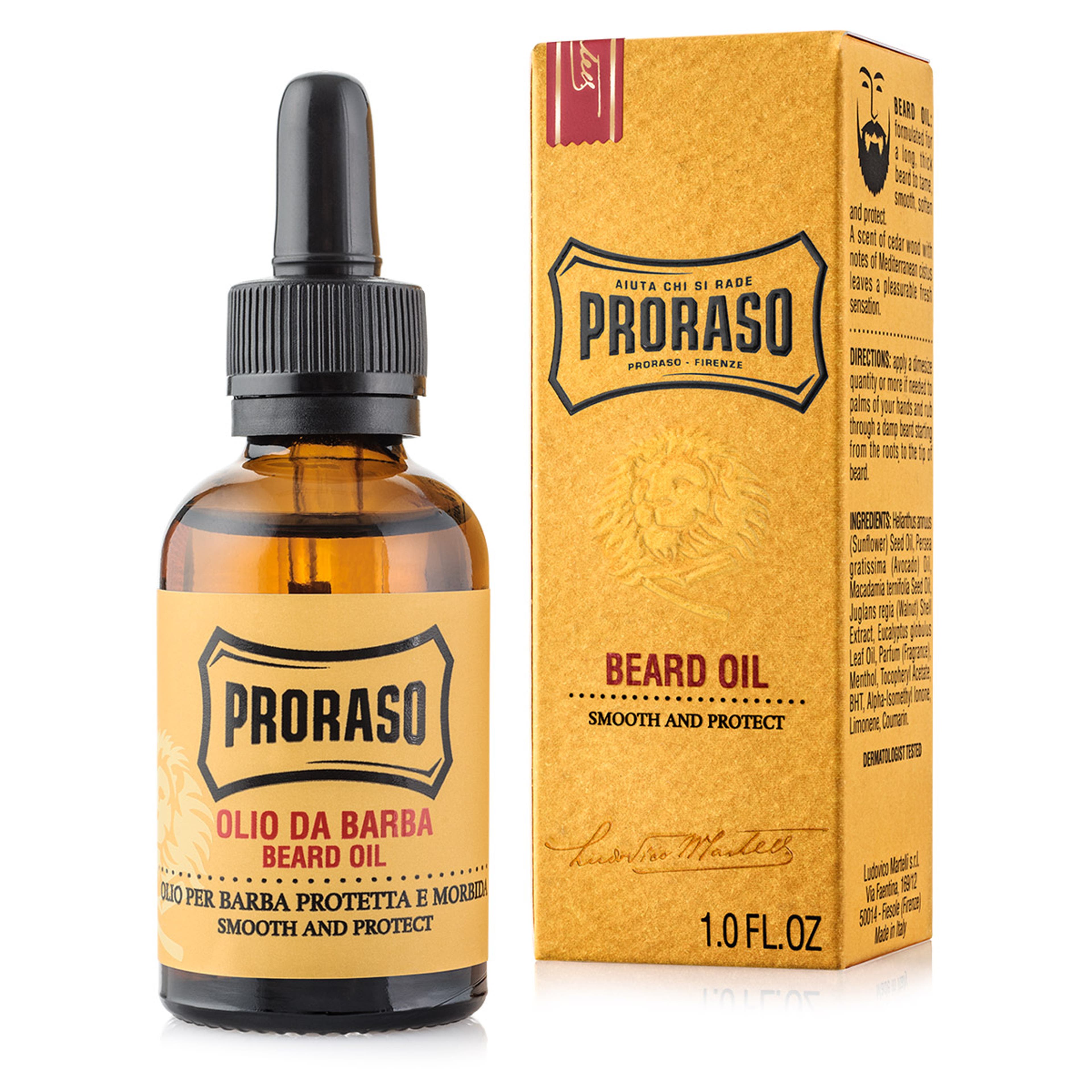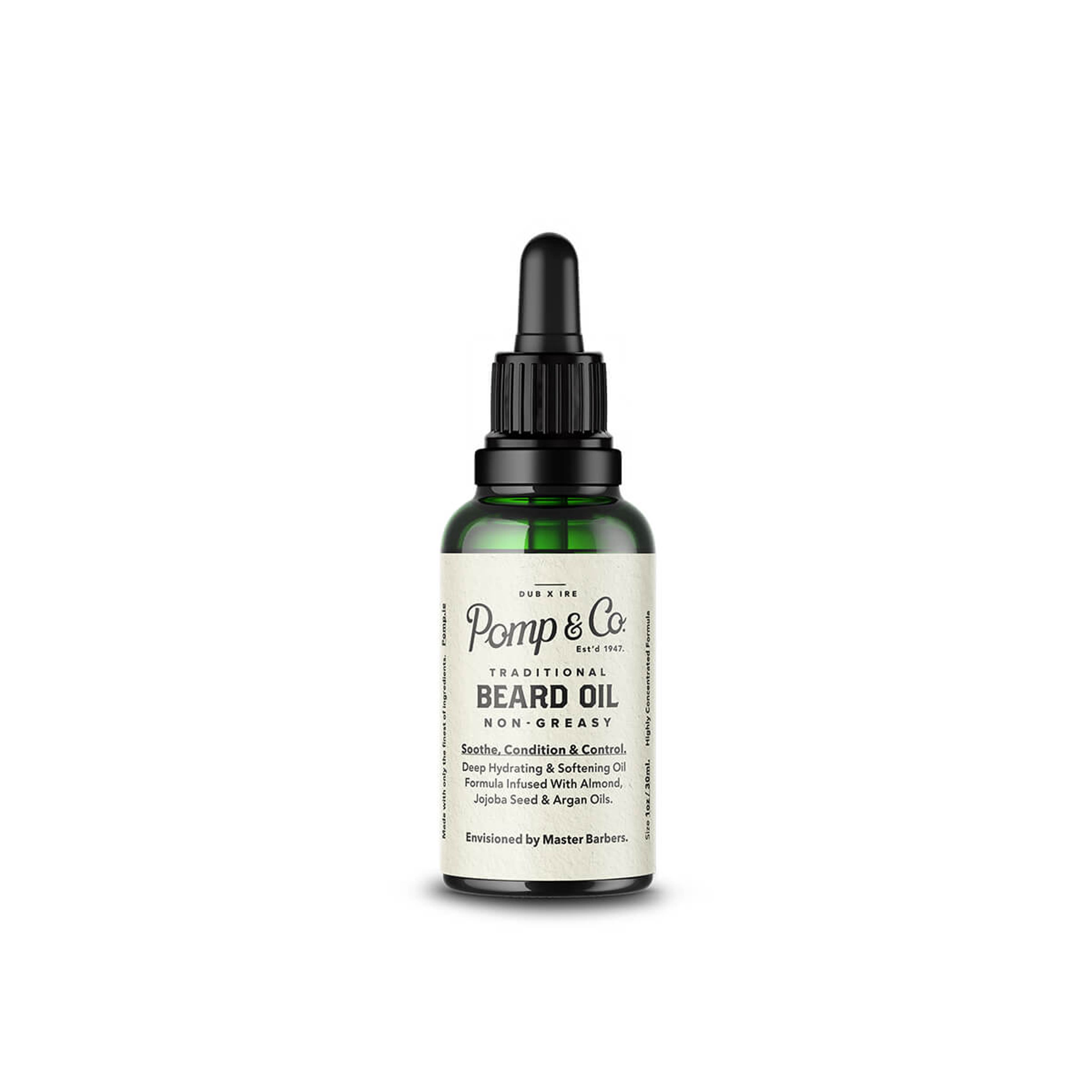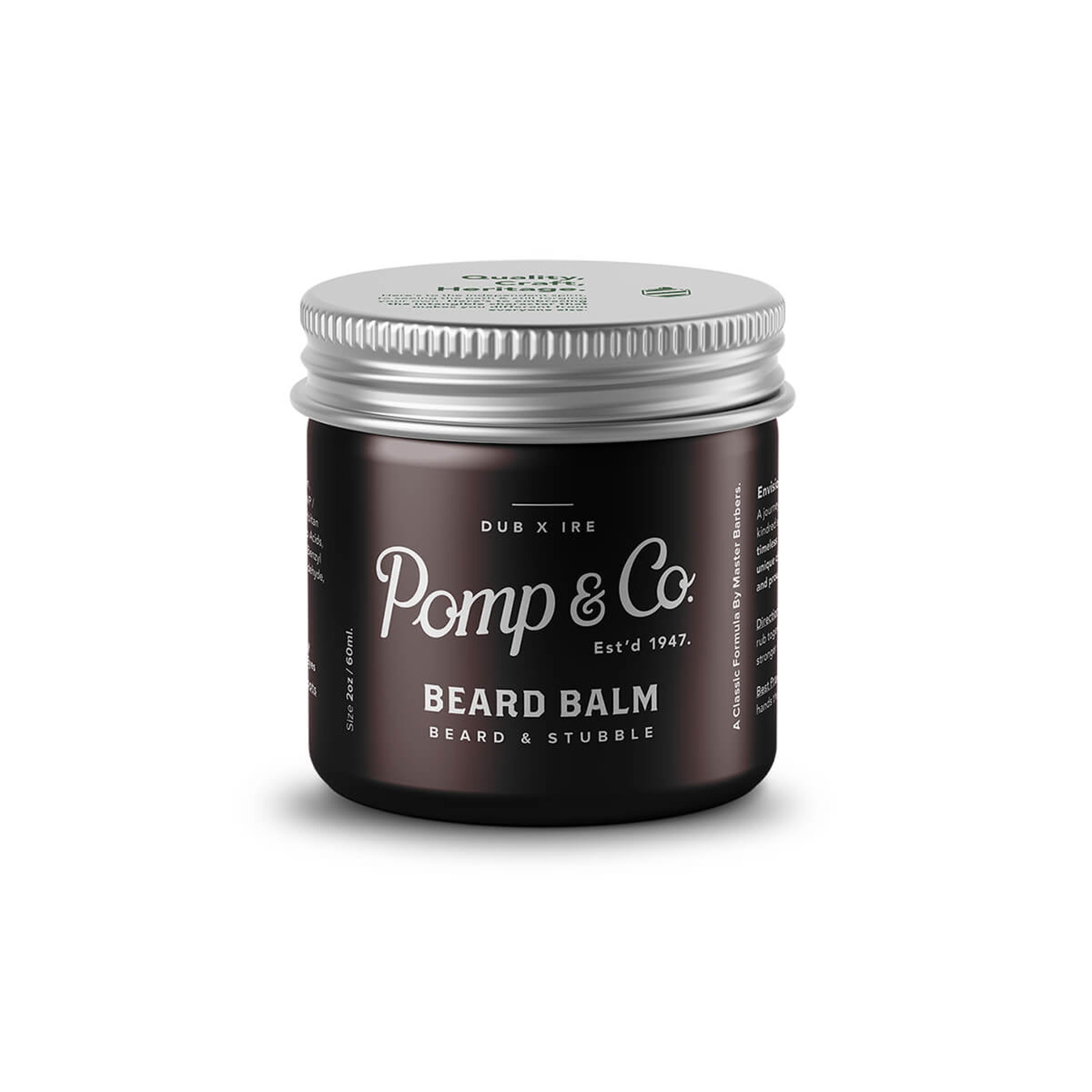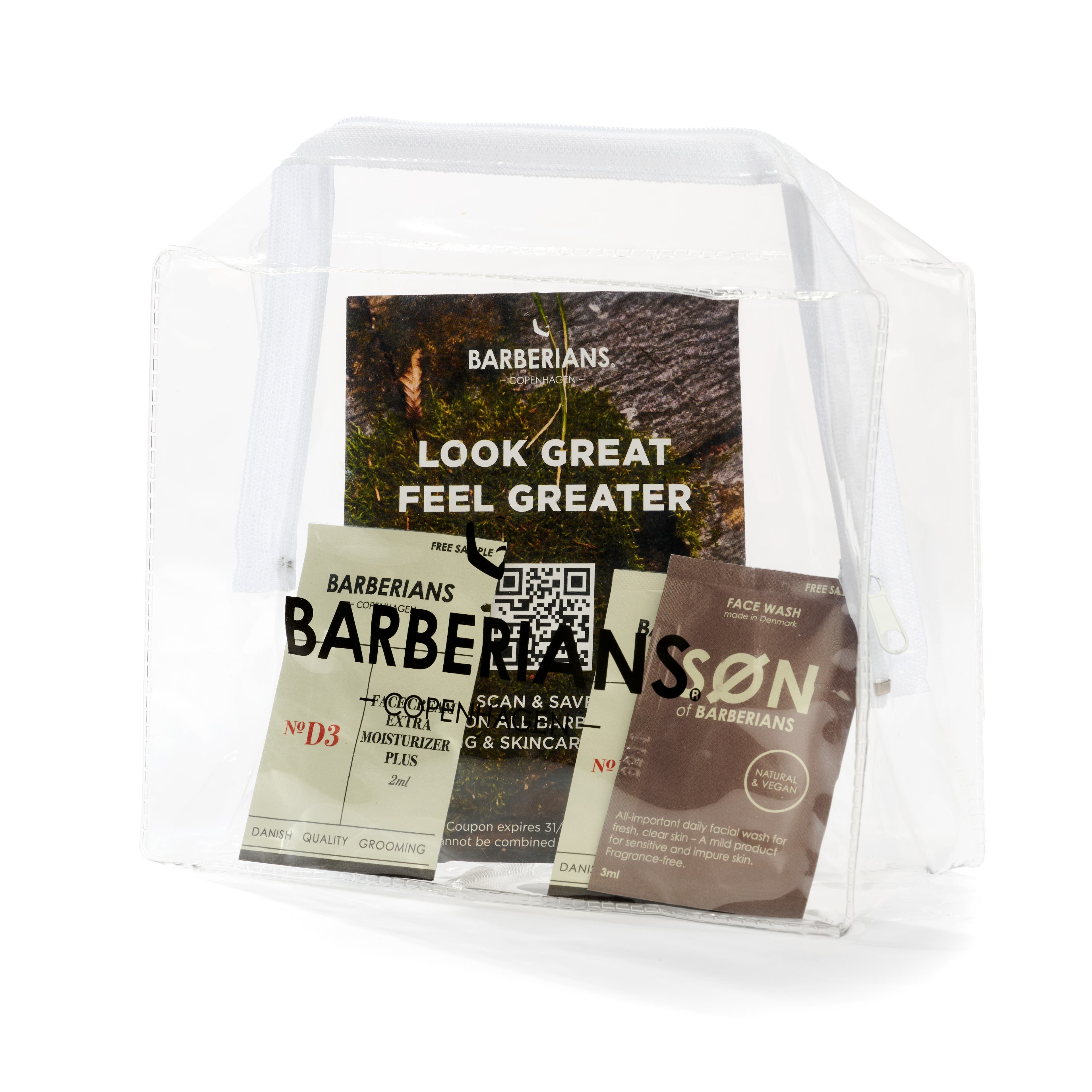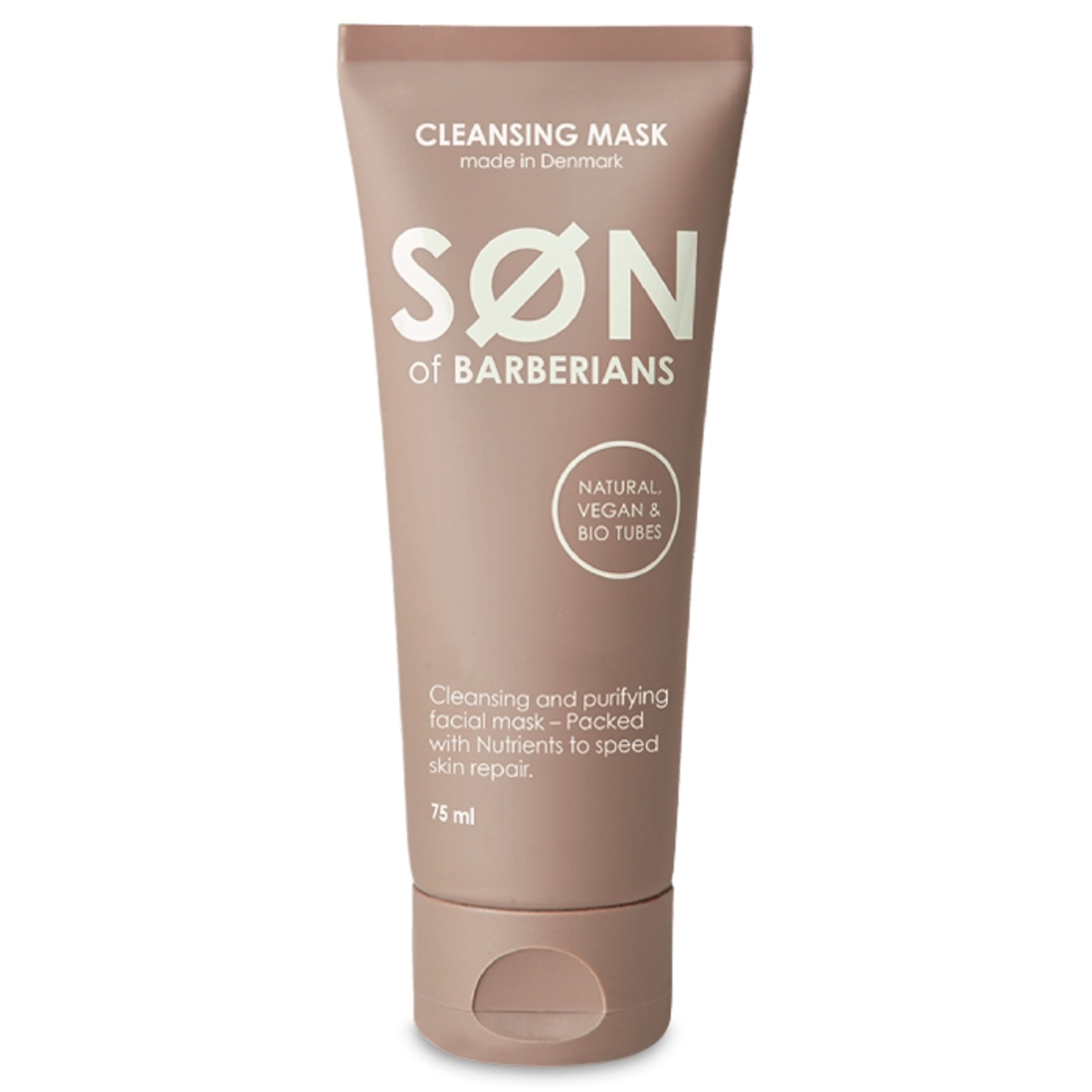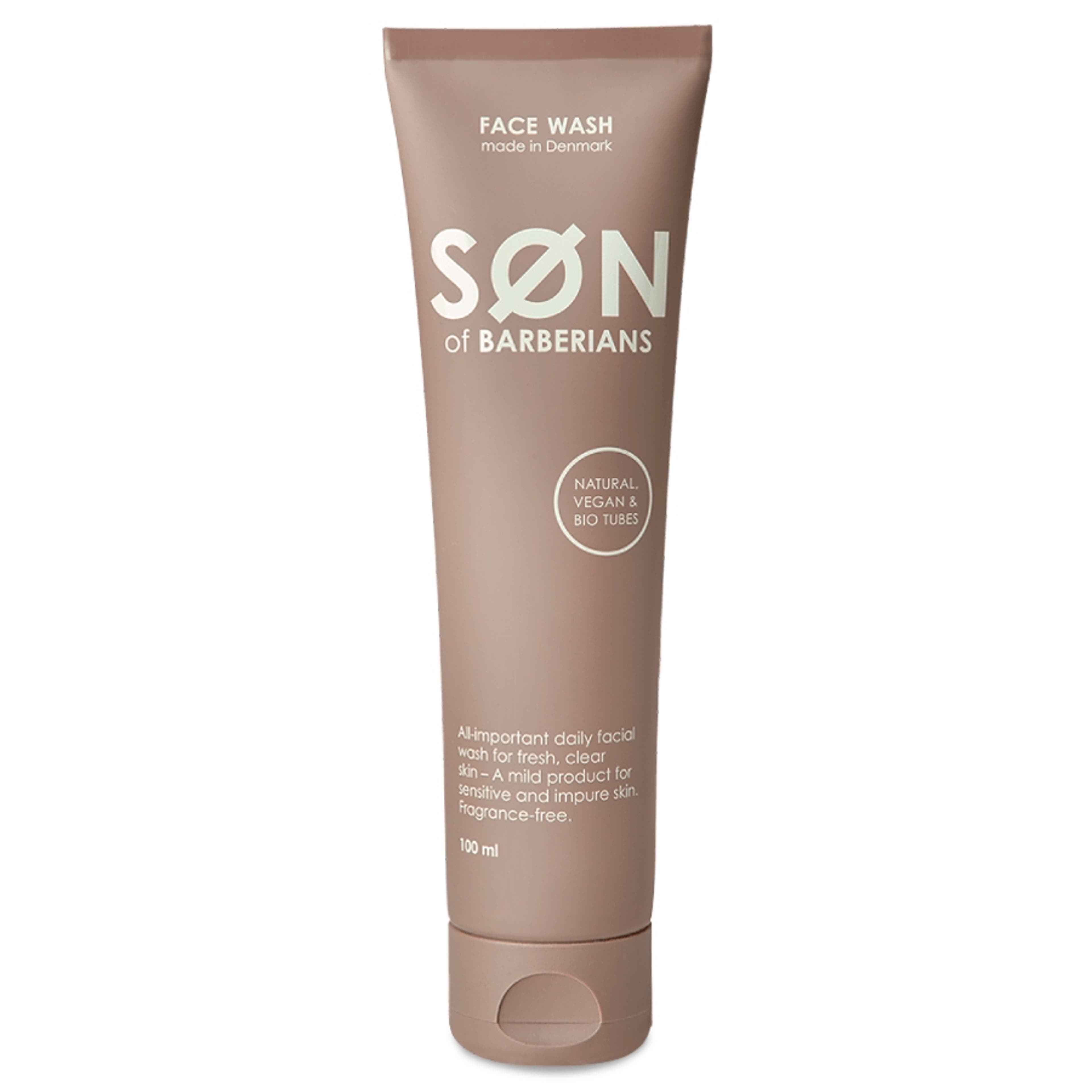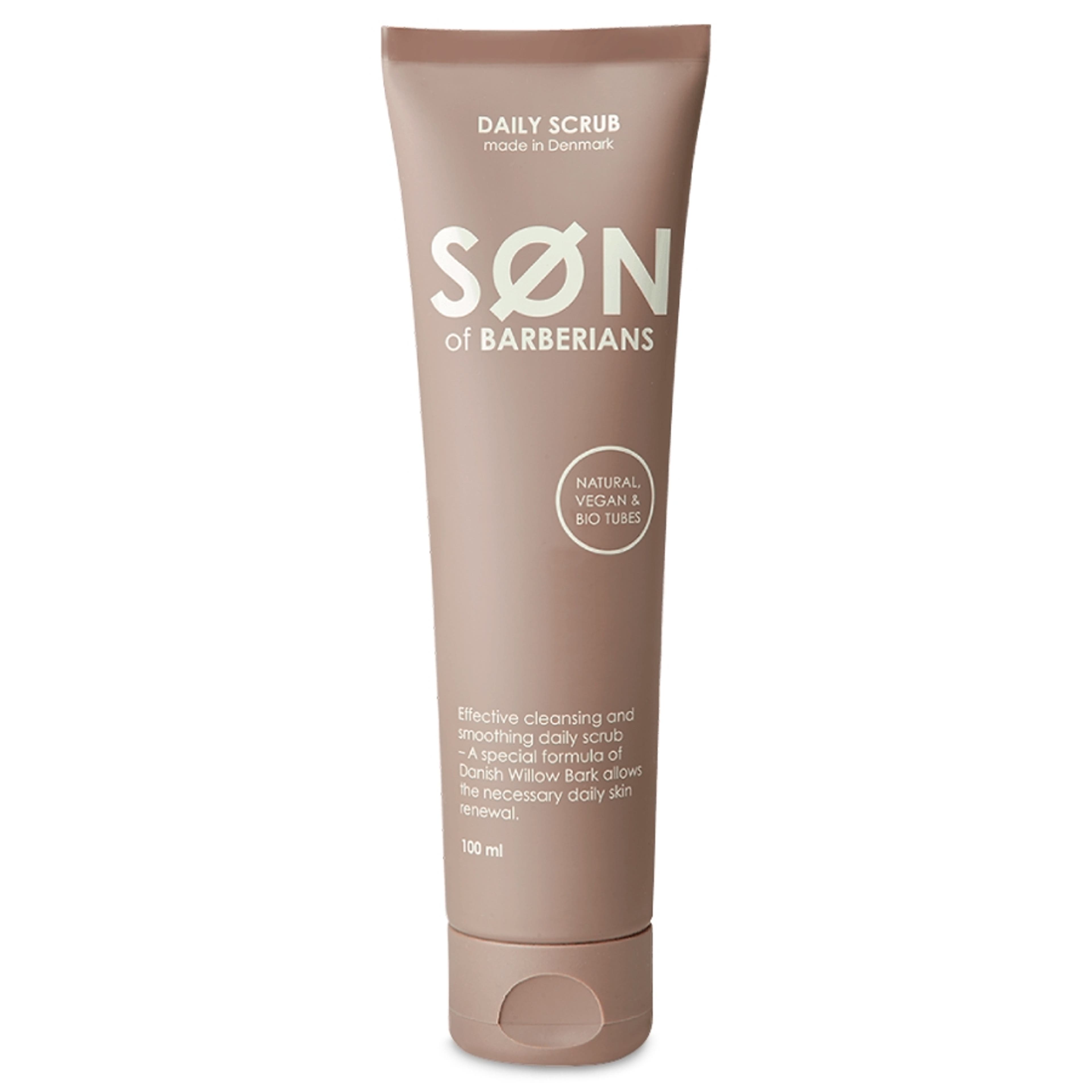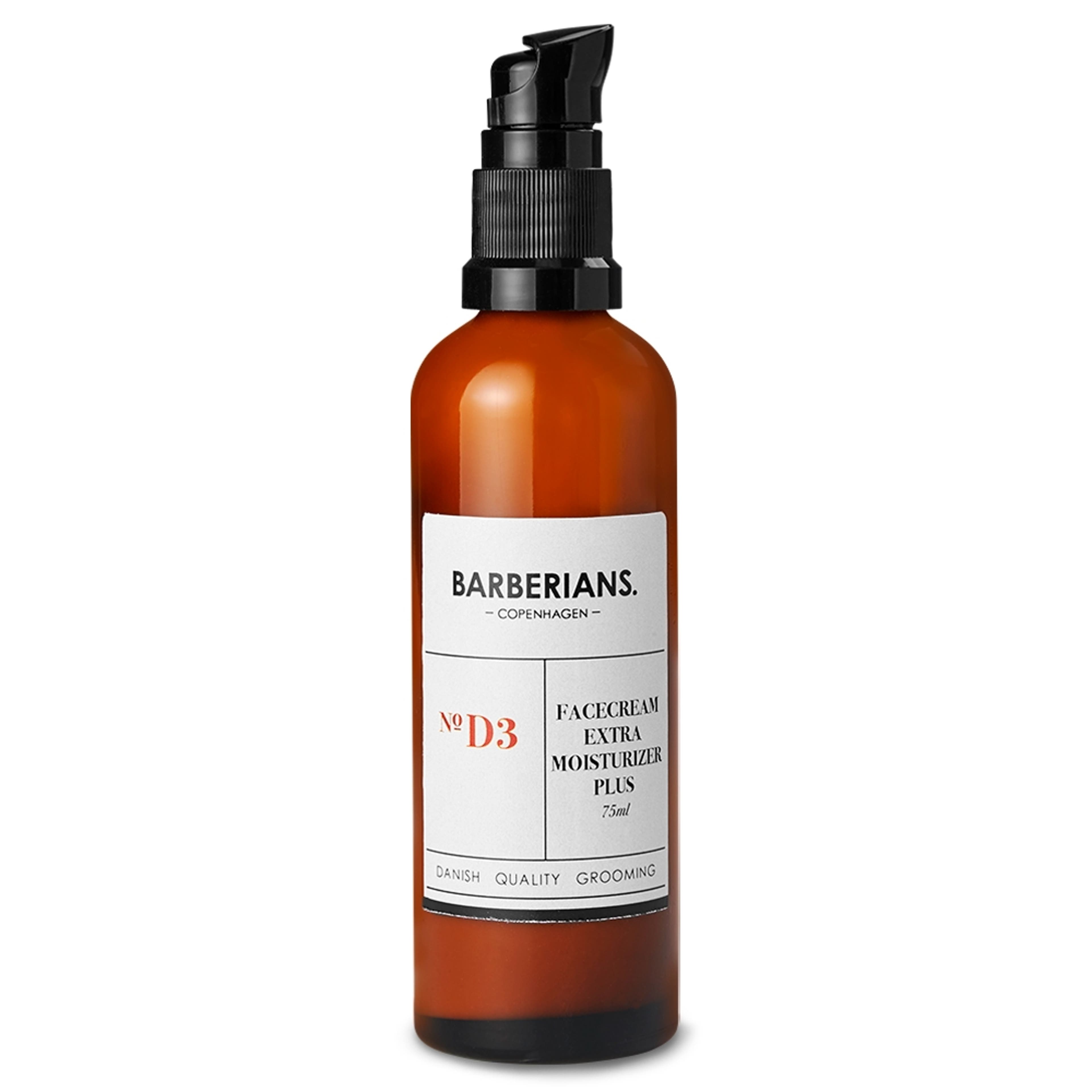What to Wear to a Job Interview: A Guide for Men
You've scored an interview, but now – what to wear to an interview? No matter the job, our complete guide helps you create a look that's polished and put-together.
You’ve written a CV that can only be described as epic. Your deal-closing handshake is the right amount of grip and tenderness that causes recipients to be impressed and slightly weep with envy at your masculine prowess. And your references are on standby with rave reviews of your professionalism, character and work ethic (thanks, grandma).
You’ve officially done all you can.
But what will you wear to the interview?
All that preparation and now you have to get dressed? An interview is literally about being judged. There is no other moment in life where you’re on display with your past, present and future being combed over like stones in a Japanese garden.
We’ve come up with a comprehensive guide to help you plan and execute your interview outfits with ninja-like precision and put some much-needed Zen back into the actual preparation for the interview. You know… the questions and stuff.
Plus, you’re in luck; we’ve interviewed and surveyed senior employers and hiring managers who shared their tips on what to wear, and importantly, what not to wear to an interview. Spoiler alert… you can leave your ‘Dad vibe’ quarter zips at home. As for skinny jeans? Criminal.
First Things First...
Find out what your future colleagues are wearing. Check out the job’s website, LinkedIn account or social media and see what people look like.
Pull a stakeout at your future office around lunchtime. How are the men dressed? Suited-up or smart casual? Take what you see and do it better. The goal is to have the interviewer picture you working there. Fitting in is just as important as being a standout hire.
We know every workplace is different and unique – just like the actual job. Dressing for a startup is completely different than dressing for a corporate office.
Taking our tips and ideas for what to wear to an interview and making them your own is the best way to go. It’s always better to overdress than show up in shorts and sandals.
Ideas for Corporate or Formal Business Setting Interview Attire
- Suit in solid charcoal or navy blue – 2 button, single-breasted with notched lapels
- Dress shirt with barrel cuffs in white or blue (colour coordinated with the suit) – subtle stripes can work too
- Leather belt that matches your shoes
- Tie
- Dark socks
- Conservative leather shoes that match your belt – Oxfords or quarter brogues
Ideas for Smart Casual (Business Casual) Interview Attire
- Navy or charcoal grey blazer
- White button-down dress shirt with barrel cuffs
- Dark denim jeans or khaki chinos – well-fitted and with a tailored look (not baggy)
- Leather shoes that lean toward being dressy – Oxfords
- Option: Brown, black or navy sweater with a dress shirt – keep the sweater’s texture simple and clean (no ugly Christmas sweaters, please)
The Tie
Traditional ties make the best first impression.
Showing Balder Geo Remix Tie Bar & Baron Silk Boho Tie
The interview is not the time to pull out all the stops and wear the wackiest colour combo you can find. There’ll be plenty of time to make a statement after landing the job.
Err on the side of caution with a more traditional tie that matches your outfit. Stick to a dotted, striped or paisley pattern with conservative colours. The hiring managers we spoke to said clashing and bright colours are examples of what not to wear to an interview ever.
For a touch of formality, add a tie bar (matching your watch). It’ll keep the tie neatly in place and serve as an exclamation point on your ‘hire me!’ statement-making outfit.
Not sure which knot is the one to seal the deal? You can’t go wrong with a Half Windsor Knot.
And the wacky novelty tie from your aunt? Save it for the office Christmas party.
Should you wear a bow tie to an interview? Because even the simplest, most subdued bow tie makes a statement, save yours until after signing the contract. The last thing you want is for your CV and professional qualifications to be overshadowed by a silk bow around your neck.
The Watch
A simple watch with clean lines shows attention to detail.
What watch should you wear to a job interview? This may seem like a silly question. Who cares what watch you wear as long as you’re qualified for the job, right? Wrong.
An interview is one of life’s occasions where details matter. Every line in your CV has been scrutinised and now you’re sitting in front of the person who did the scrutinising. Each detail about your person builds up to a larger picture – the ‘will he fit in here’ picture. The senior employers and hiring managers we spoke to indicated that watches were one of the top things they look for when it comes to first impressions.
If you’re interviewing in a suit, choose a watch that matches the formality. Go for something simple, clean and tasteful. Can’t go wrong with simple.
If you’re interviewing in business casual and you happen to love sports watches, choose the less boisterous one from your collection. Considering every aspect of your look – even the small ones – shows you have an attention to detail. And what HR Director isn’t looking for that employee?!
A part of focusing on the details means making sure metals match. The metal in your watch should match other metals you’re wearing. If yours has a leather band, be sure it matches your belt.
The Bag
A slim, classic leather bag will carry you through an interview.
Showing up empty-handed (or worse, holding your phone) to an interview is a serious no-go. Rocking up with your gym bag is equally wrong. The bag a candidate brings with them is something that can be spotted immediately from a waiting room full of interviewees, which is why it’s no surprise the hiring managers we spoke to said that this was one of the main men’s accessories they look to make an initial judgement on an interviewee.
While you don’t need to take your home office with you, it’s always a good idea to bring a small notebook and pen. Even if you don’t write a single note during the entire process, having it on the table in front of you tells your future boss that you’re attentive, ready for action and prepared.
Will you need to show your work? Take your laptop with you just in case. Make sure that you’ve downloaded files or examples of your work to your desktop. It’s not a coffee shop… don’t ask for the wifi. And don’t expect the interviewer to wait patiently while you scramble to find examples of your work either. Be prepared.
What’s the best bag to carry to a job interview? For most situations, leave the bulky duffel bag at home and opt for a streamlined messenger bag or satchel bag. Choose one in high-quality leather with simple lines and classic detailing.
Other classic shapes to consider include tote bags, laptop bags and folio bags.
The Belt
Cinch the deal with a simple leather belt.
The belt should always match your shoes and the shoes must match the outfit. This means that a quality leather belt is the only option. A belt ‘shows effort’, according to one of the senior hiring employers we interviewed, which is of course a valuable trait in a candidate for a role.
Choose one with a simple buckle – in a matte metal that goes with the metal on your watch.
What Not To Wear To An Interview
Whilst talking to hiring managers, we gleaned some valuable insight into not only what to wear for an interview, but what not to wear to an interview. According to a large percentage of respondents, quarter zips were a big no-no, as they were said to give off ‘Dad vibes’ - or the impression that a candidate has ‘strolled in off the street after a country pub lunch’. ‘Loud’ patterned shirts were said to be more suitable for nights out - as were strappy shoes, sunglasses and untucked shirts. Skinny jeans in an interview setting were described as ‘criminal’.
The data also highlighted that those opting for trainers were less likely to leave a good impression, at just 6%. Jeans and T-shirts (8% respectively) were also less likely not to leave a favourable impression in a job interview. But don’t worry, you’ll still be able to don your sunnies, skinny jeans and bucket hats for your summer festivals line up.
The Smaller Details
Showing you can focus on them is an important skill for any job.
We are obviously fans of accessories. All the small bits help tell your story and make it unique. An interview, however, is not the time to go too far from the shore.
It’s important to consider your cufflinks, tie bar, pocket square and lapel pin. While these items can lend personality to a bland suit and tie, they can also give the wrong impression.
Remember that you want to look polished and professional. If you’re getting dressed and feel like hitting the club… you’ve gone too far. Don’t let your outfit pull focus from your qualifications.
Can you wear bracelets to a job interview? It’s always best to err on the cautious side and leave your bracelet at home.
As with your belt and watch, make sure metals all work together and match.
The Most Important Accessory – Your Face
Put your best face forward.
You can improve work-related skills and build up experience in a variety of disciplines to boost your CV… but you only have one face. It’s that face you’ll carry to the interview and hopefully land the job. Make sure it’s a good one.
If you aren’t already moisturising, start now! Getting control of flaky, dry skin is important in looking your best.
Make sure your beard is well-groomed and you’re taking care of it with a beard oil. If you’re clean-shaven, give yourself time to shave without having to rush and showing up at the interview with bits of toilet tissue stuck to your neck.
Pay extra attention to your hair. Go for neatly combed and brushed away from your face. If you’re due for a haircut anyway, get one 2 days before the interview.
5 Tips for a Killer Job Application & CV
If you don’t actually get an interview, it doesn’t matter how subdued your tie is, how classic your bag looks or how well-combed your beard is.
We’ve asked Daniel Baun, author and founder of Gurubeam, for insight into how to write a great job application and CV.
- Write to get the job – not the interview. “I need to see your relevance for the position – immediately. I don’t have time to think of you in the role, I need to read facts, experience and know immediately that I want to see more.”
- Structure your CV. “Keep the body of your CV structured. A simple spacing error or typo shows that you ignore details. Each dot on your CV says something about you. Be specific and tell me exactly what you've done at previous positions. Think: Newsletters three times a week for 15,000 readers, and I grew the list from 280. Specifics are key.”
- PDF. PDF. PDF. “Always send your CV and cover letter as a PDF. It’s easy to open and lets you control spacing, layout, etc.”
- Be yourself. “How was the job listing written? Was it written with humour? That’s key to how you reply. If the posting was stiff and corporate, then write accordingly. At Trendhim, we want real (inspired) people – not the stiff tell-me-what-I-should-do-and-I’ll-do-it types.”
- Edit. “Take your time when writing your CV and cover letter. Never rush the process. Write it today and read through it tomorrow before sending.”
You Asked – We Answered
Does dressing nicely for an interview show an attention to detail?
It can, yes. But a good interviewer will have questions prepared that truly show how much attention to detail you have.
Does dressing well for an interview give a strong first impression?
Unless you’re interviewing for a fashion company, the person doing the interview is probably quite normal. They may have no clue what is fashionable and how much effort it took to look as good as you do.
They’ll notice if you look sloppy or dressed poorly. That’s where the real first impression comes in. If you’ve made it to the interview, it’s because you’ve been selected and the company is interested in what you have to say.
You’re meeting the person who is about to (literally) pay your bills. Putting together a winning first impression surely couldn’t hurt.
WHEN IT COMES TO INTERVIEW OUTFITS, WHAT SHOULD I AVOID?
We interviewed and surveyed senior employers and hiring managers who told us that on the whole, quarter zips, ‘loud' patterned shirts, rolled-up sleeves, skinny jeans, trainers, untucked shirt, clashing colours, bright colours, strappy footwear and sunglasses are included in what not to wear to an interview.
Can I wear black to an interview?
A lot of sartorial advice says no. We say if that is what you have and it fits well, then go for it! Especially if it’s your first job interview or you’re just starting out.
If you have a choice between charcoal (dark grey) or a navy blue suit, opt for that instead.
What if my suit doesn't fit so well? Should I still wear it to the interview?
It’s most important that you are qualified for the job and can present your thoughts, ideas and personality during the interview. If the suit is insanely too big or too small, you’ll need to address that before wearing it. Borrowing your dad’s suit may tell the interviewer that you didn’t put enough effort into the process That’s a message you never want to send.
If the fit is close enough, make sure you’re well-groomed, your shoes are clean and your tie is straight – control what you can. And when the first paycheck roles in… buy a new suit.

